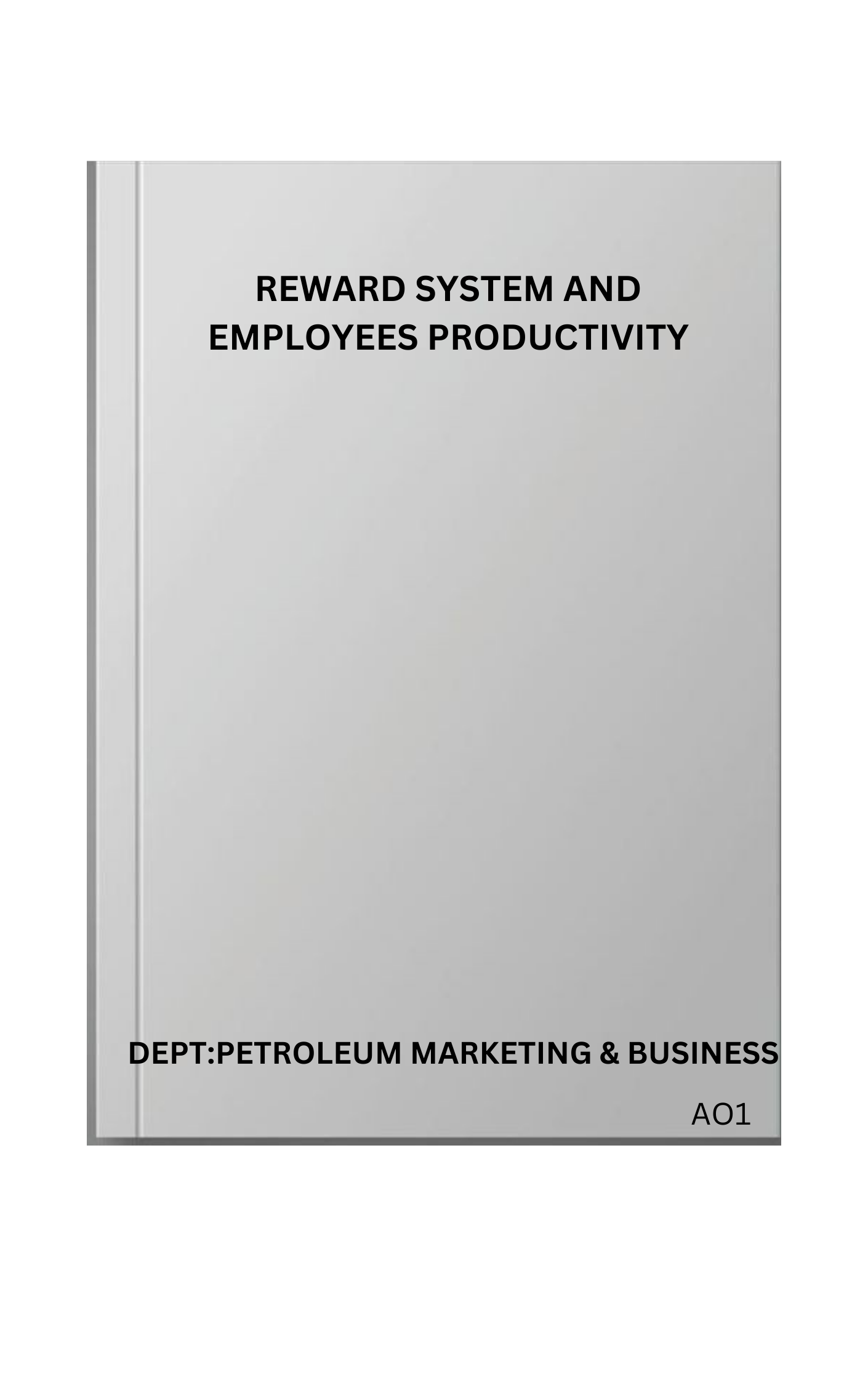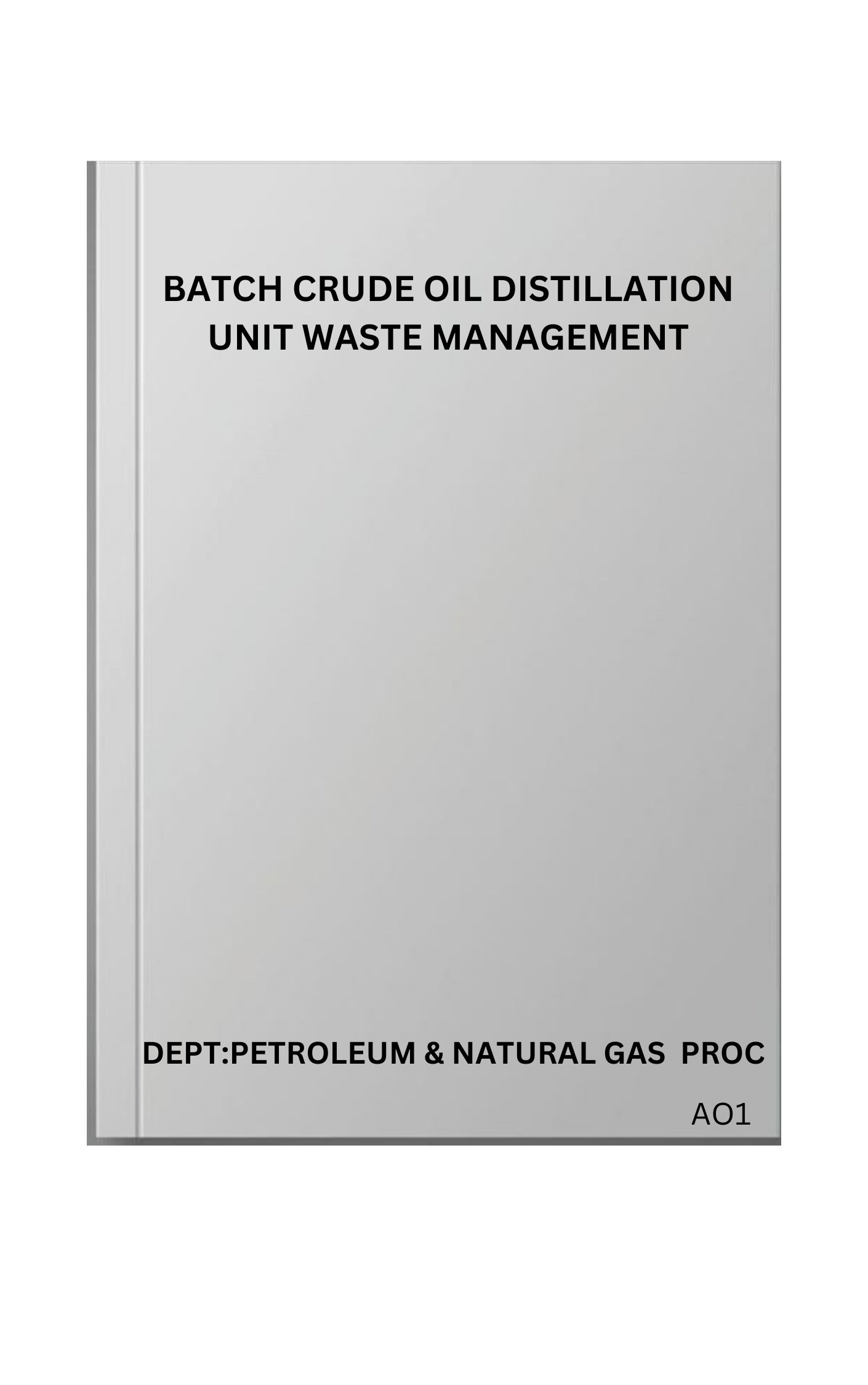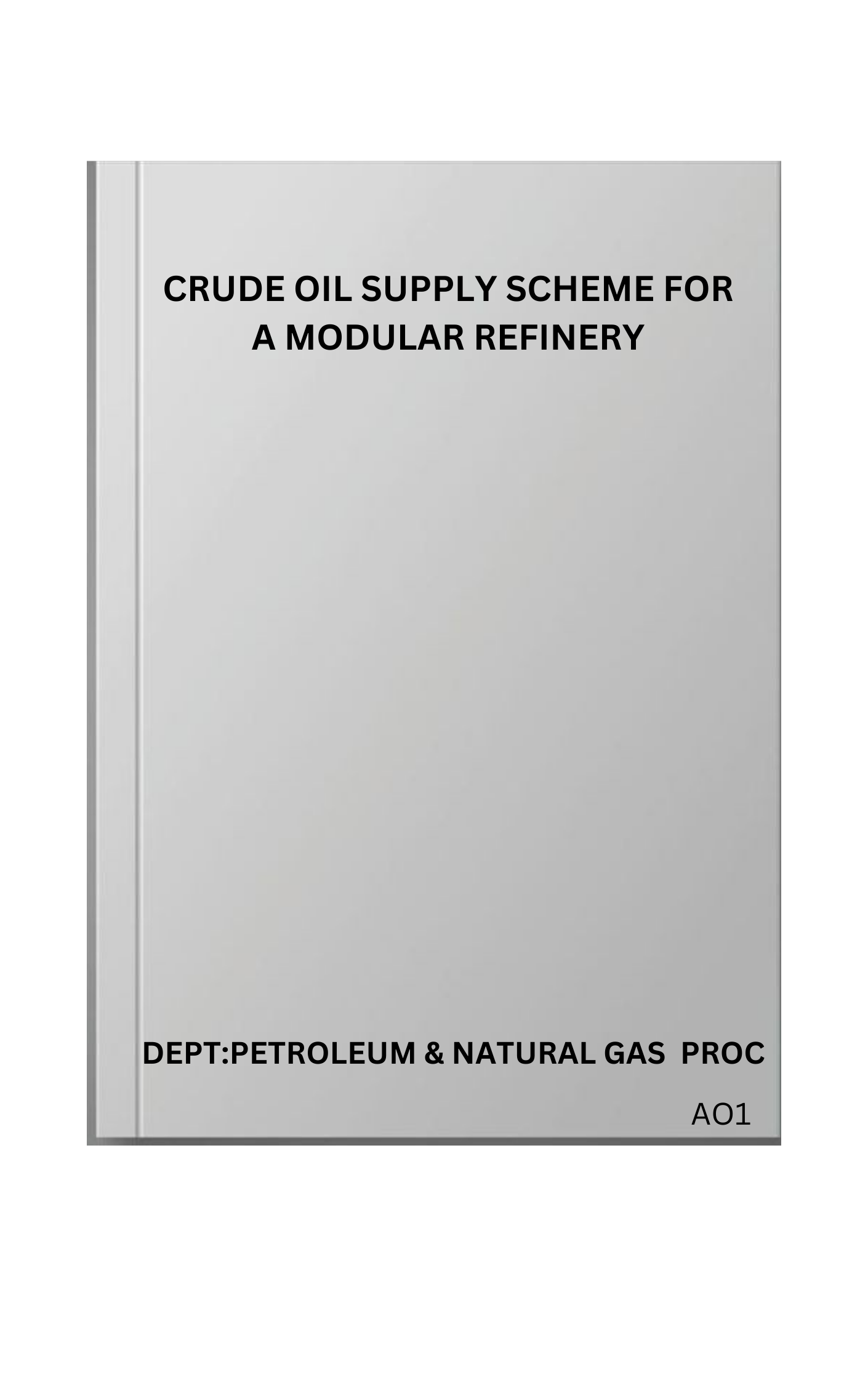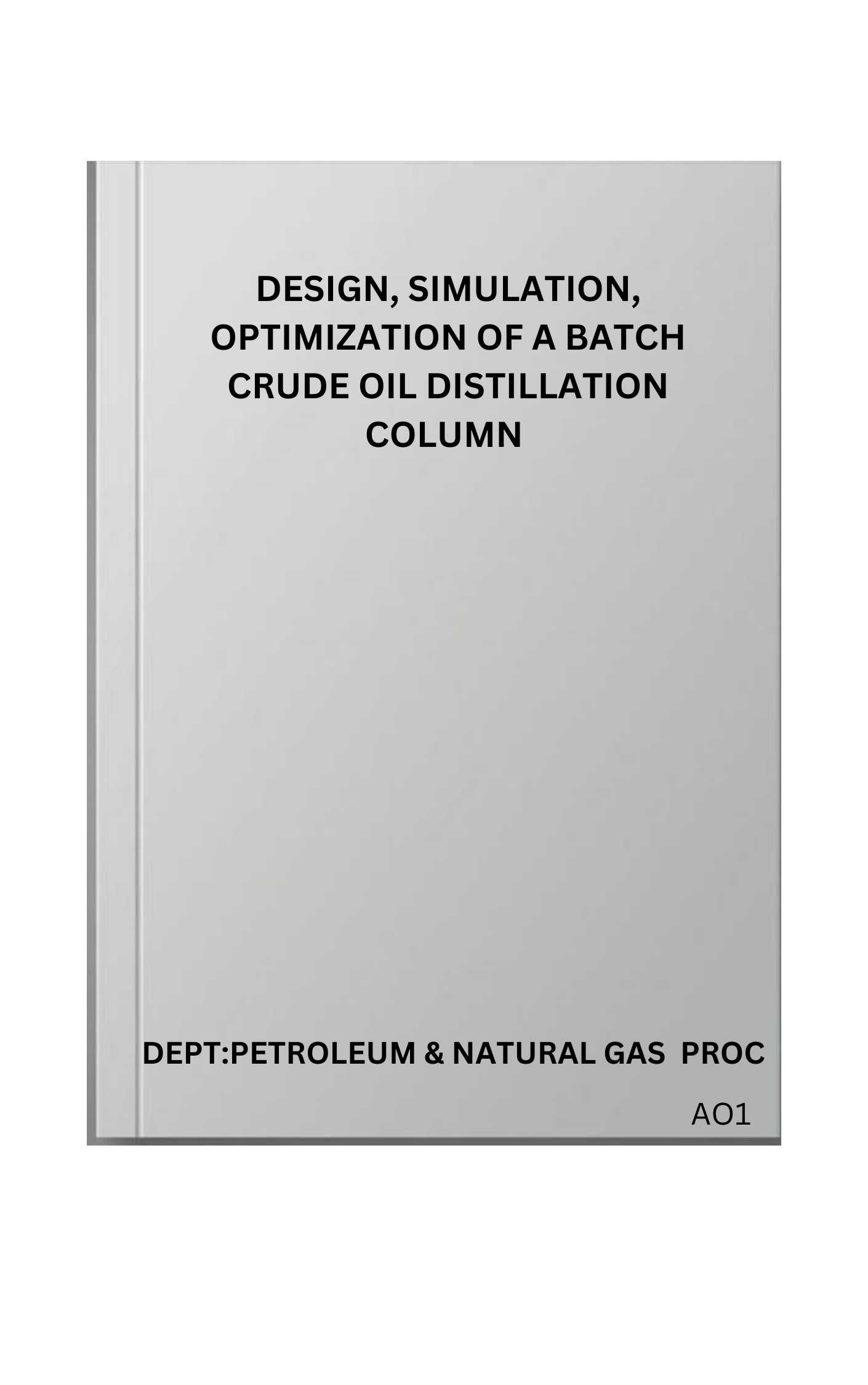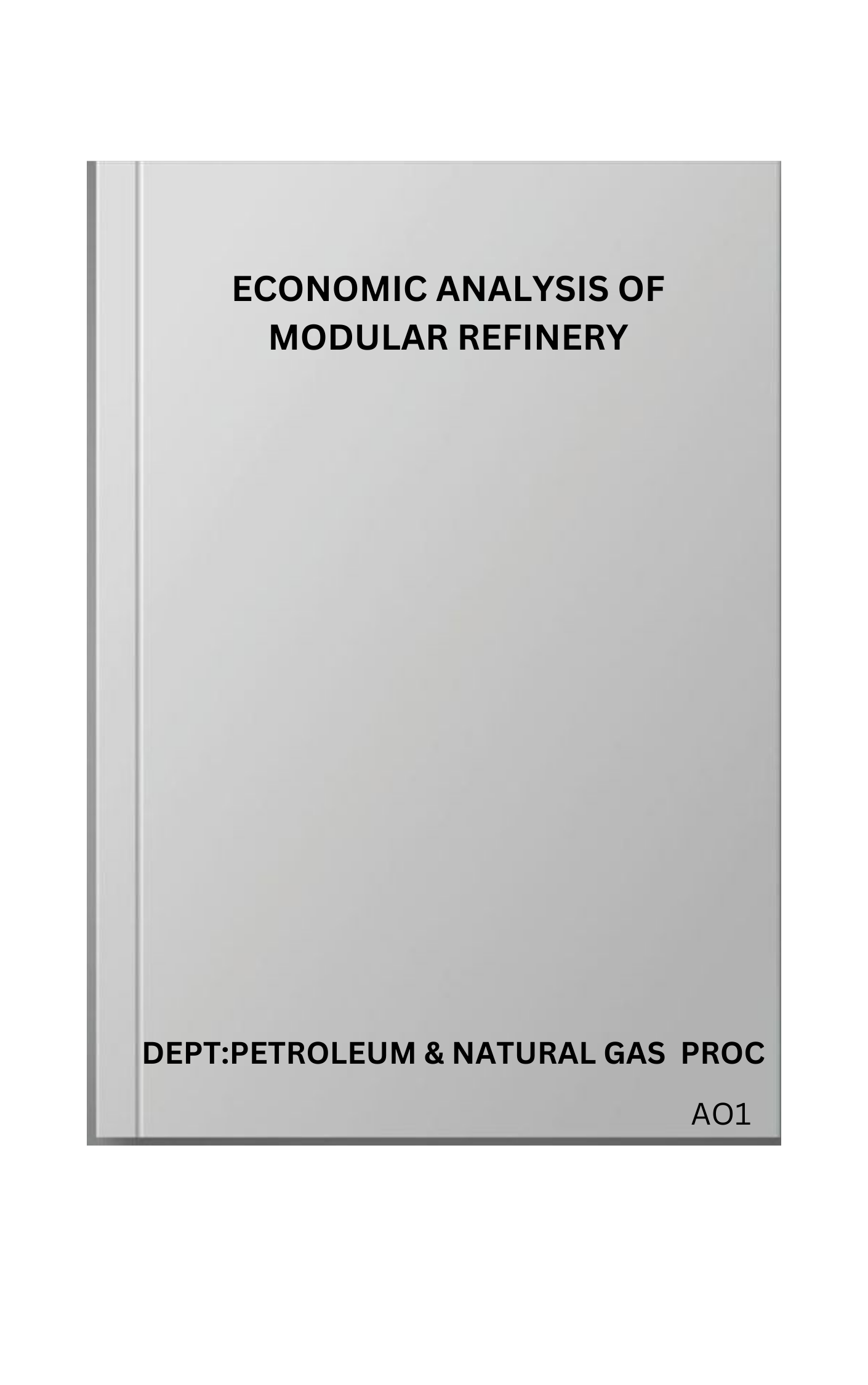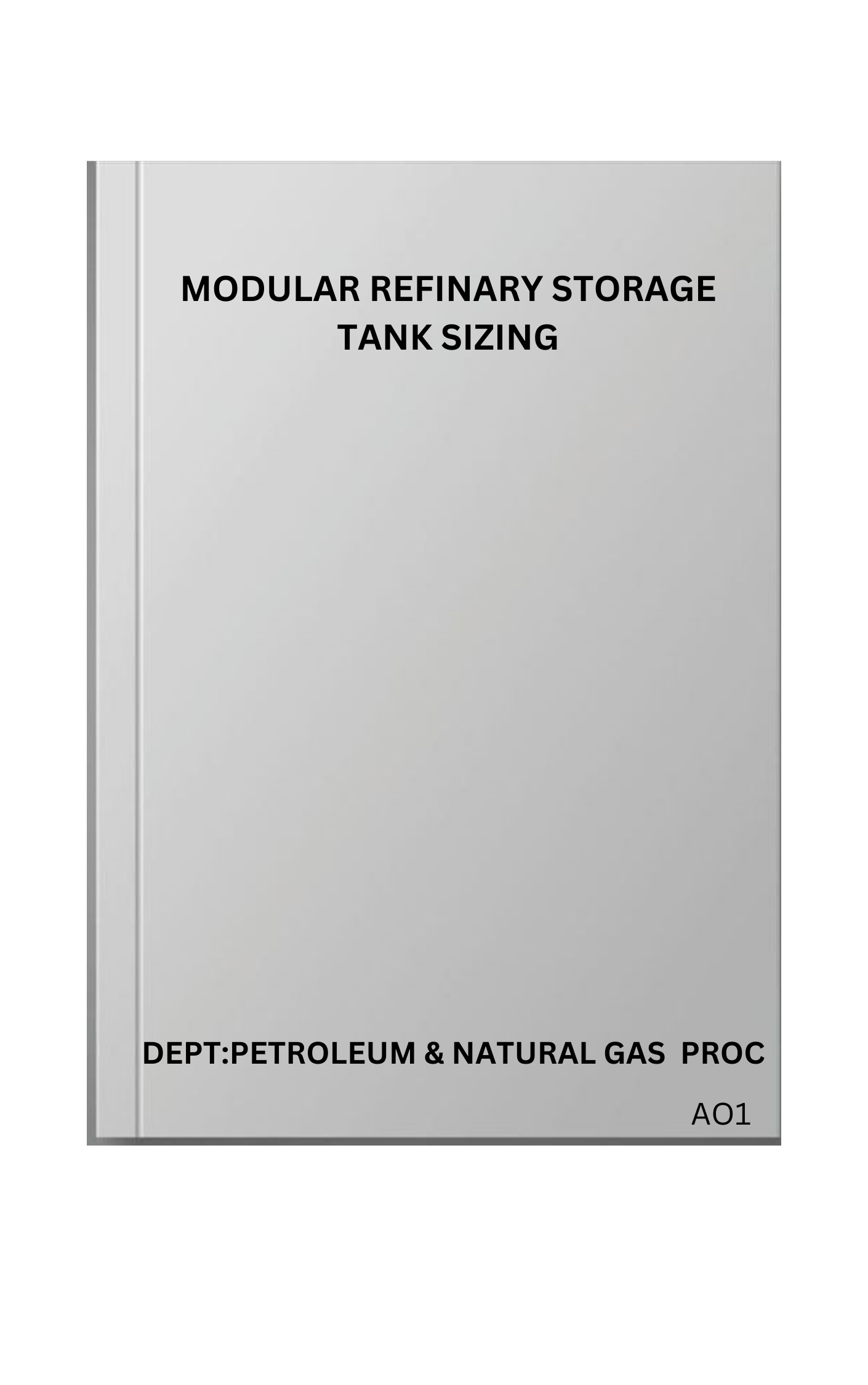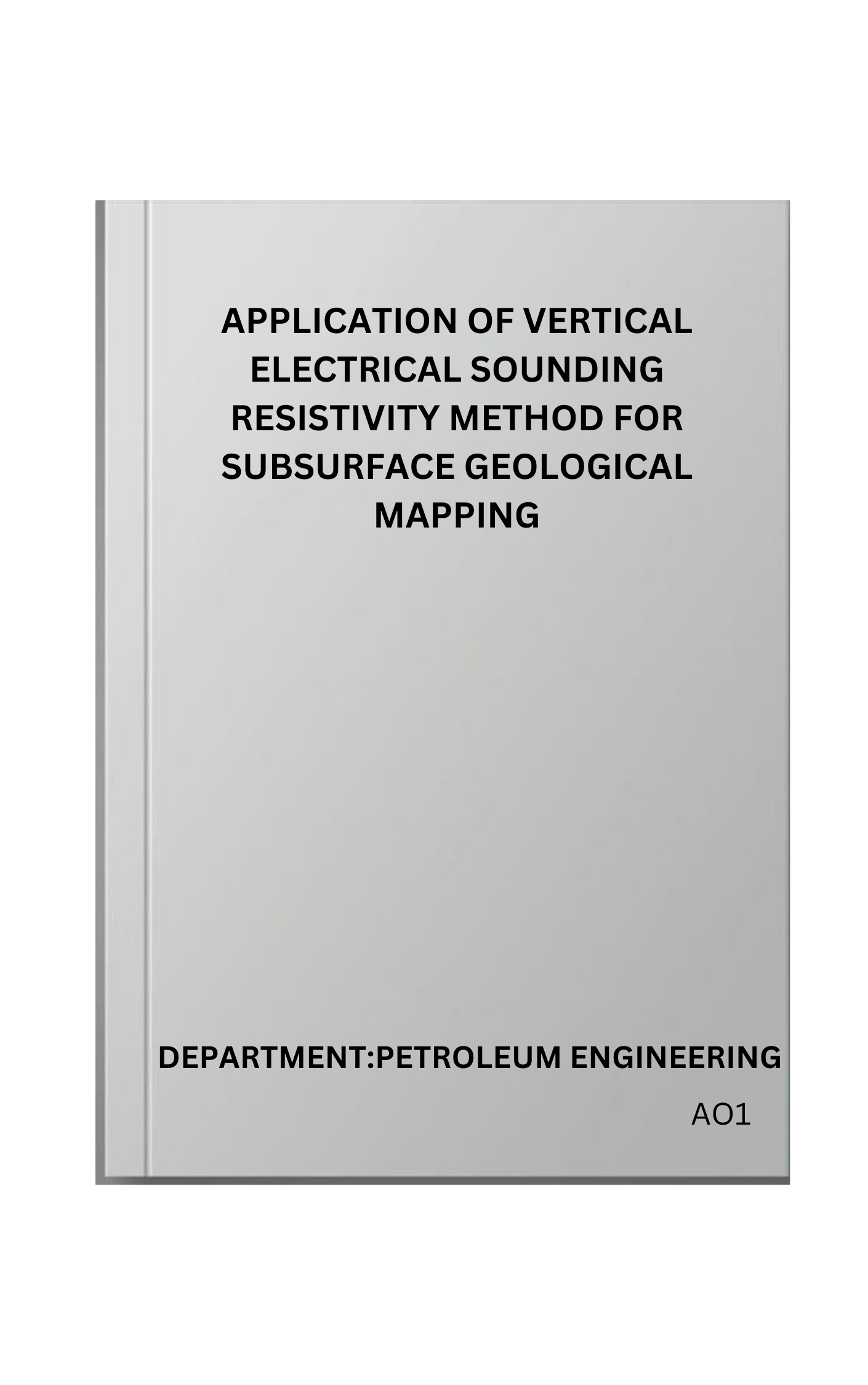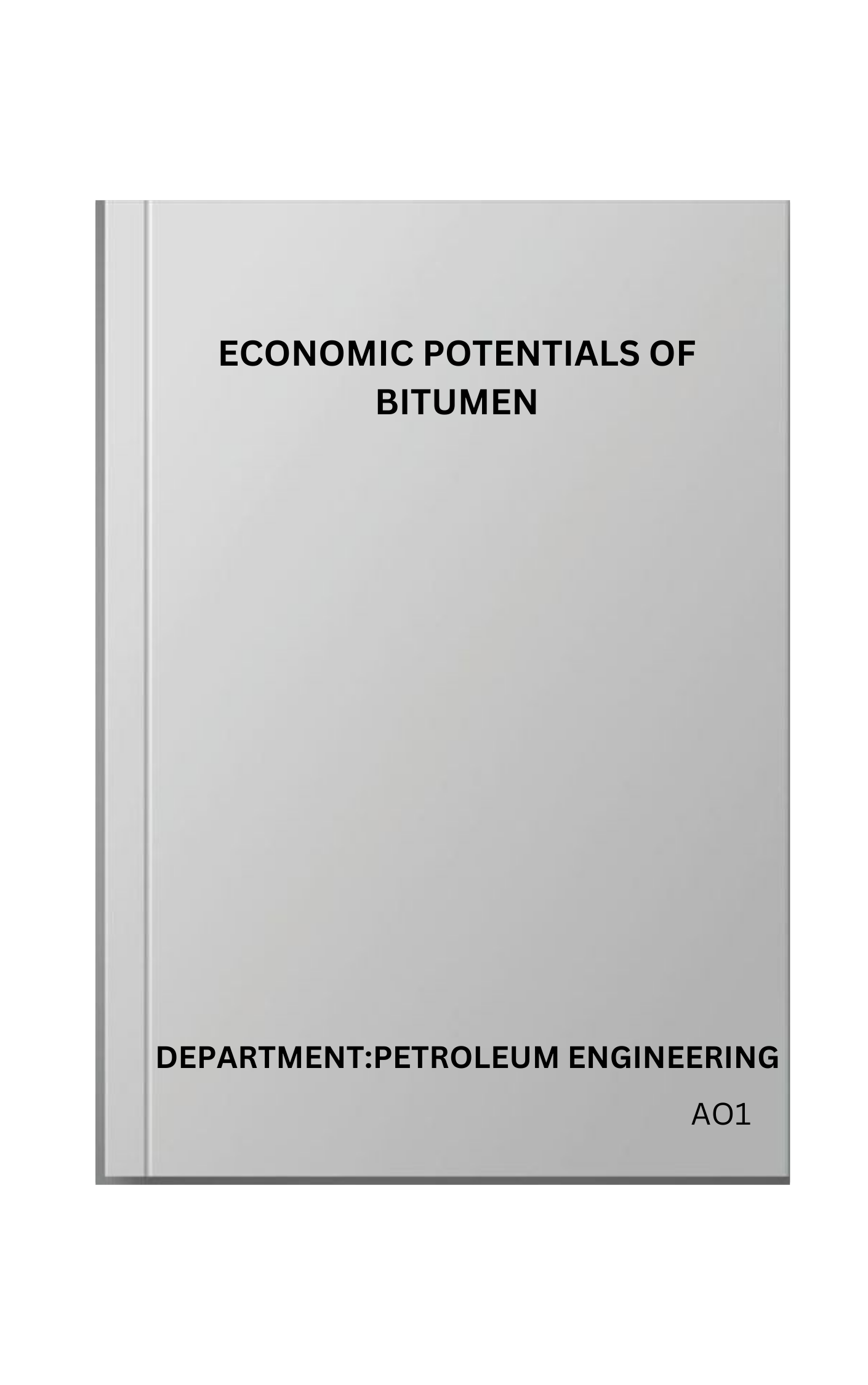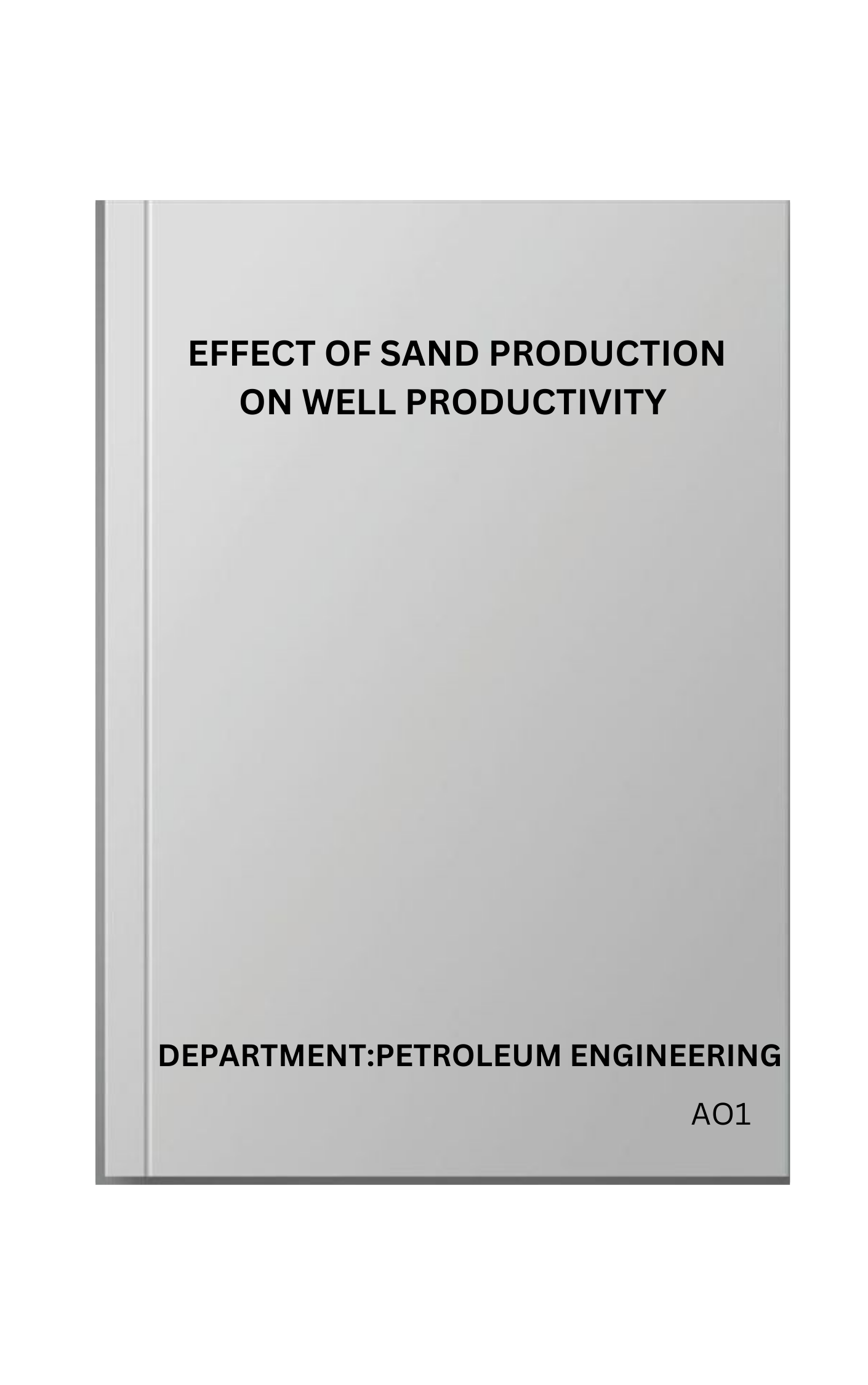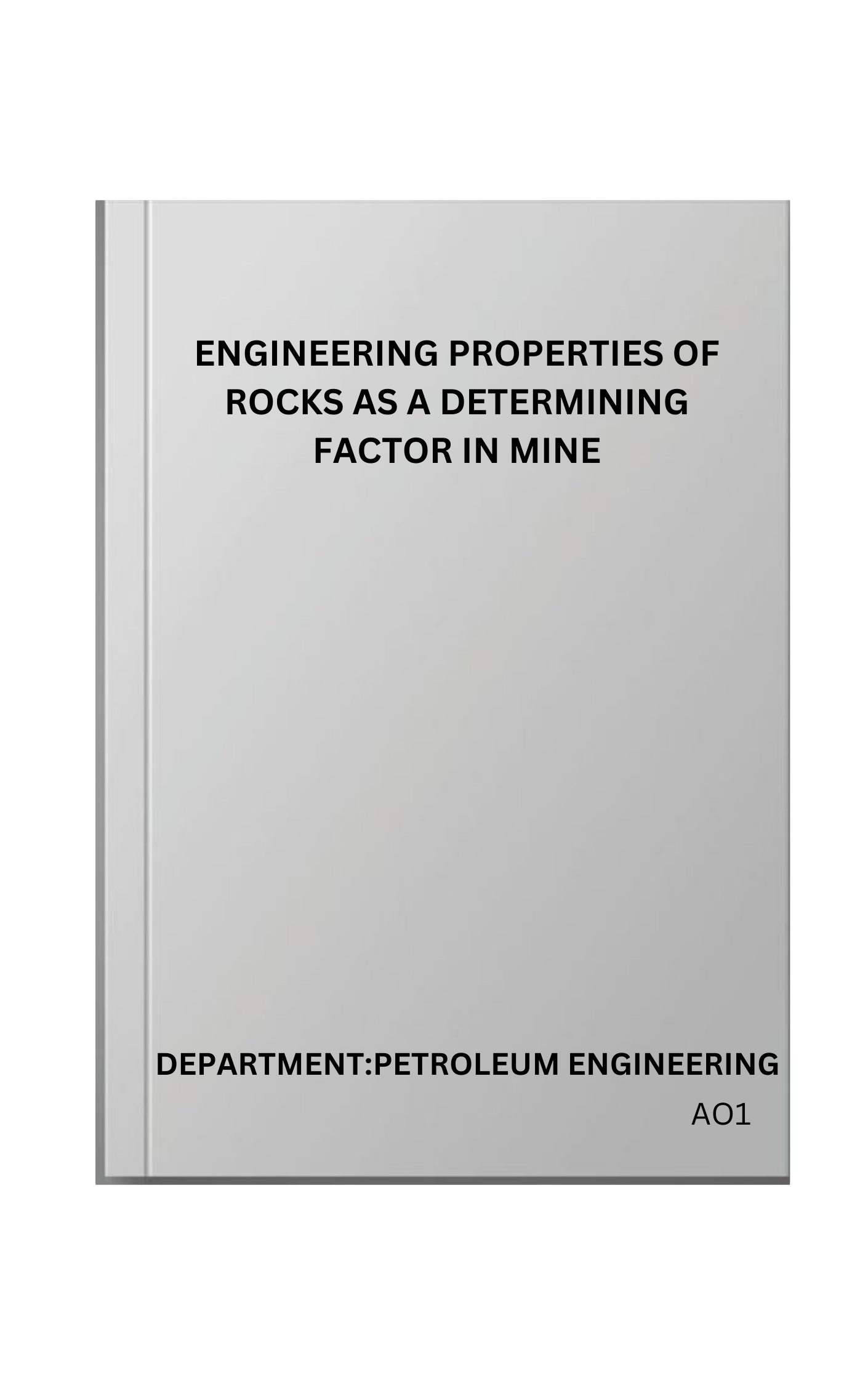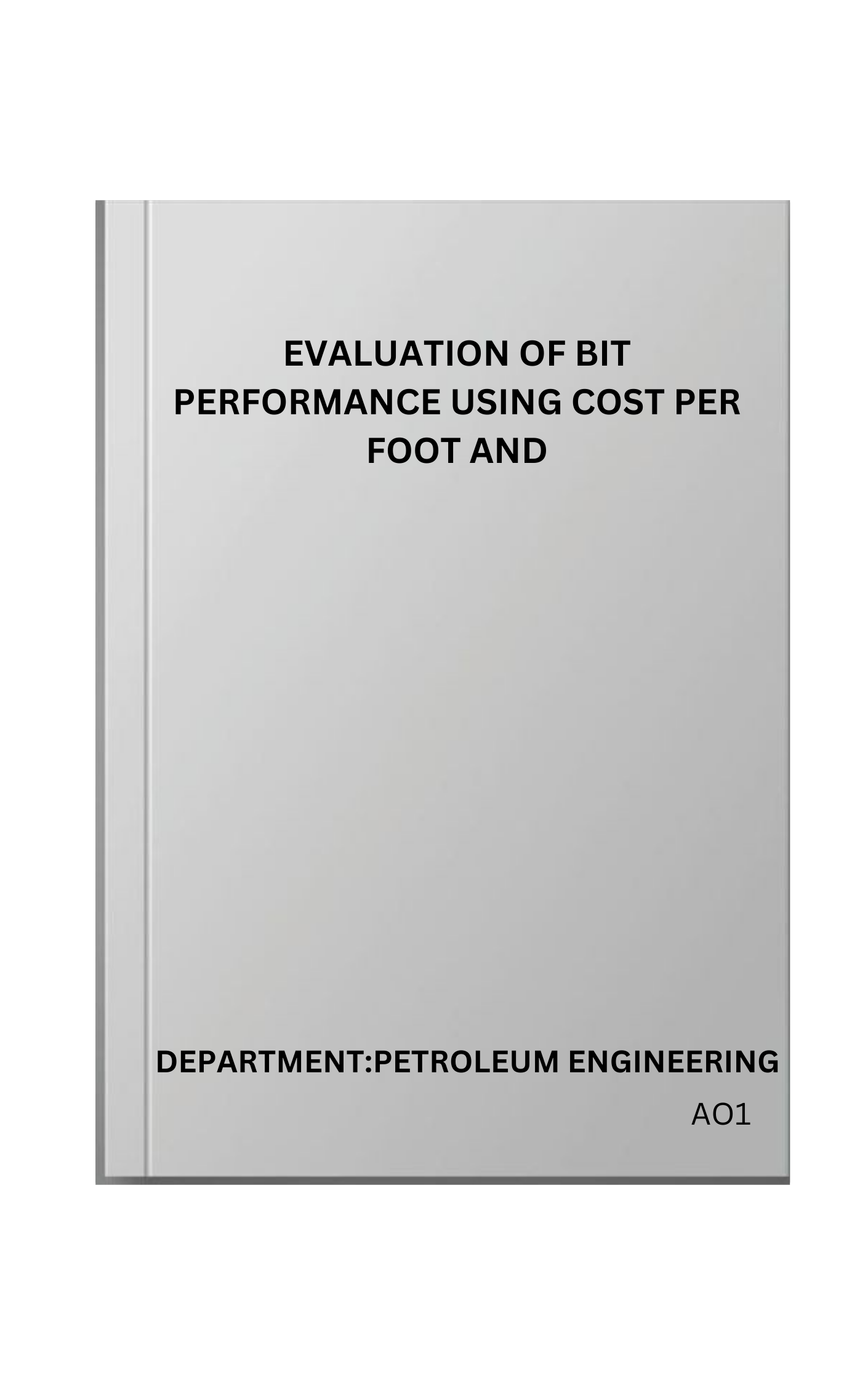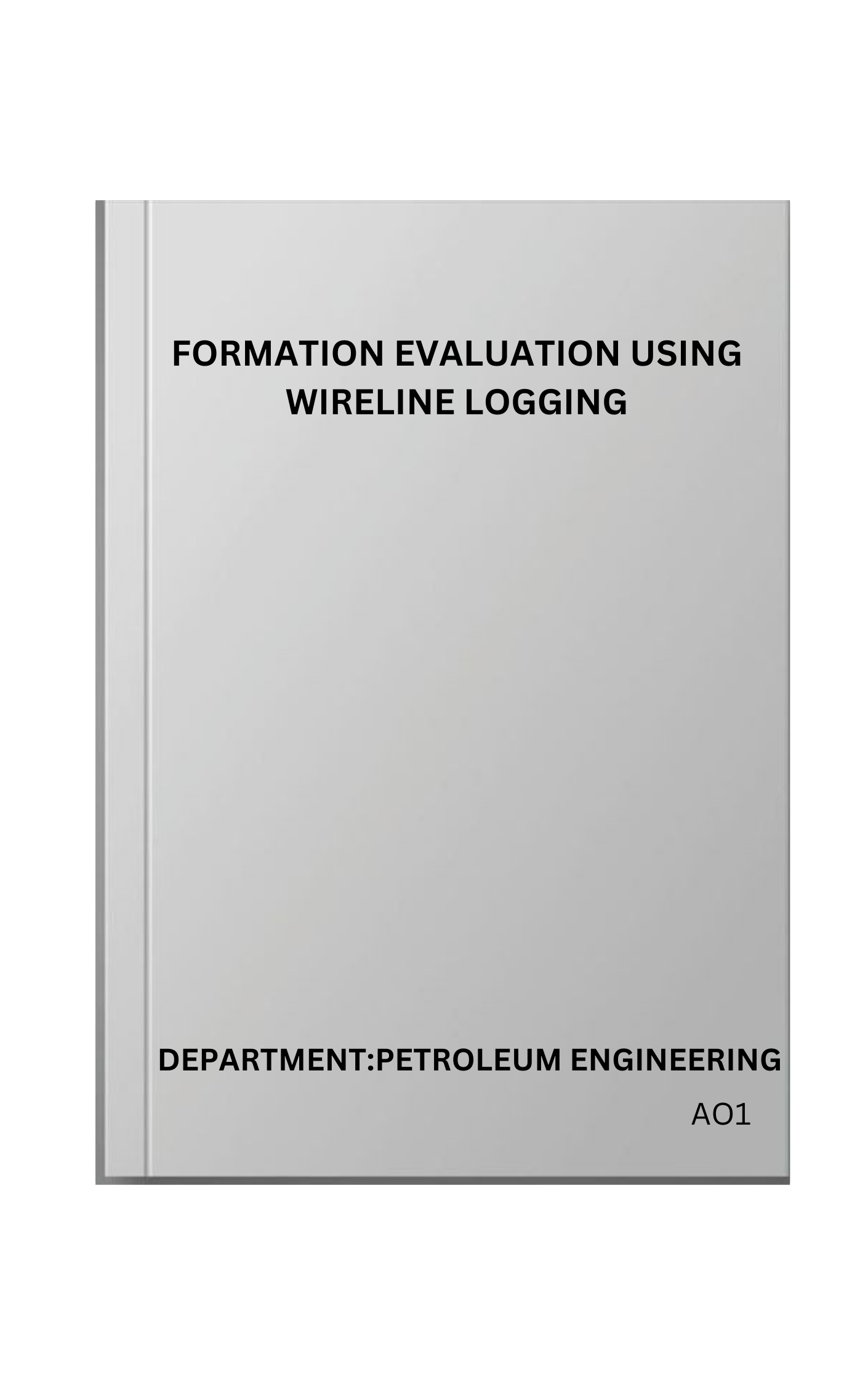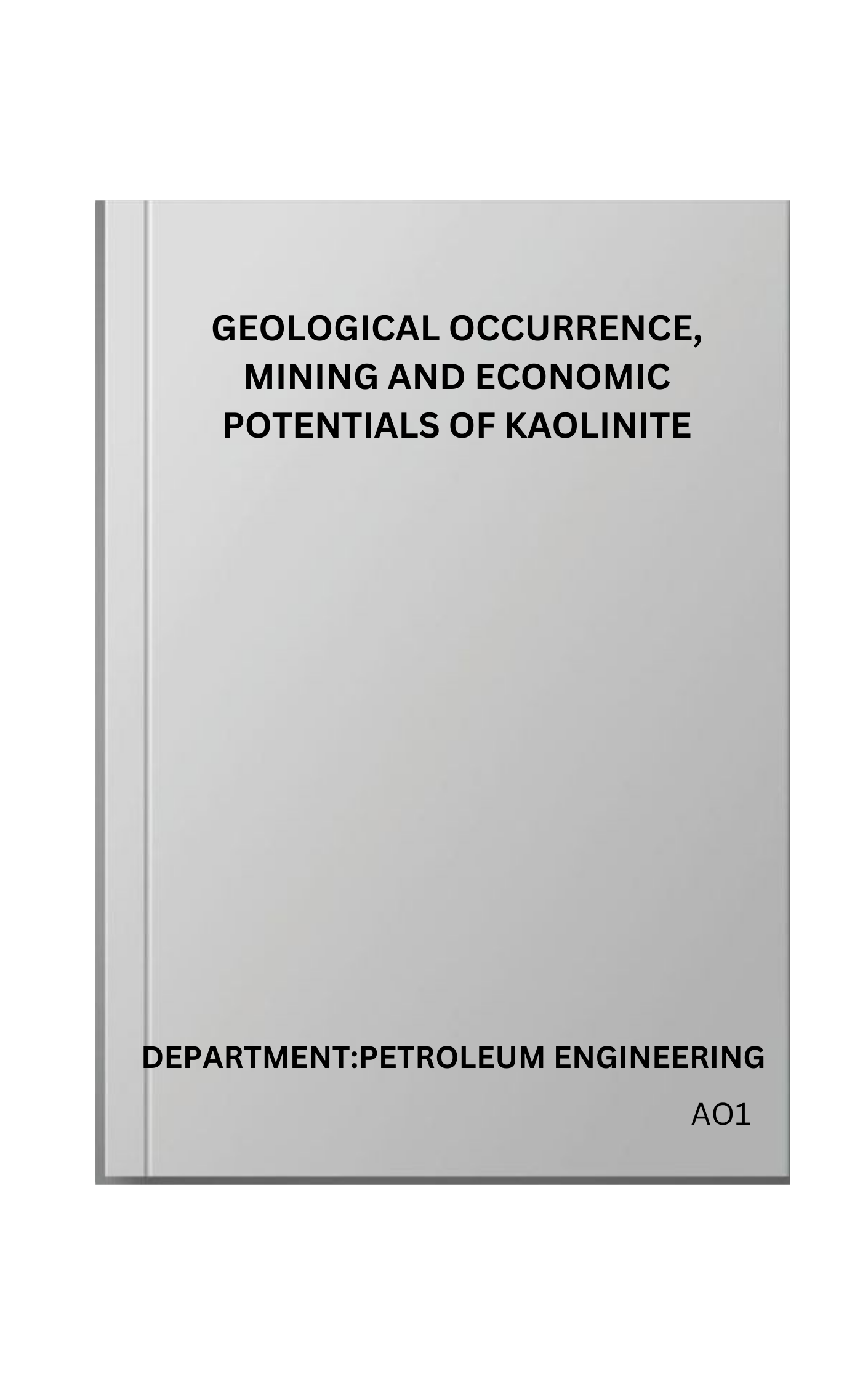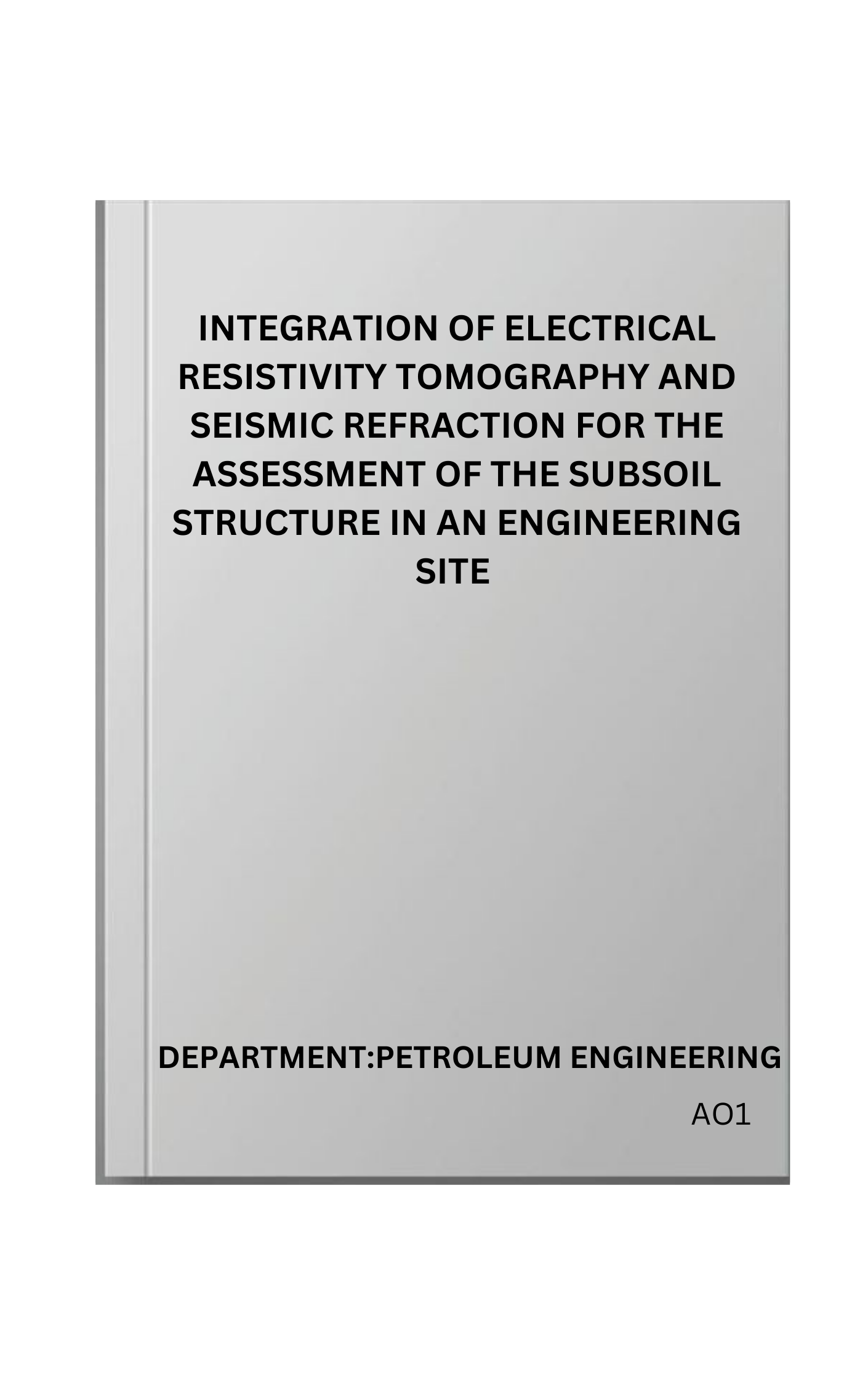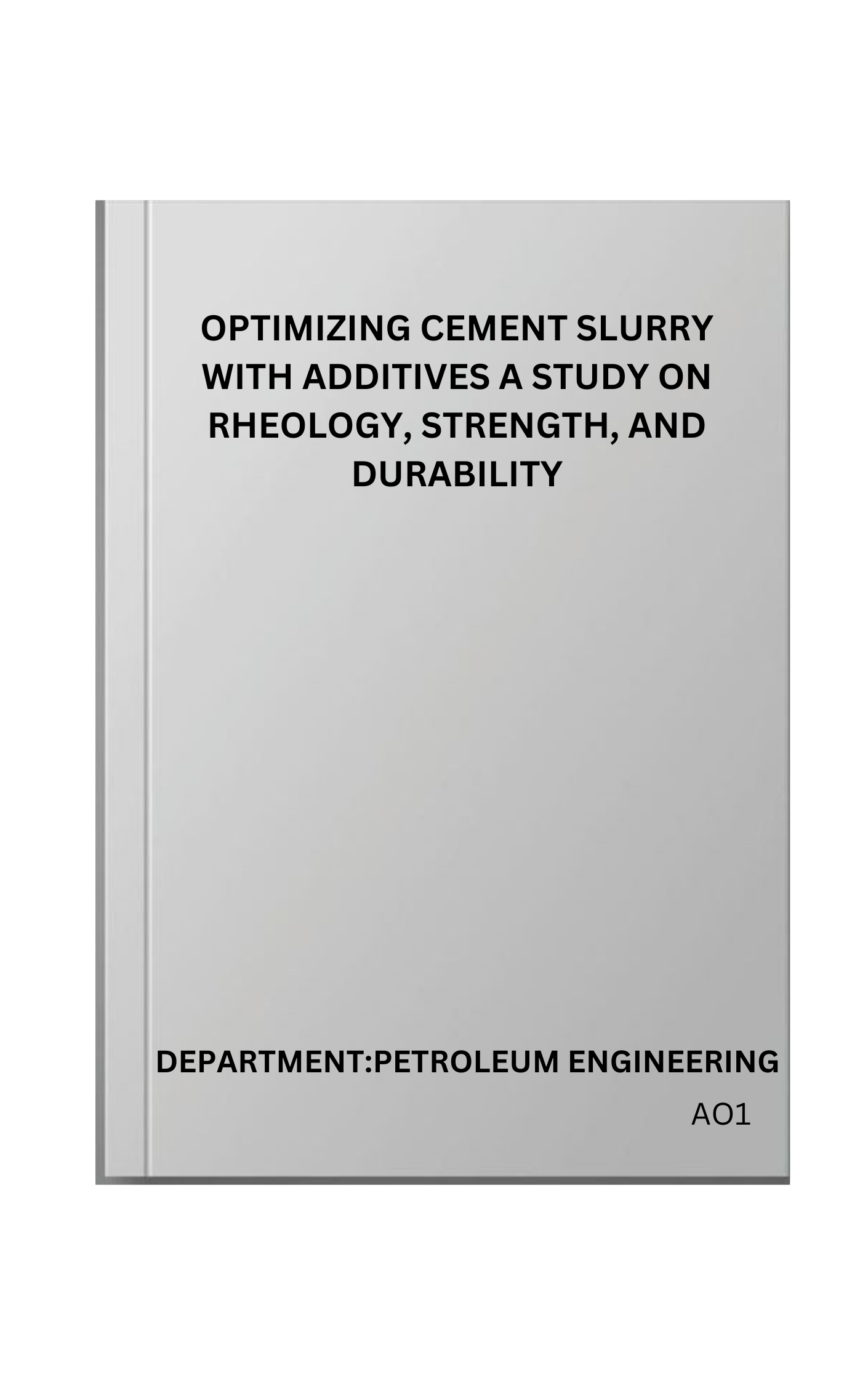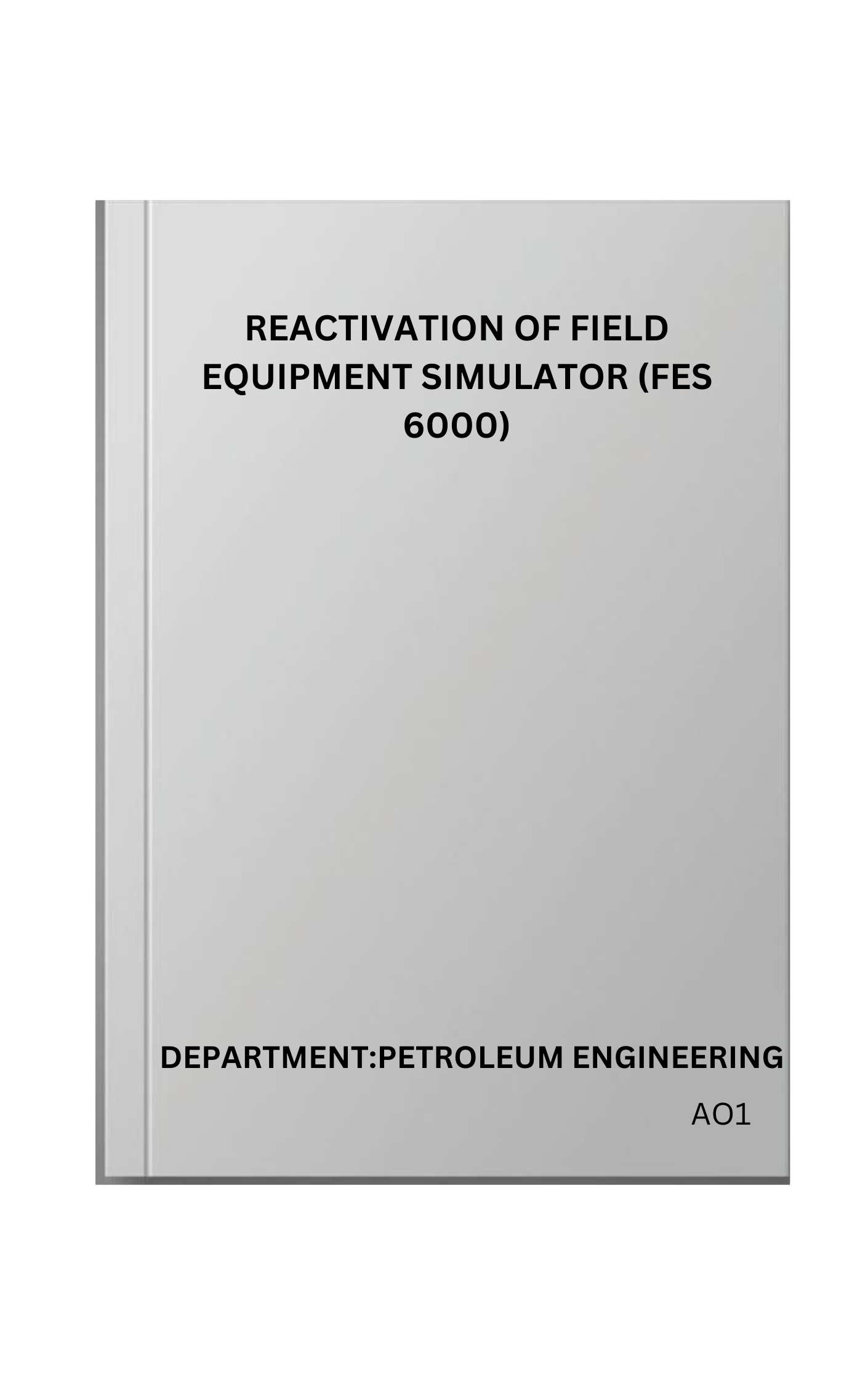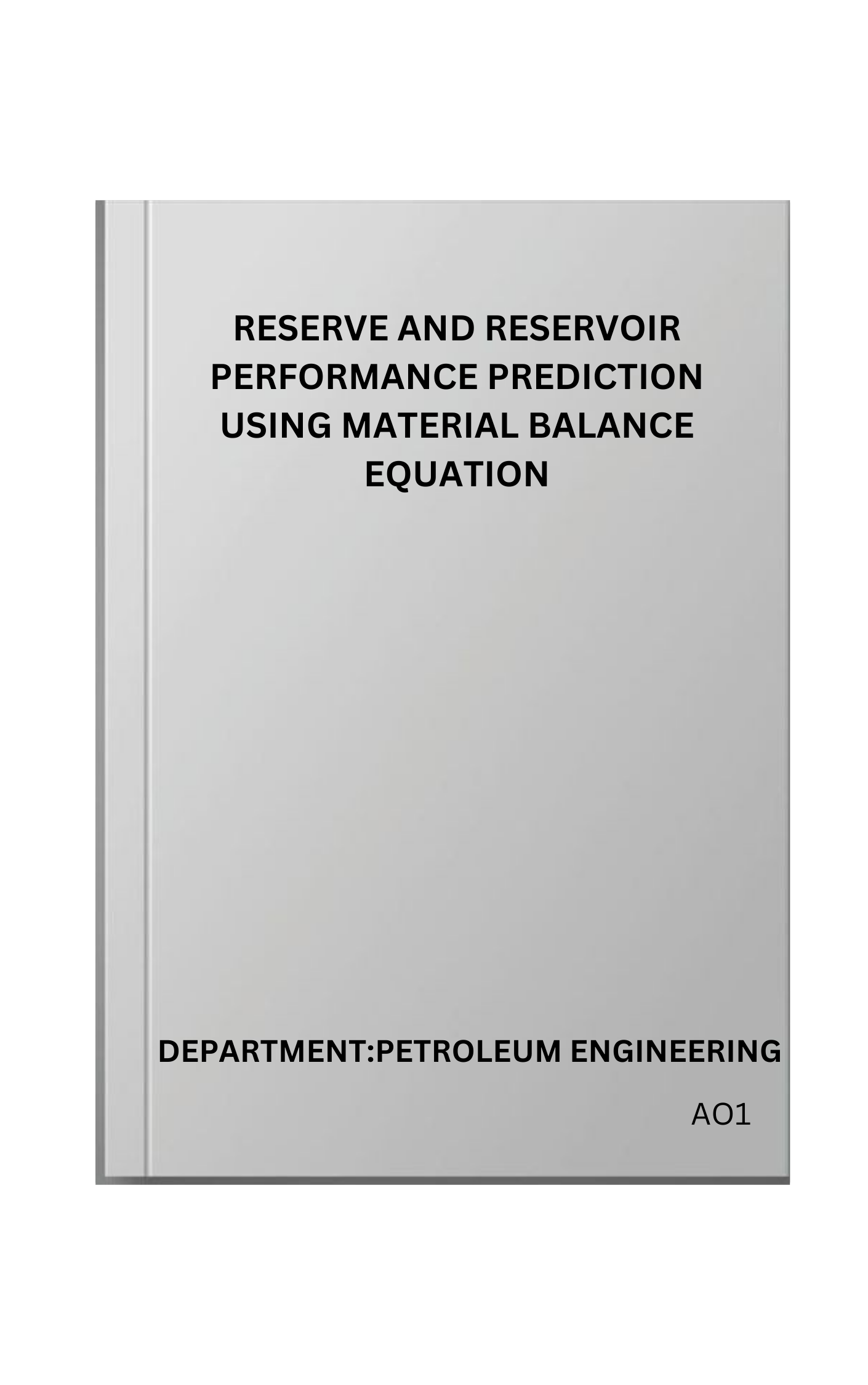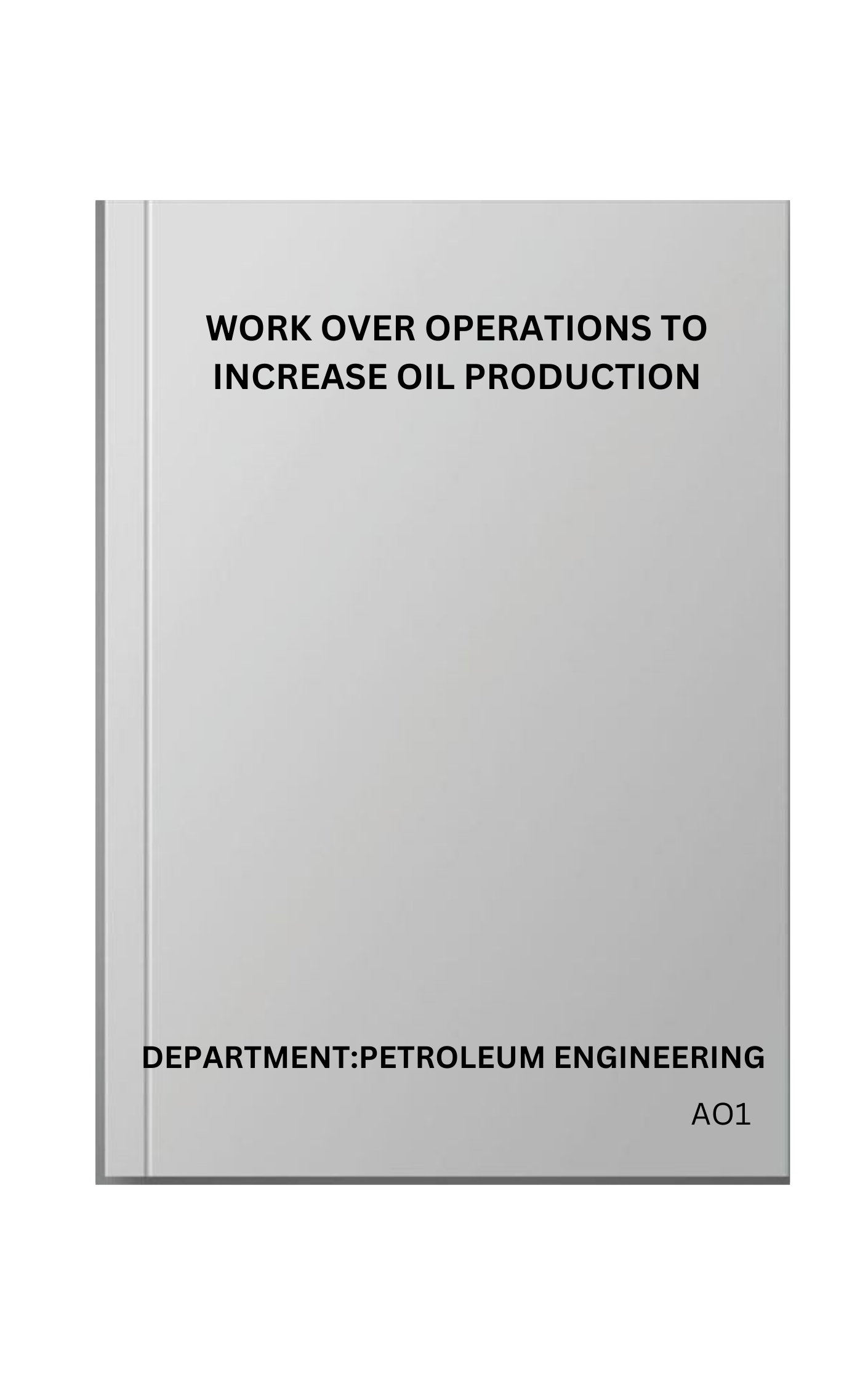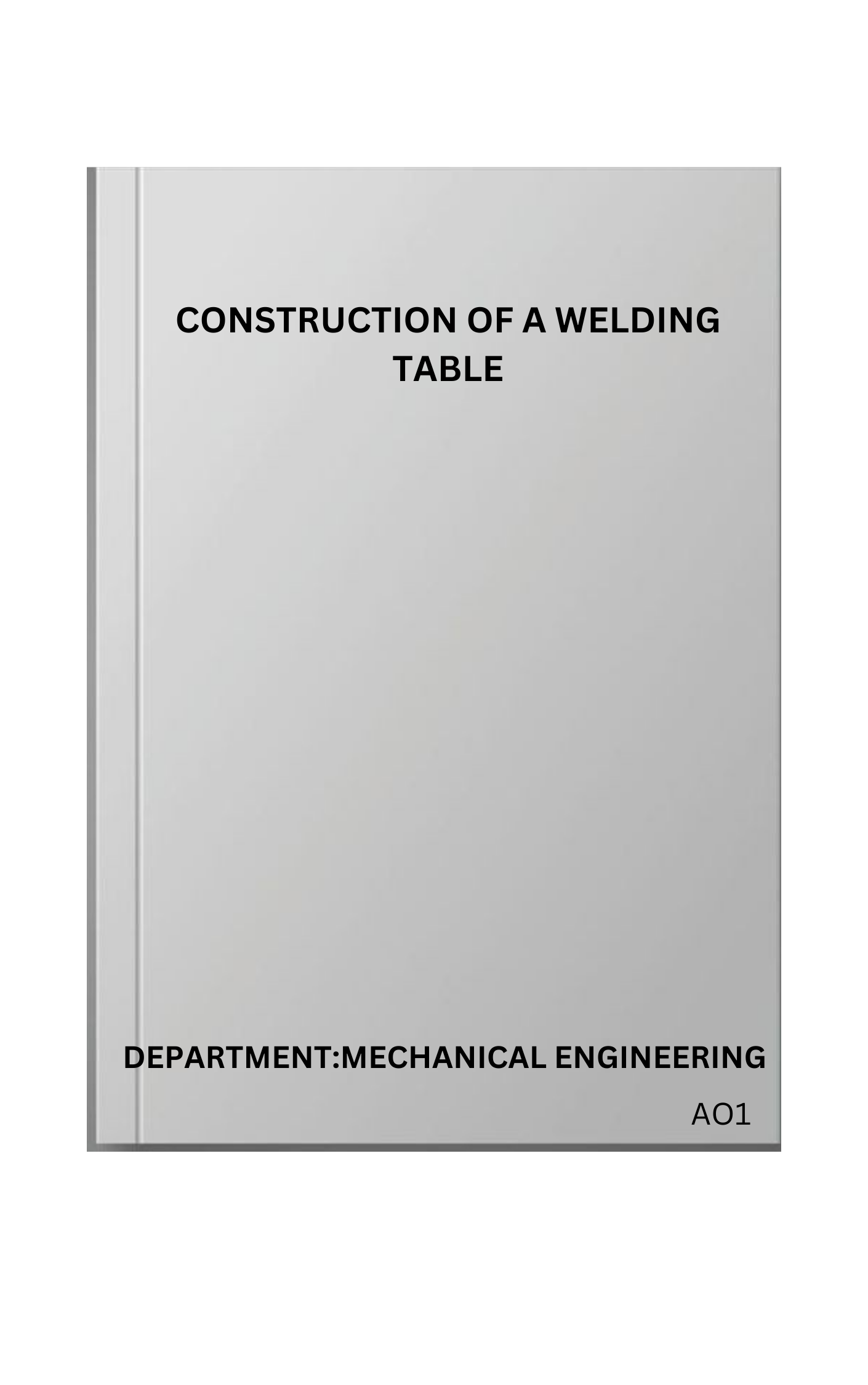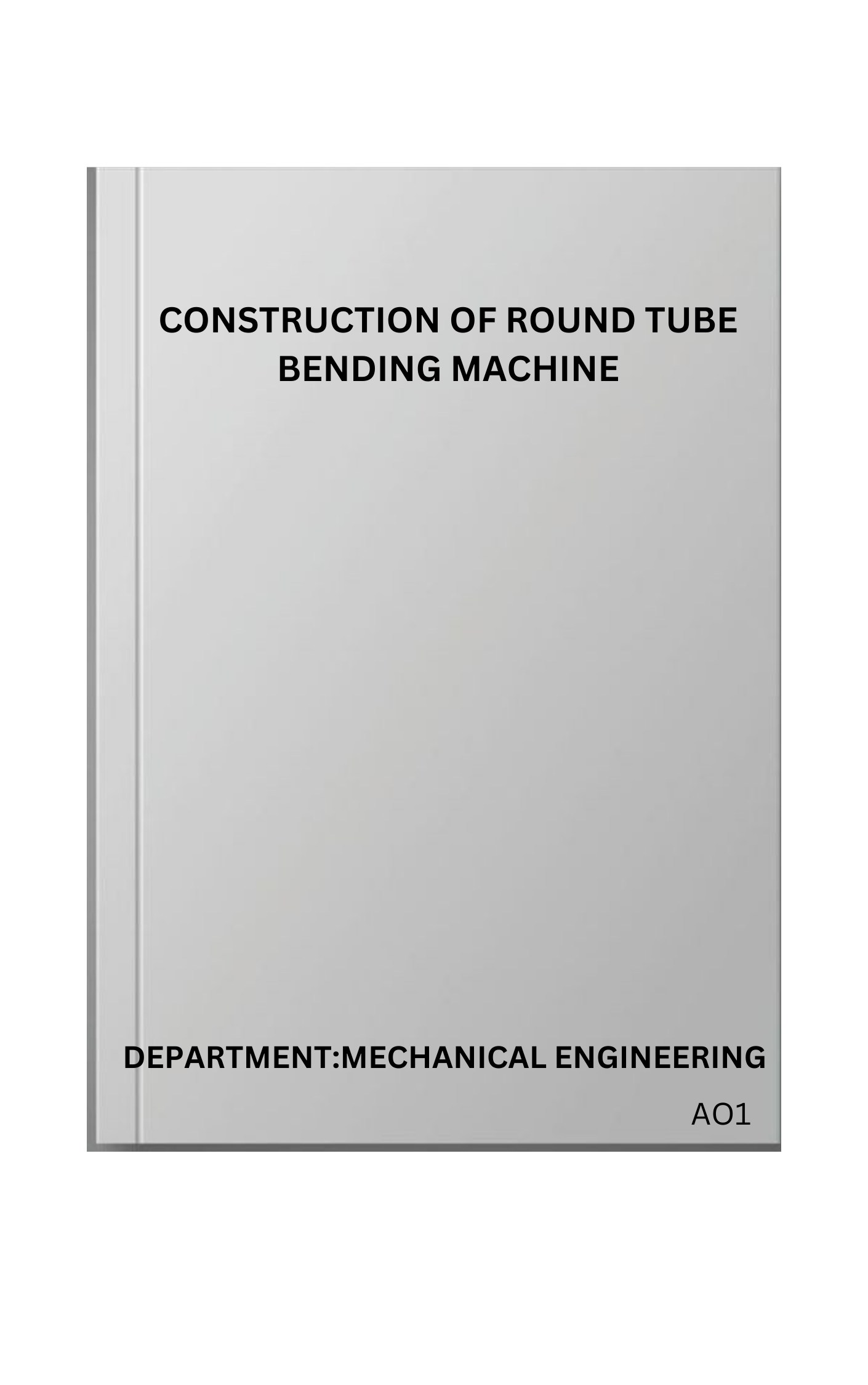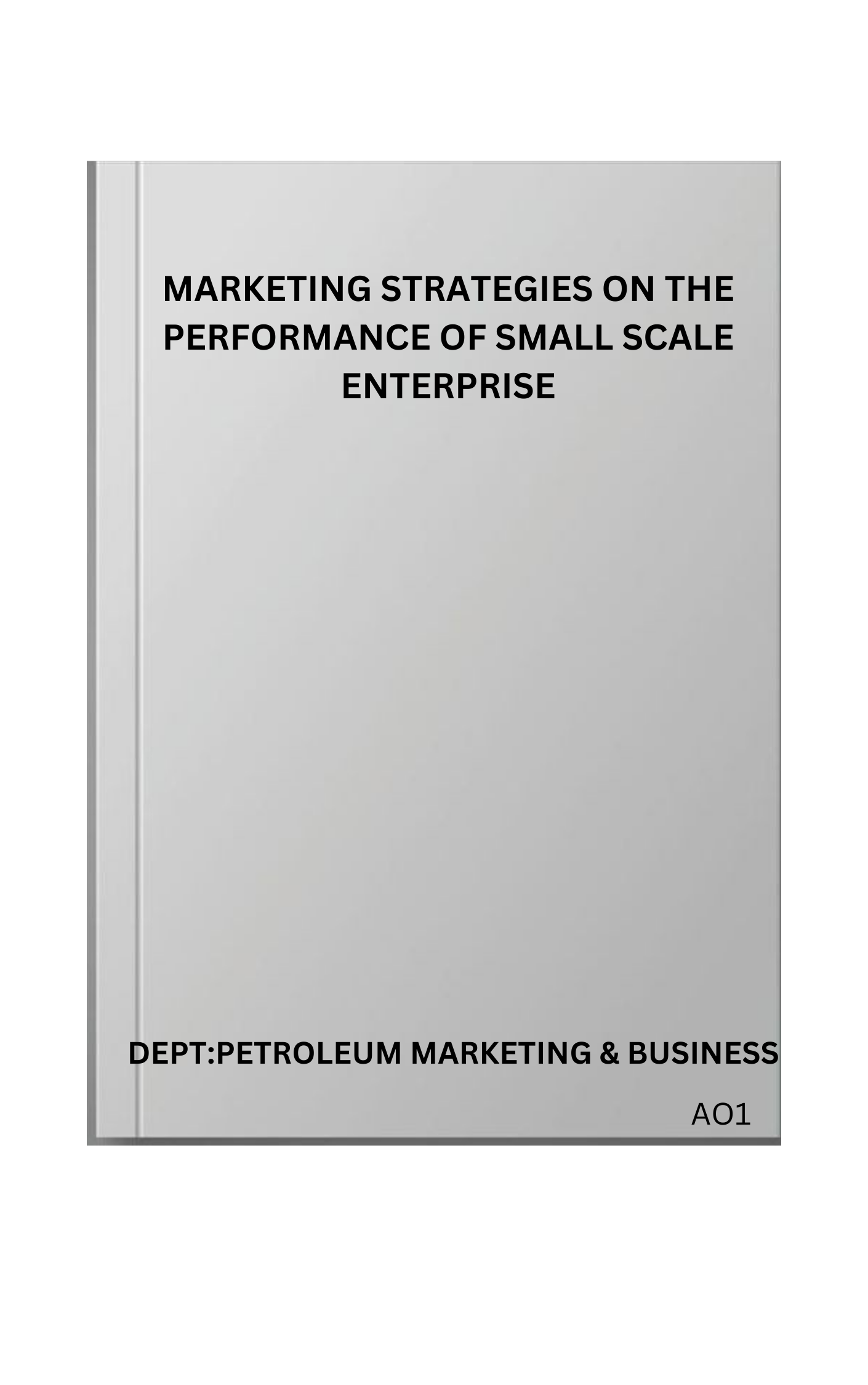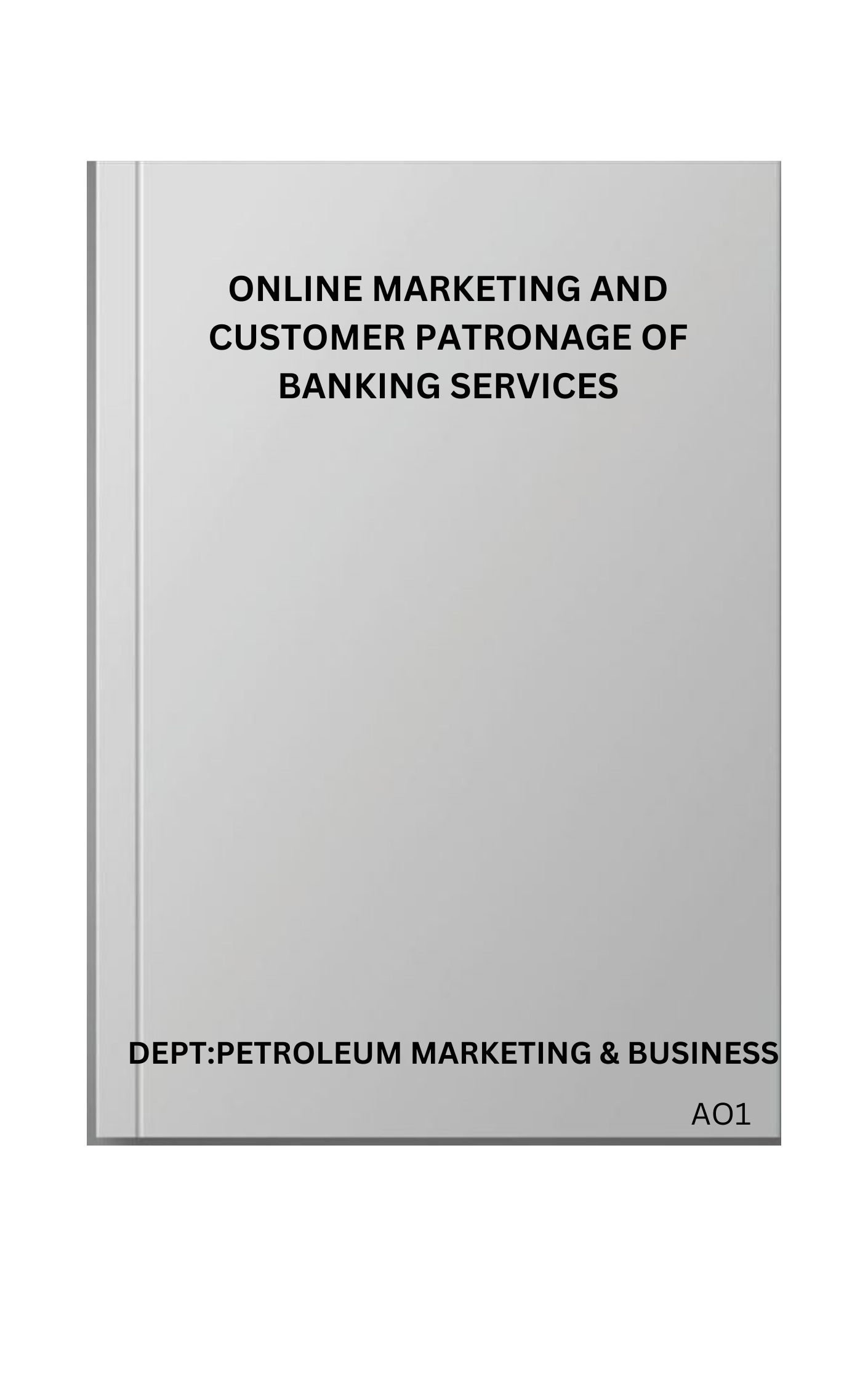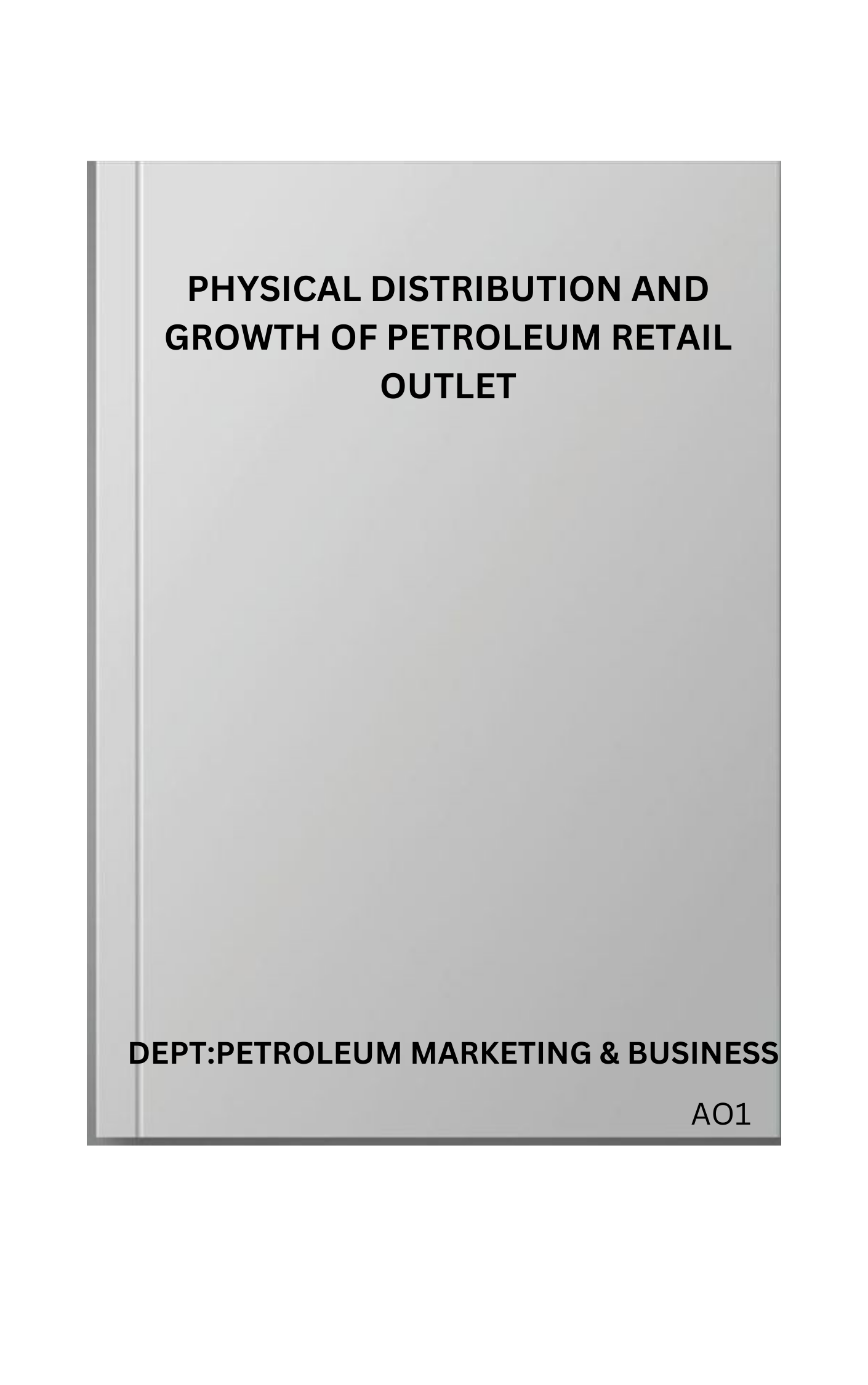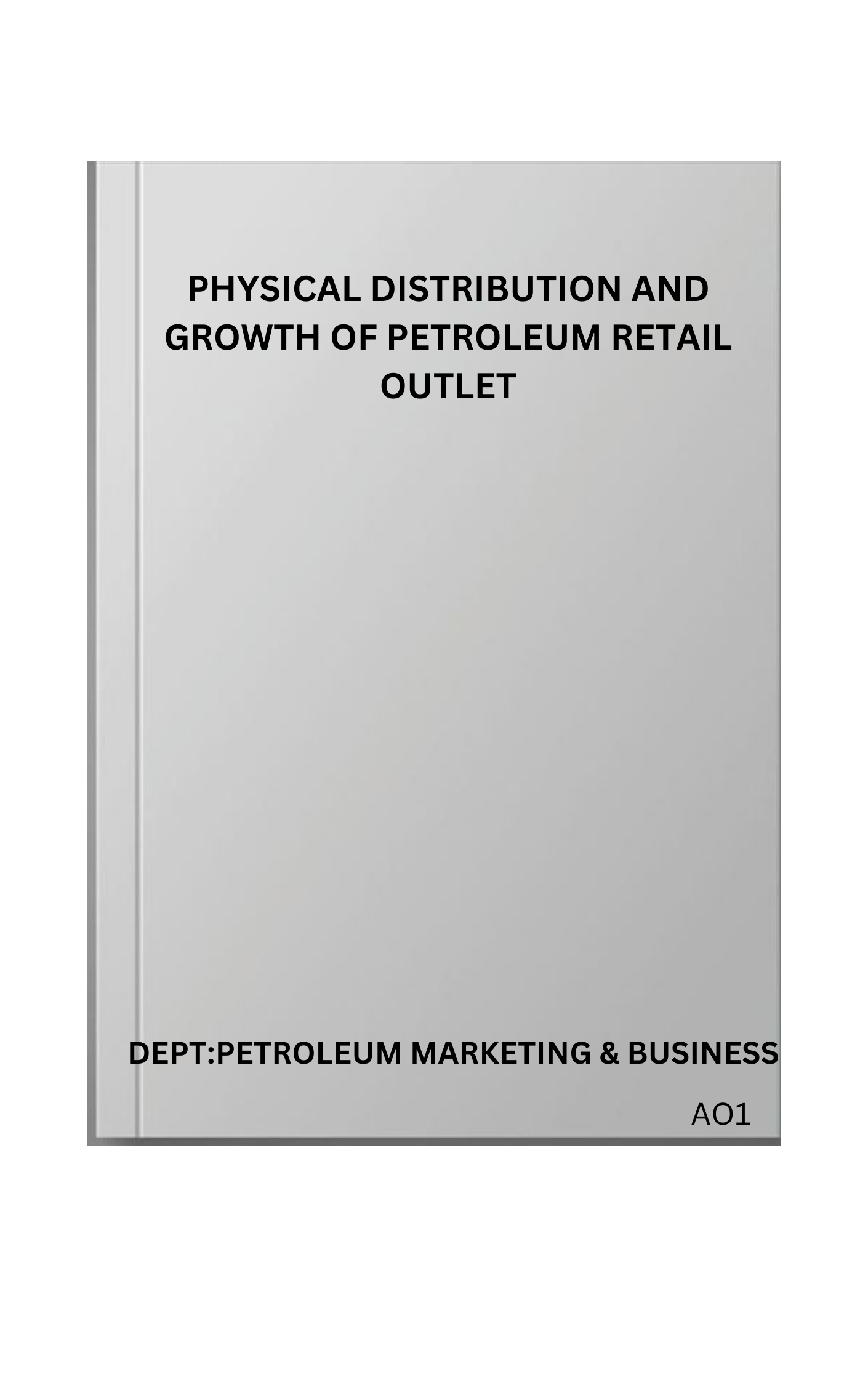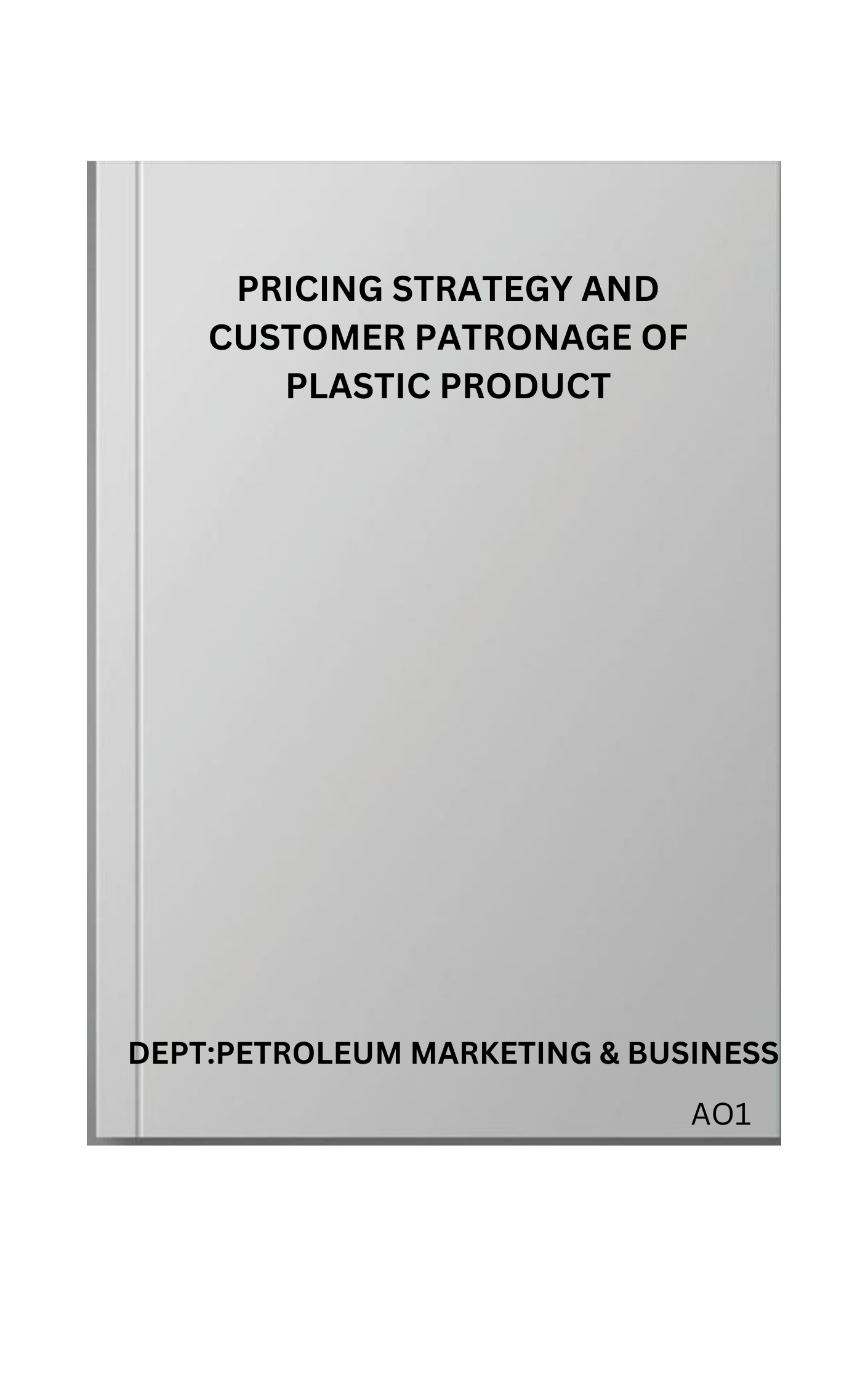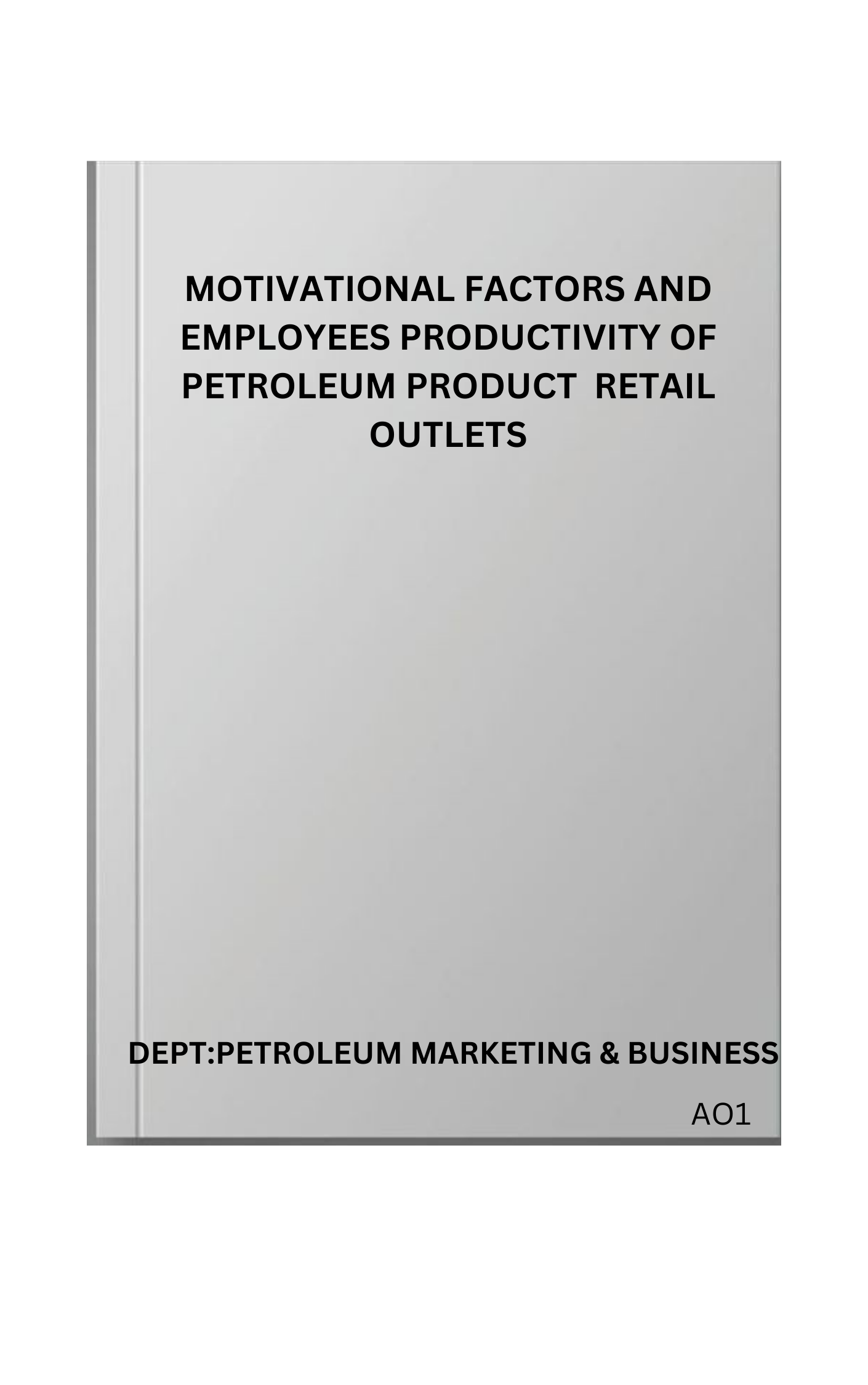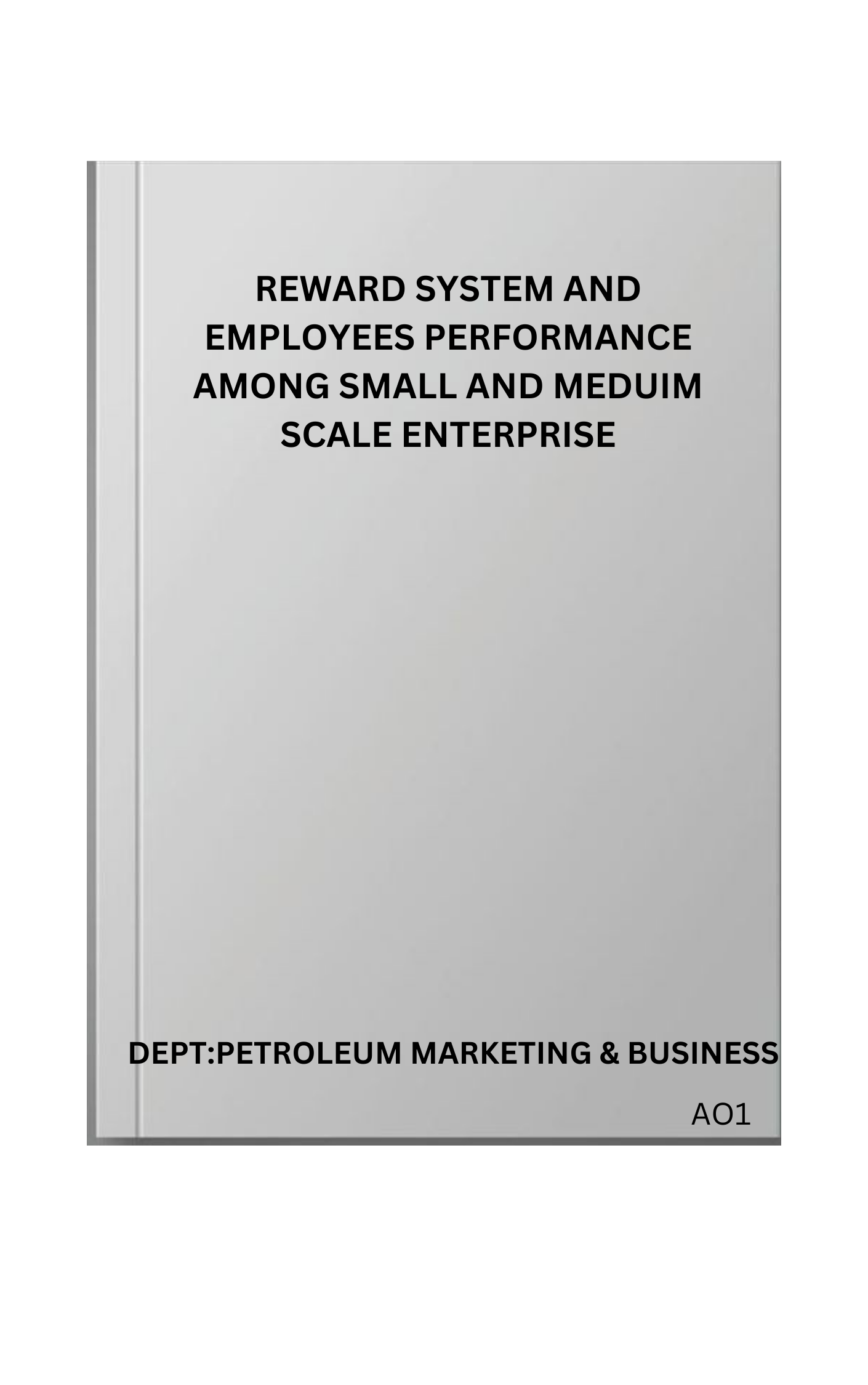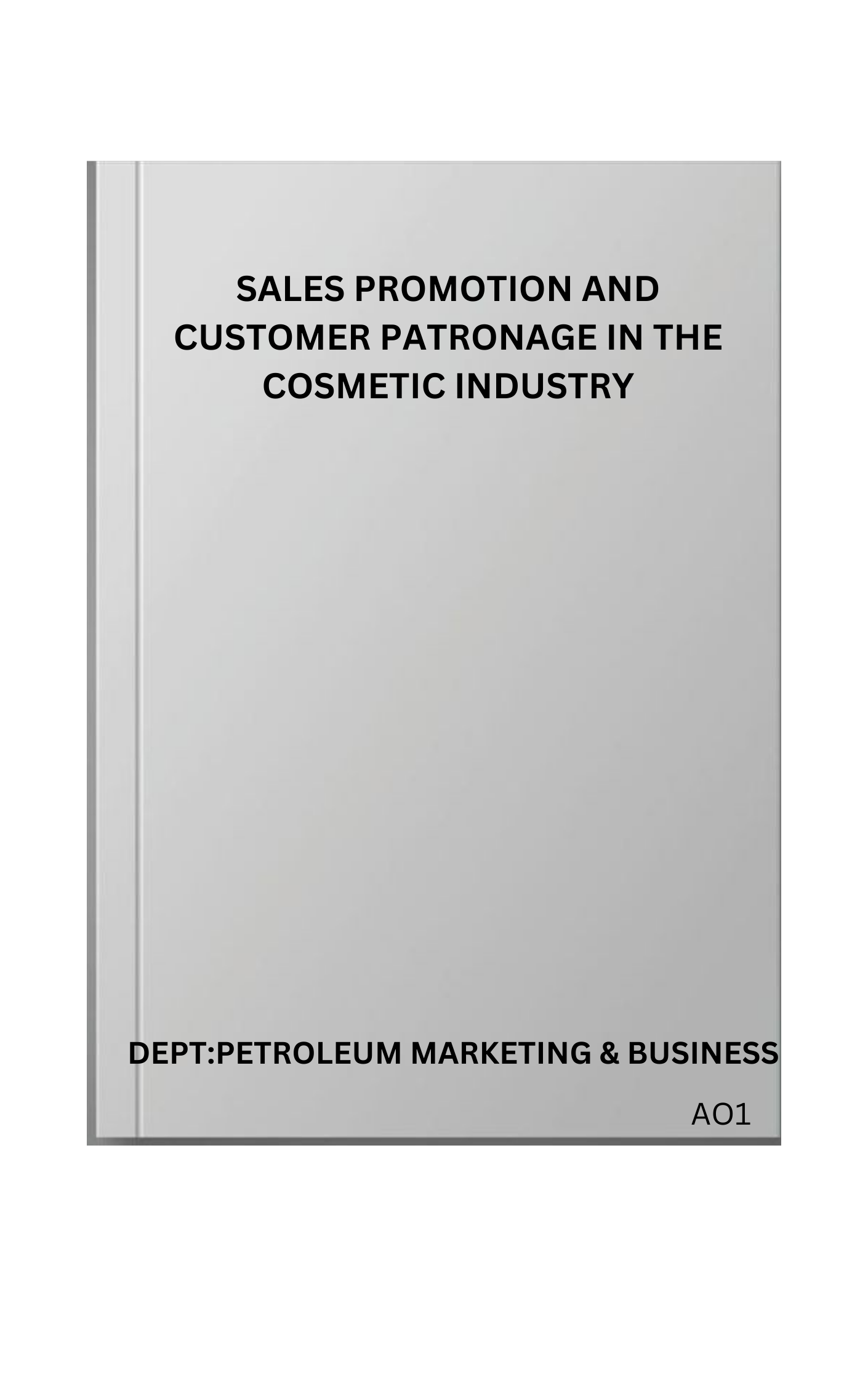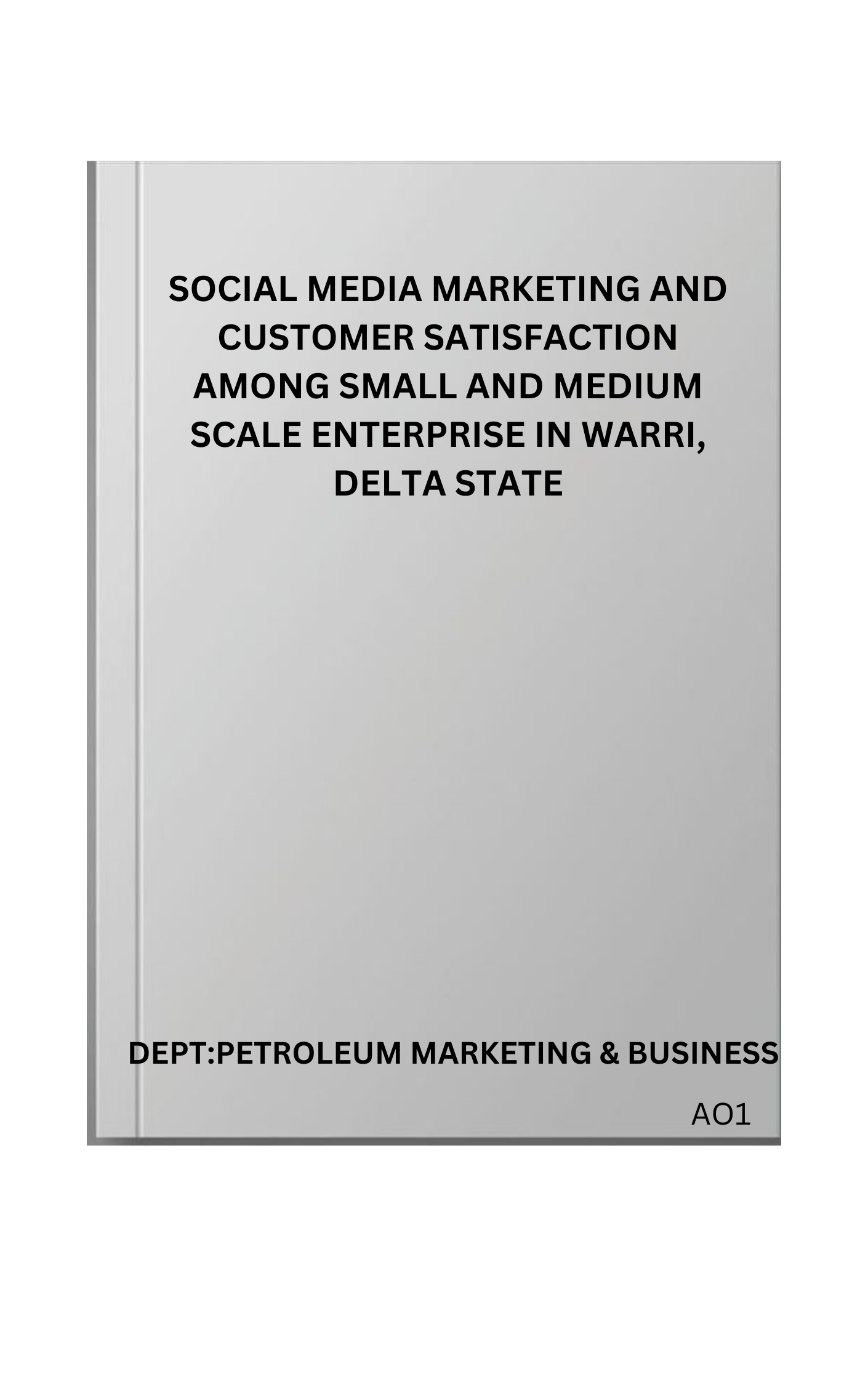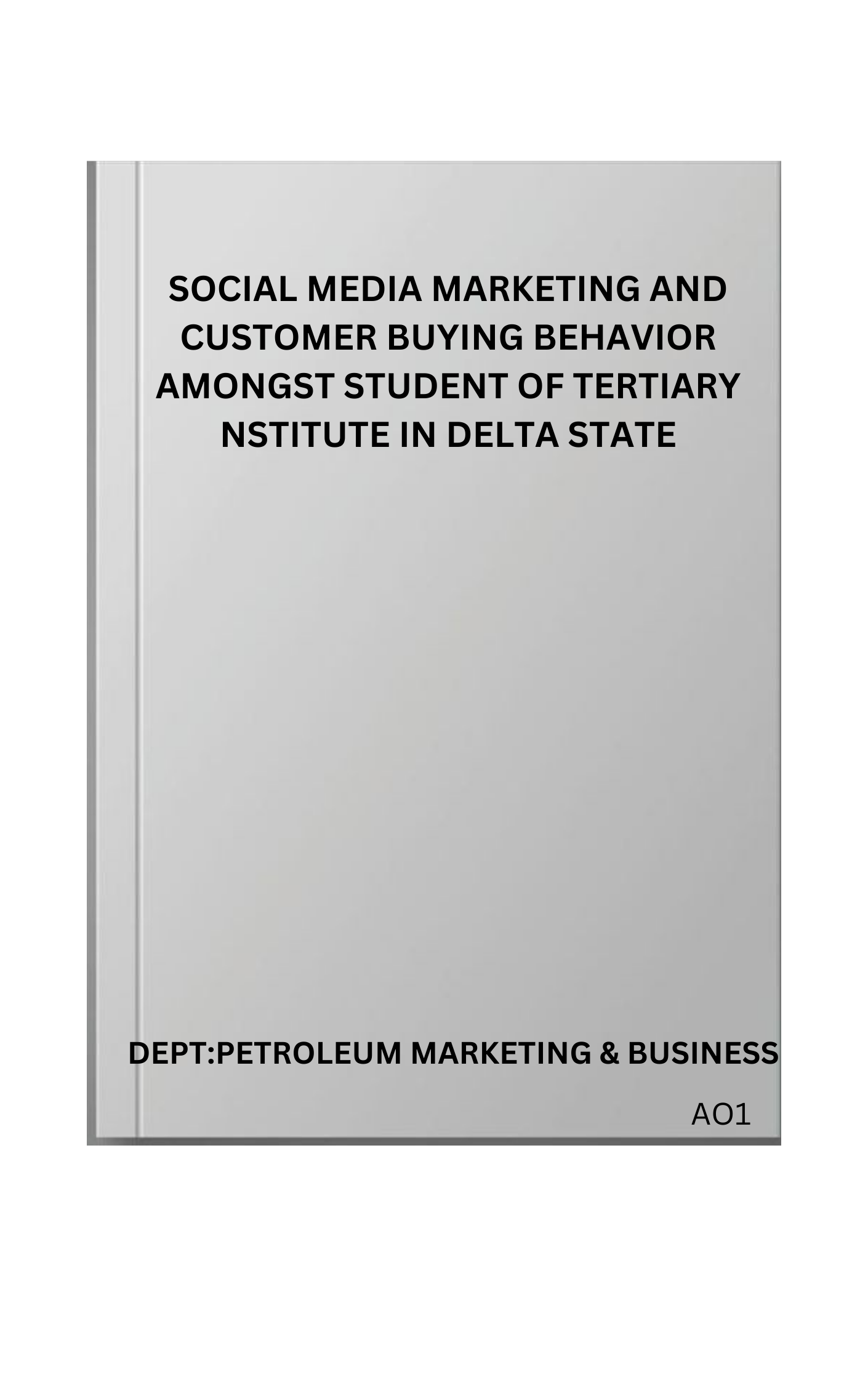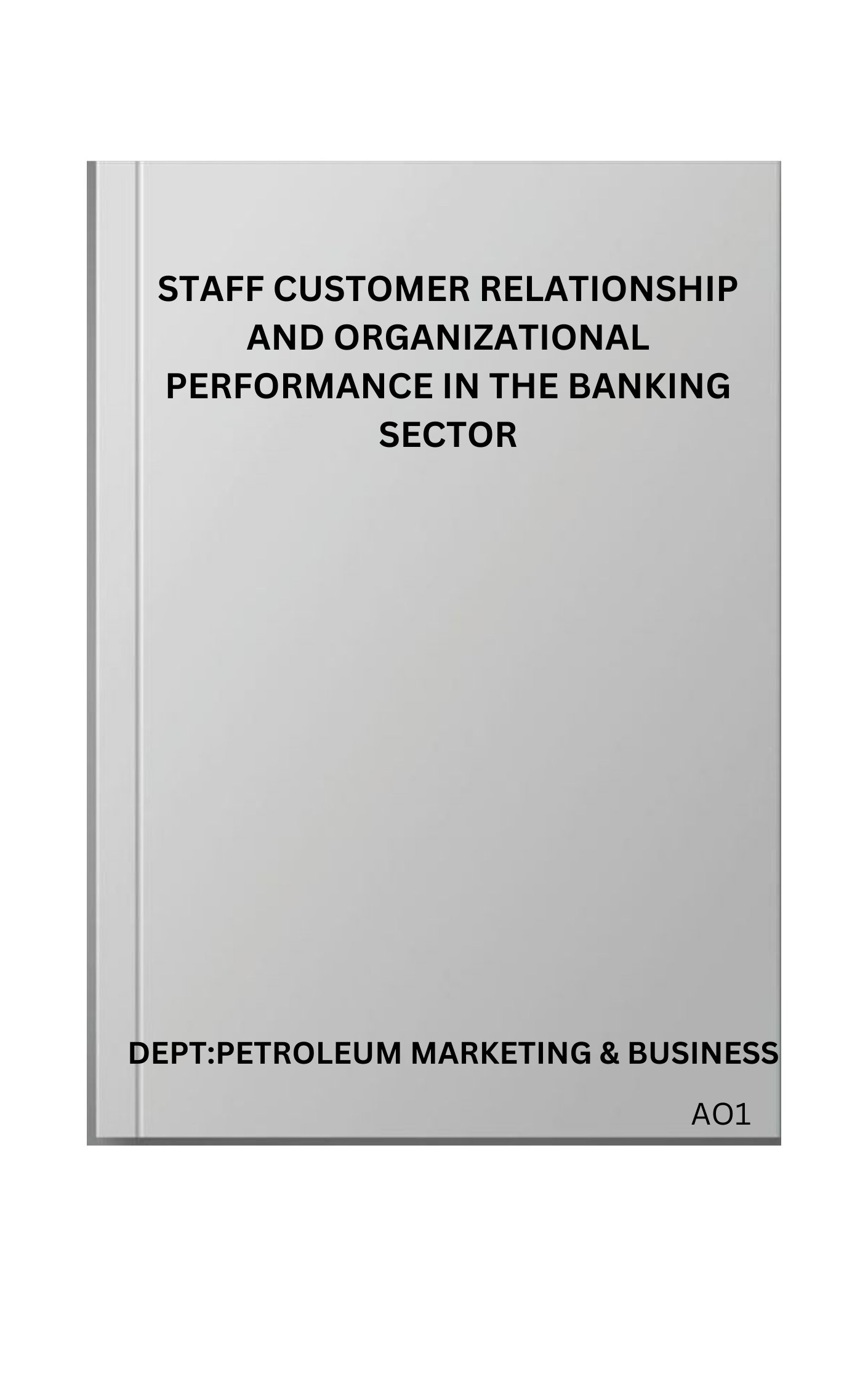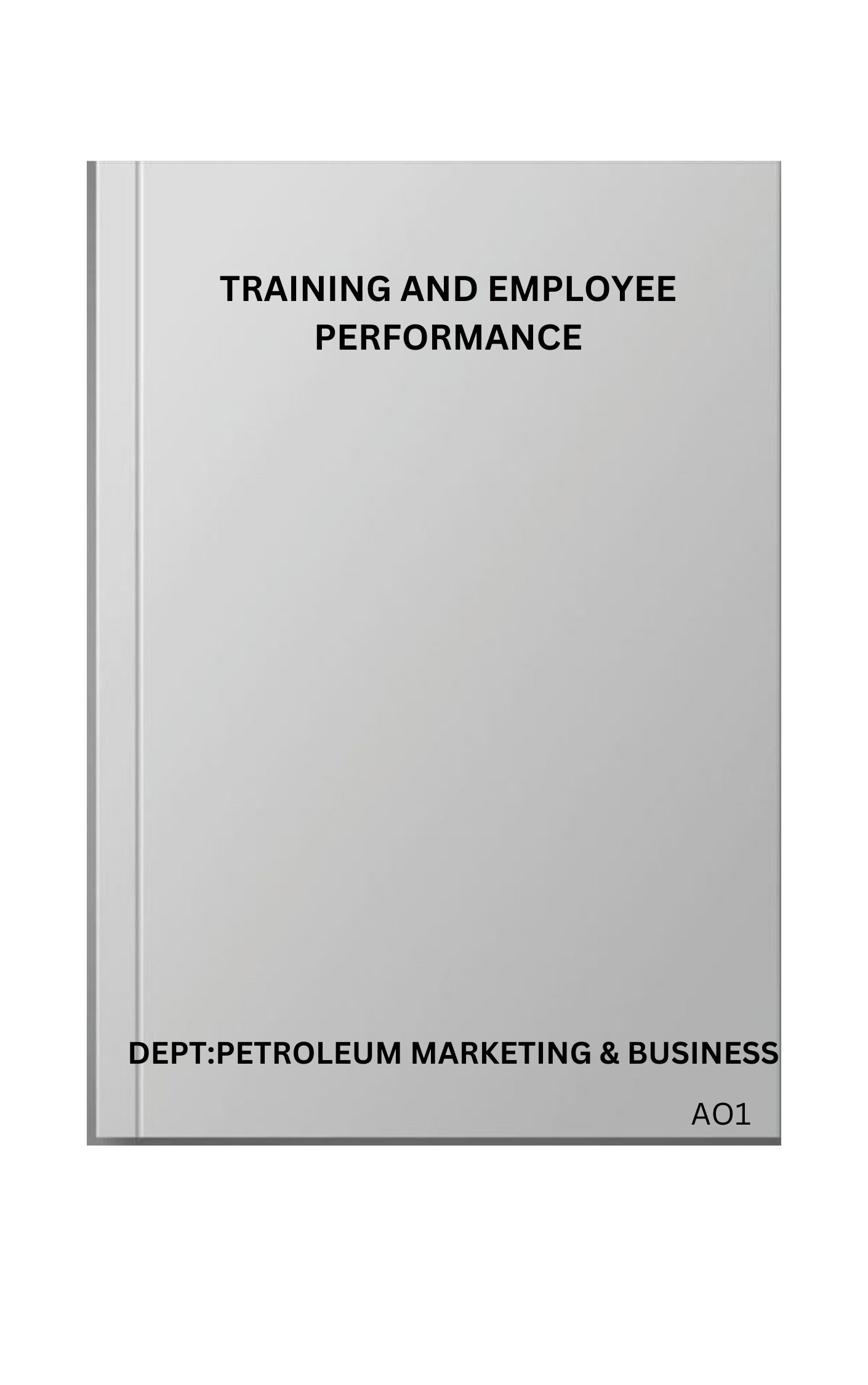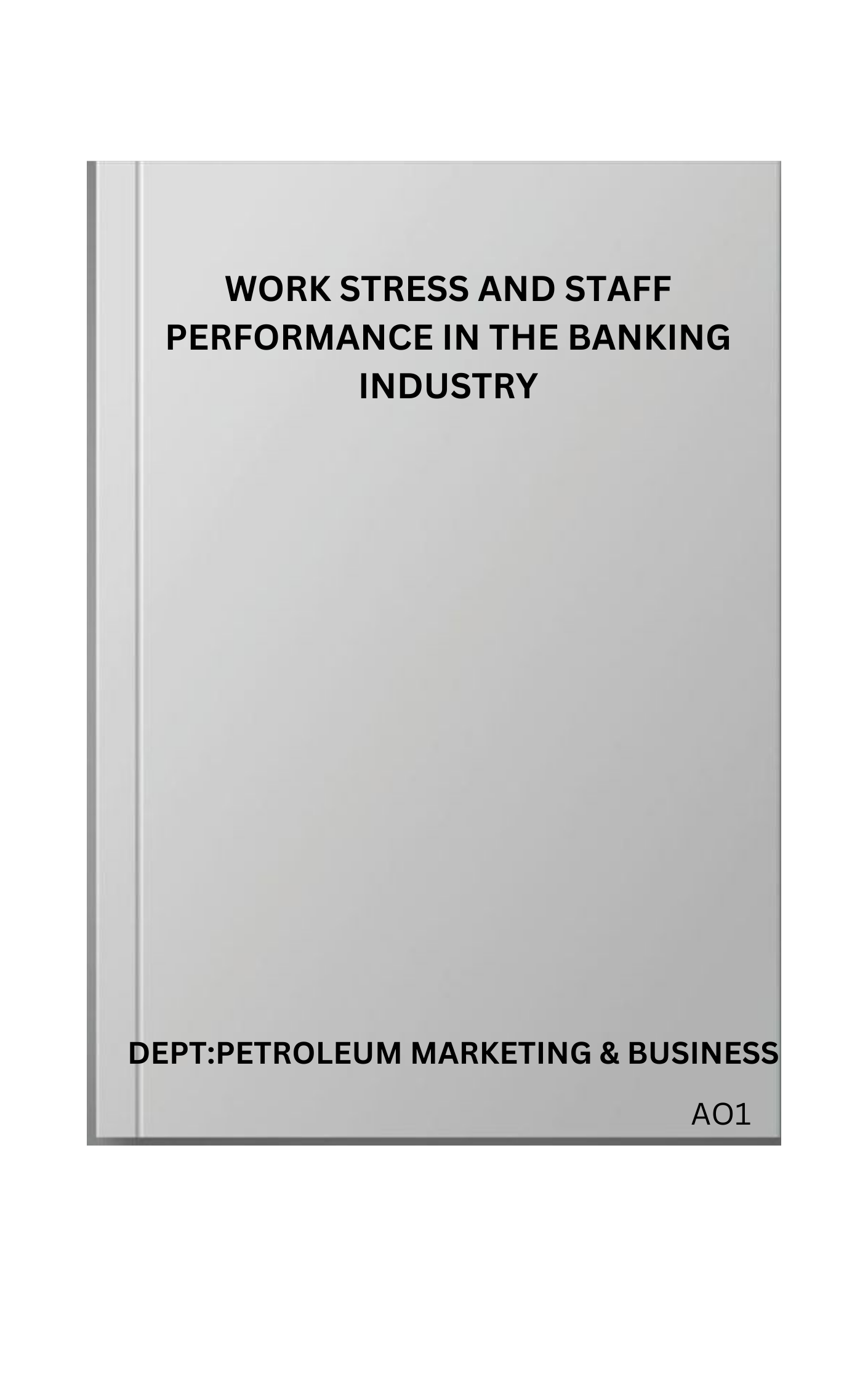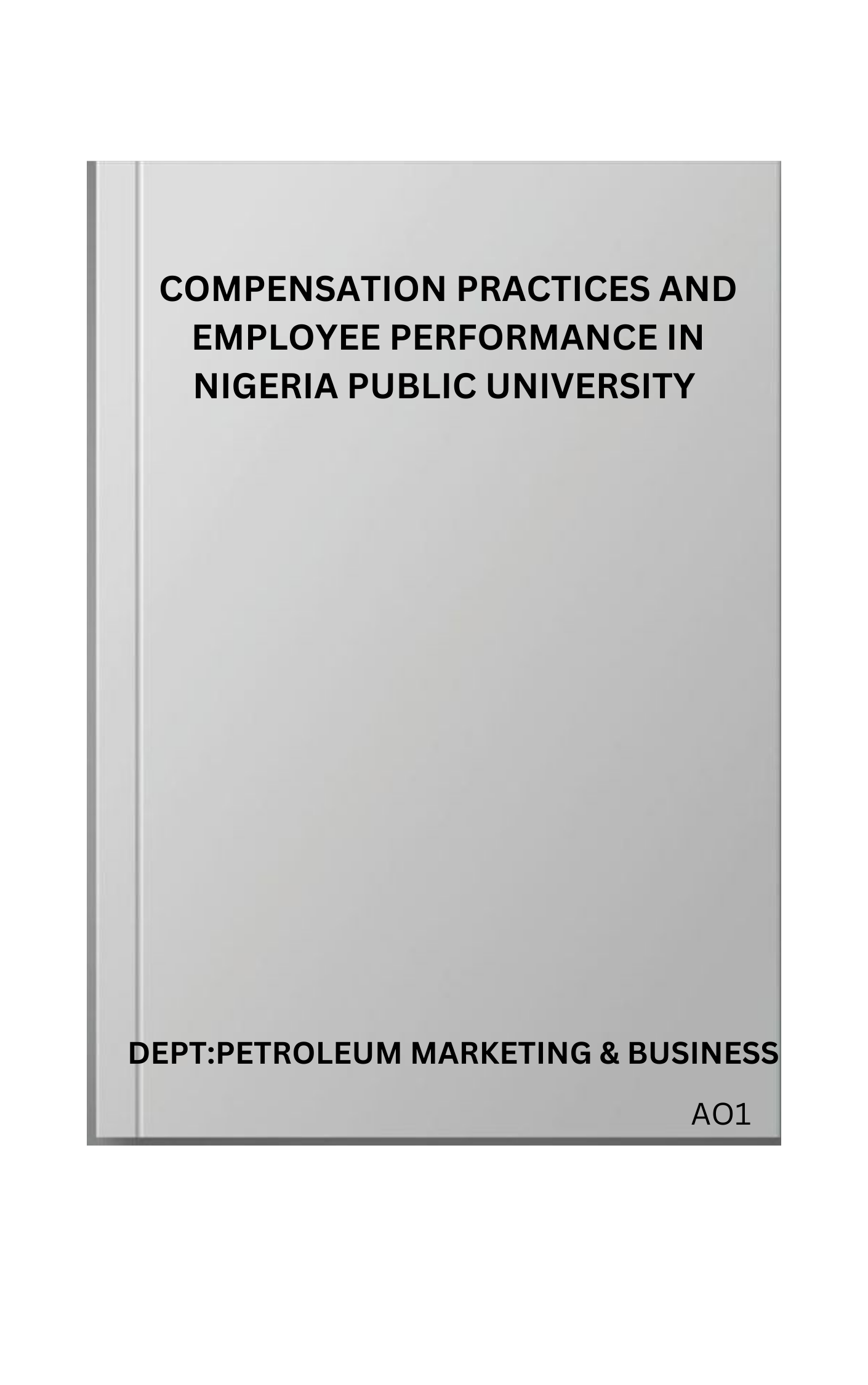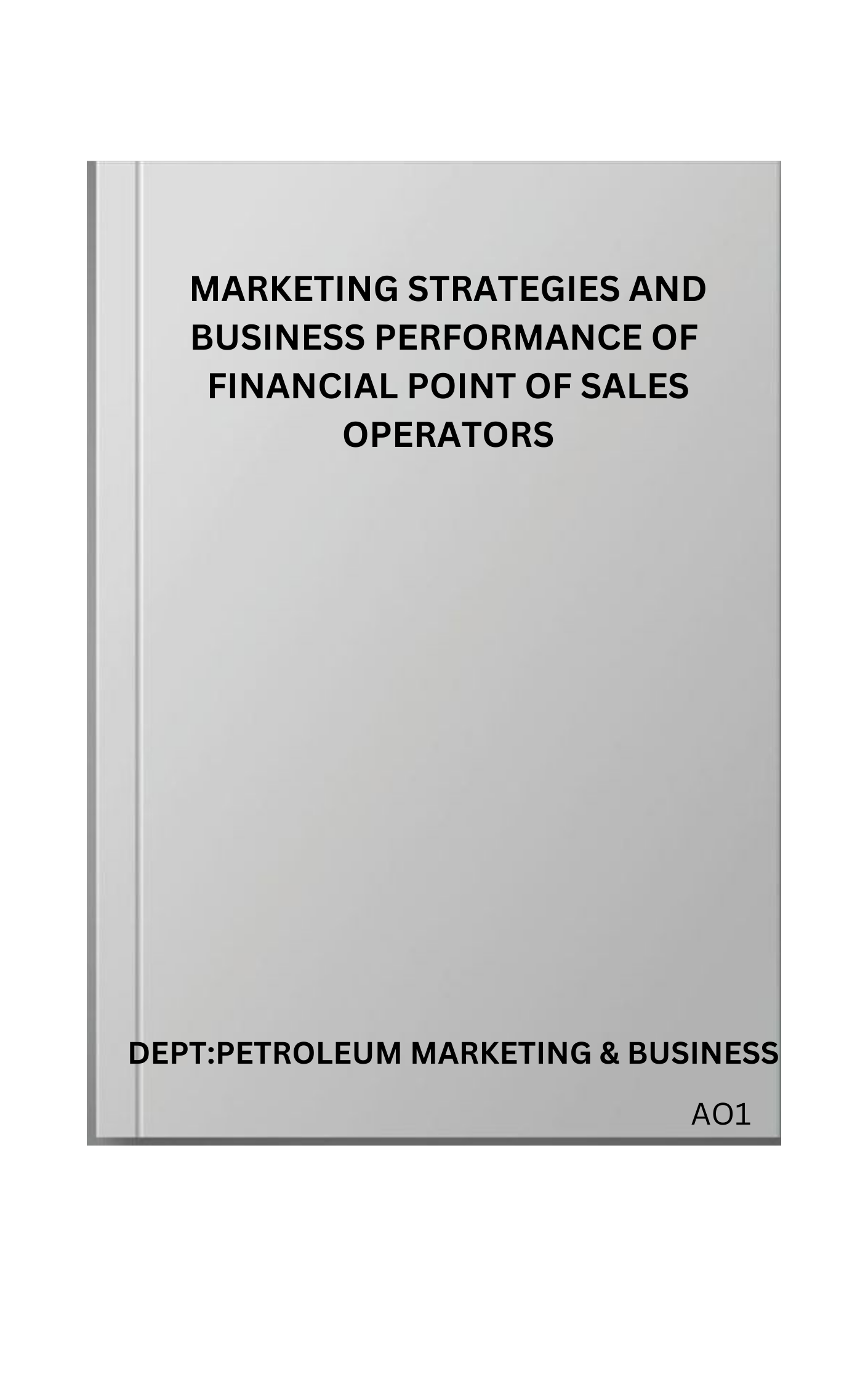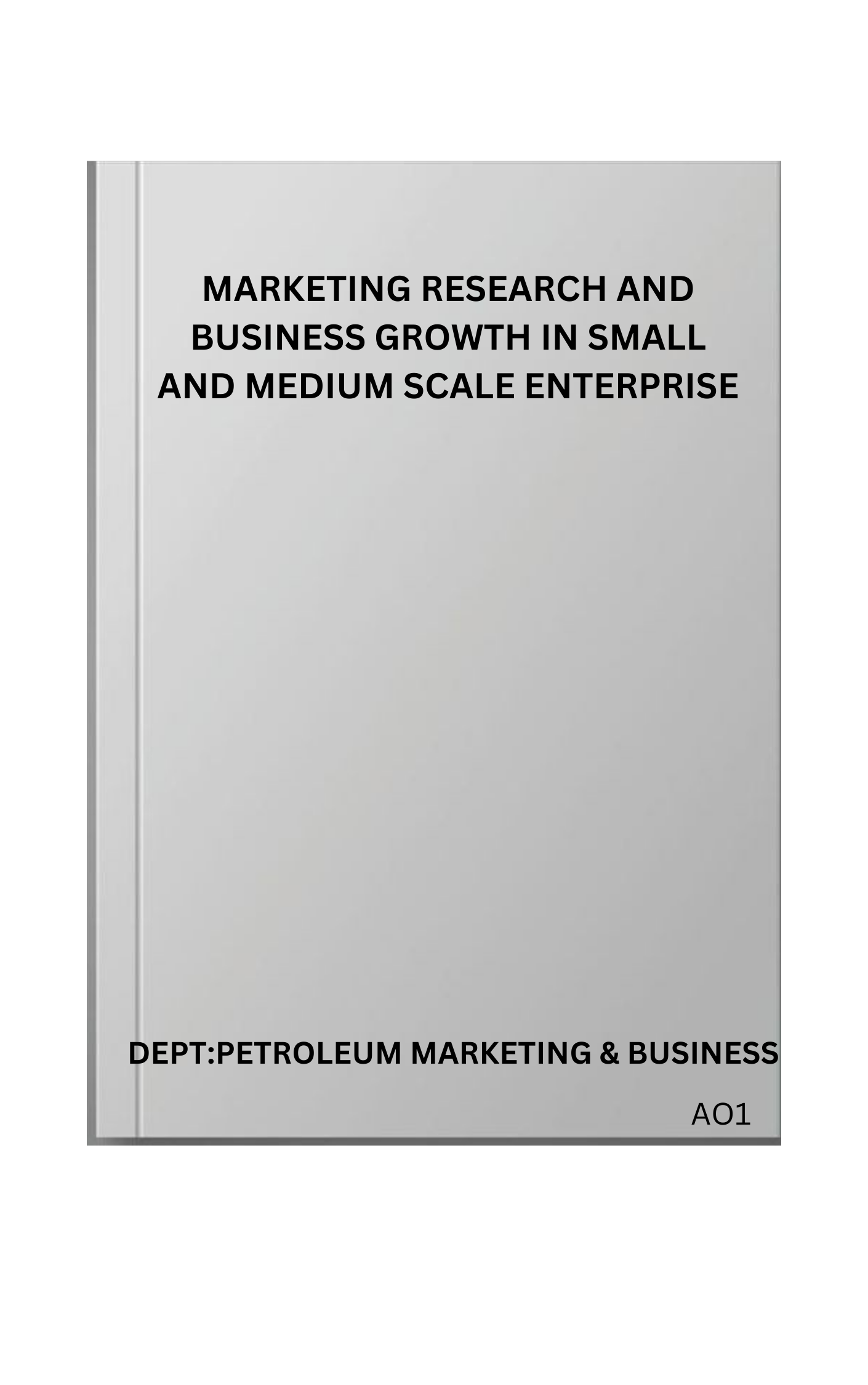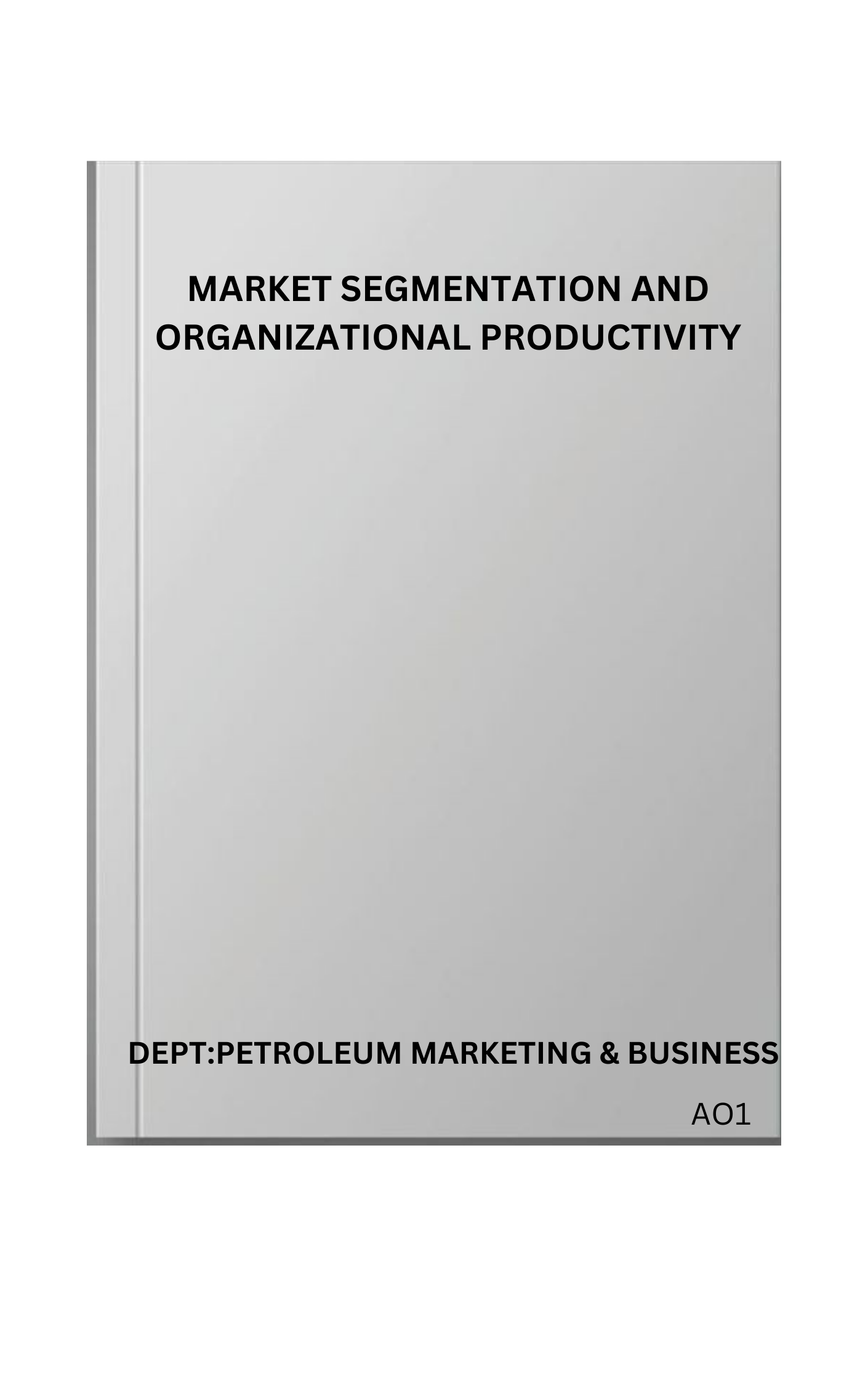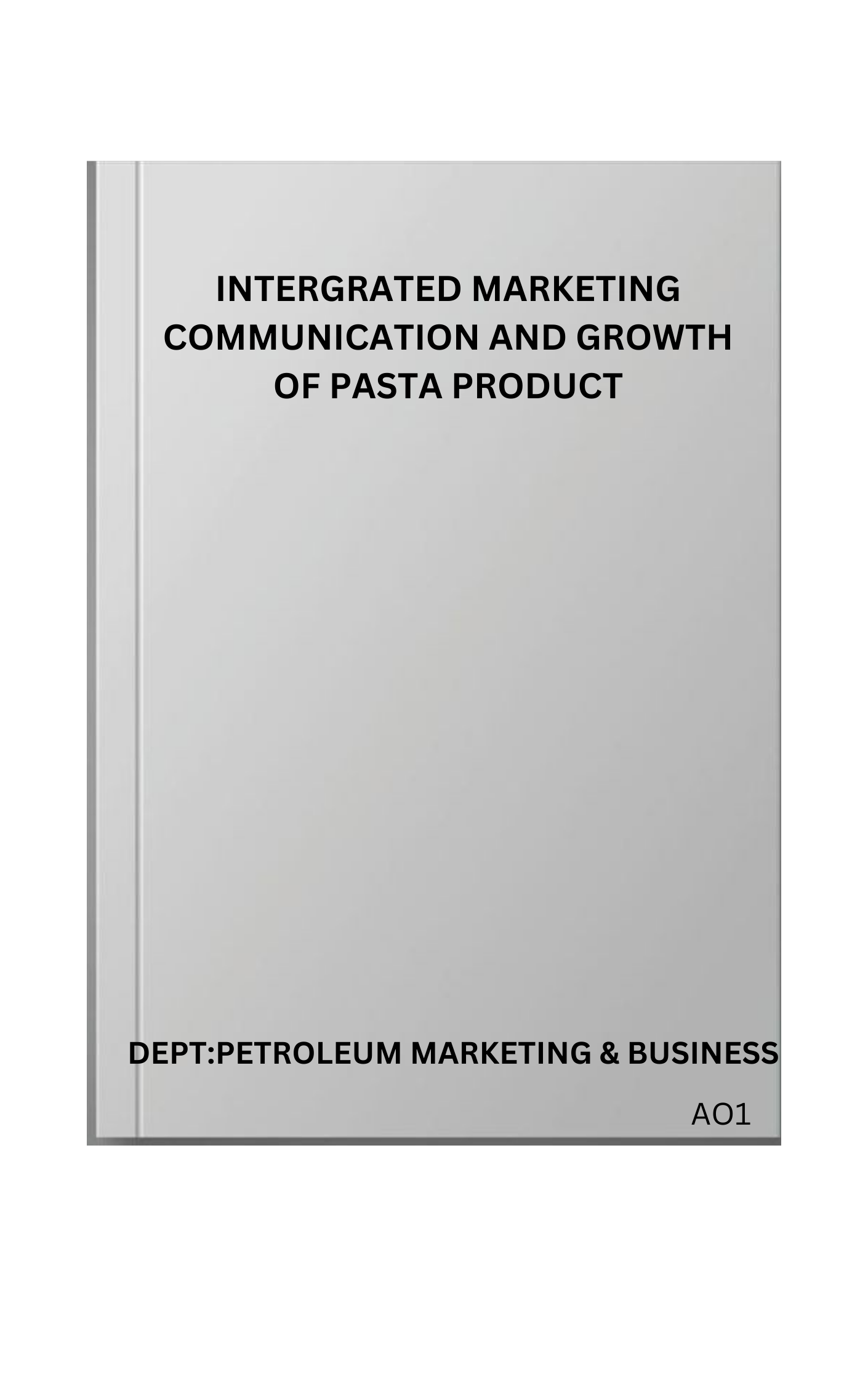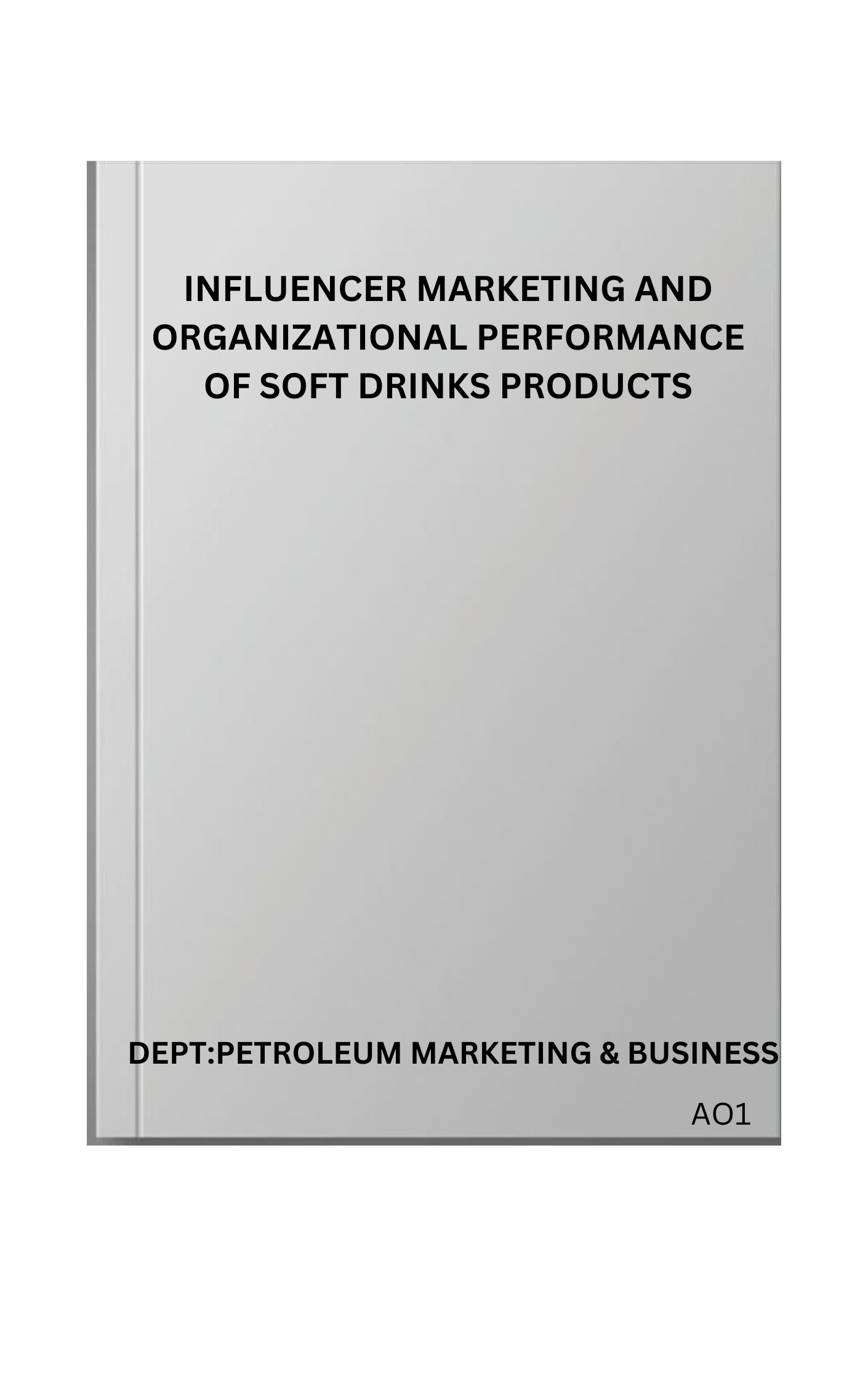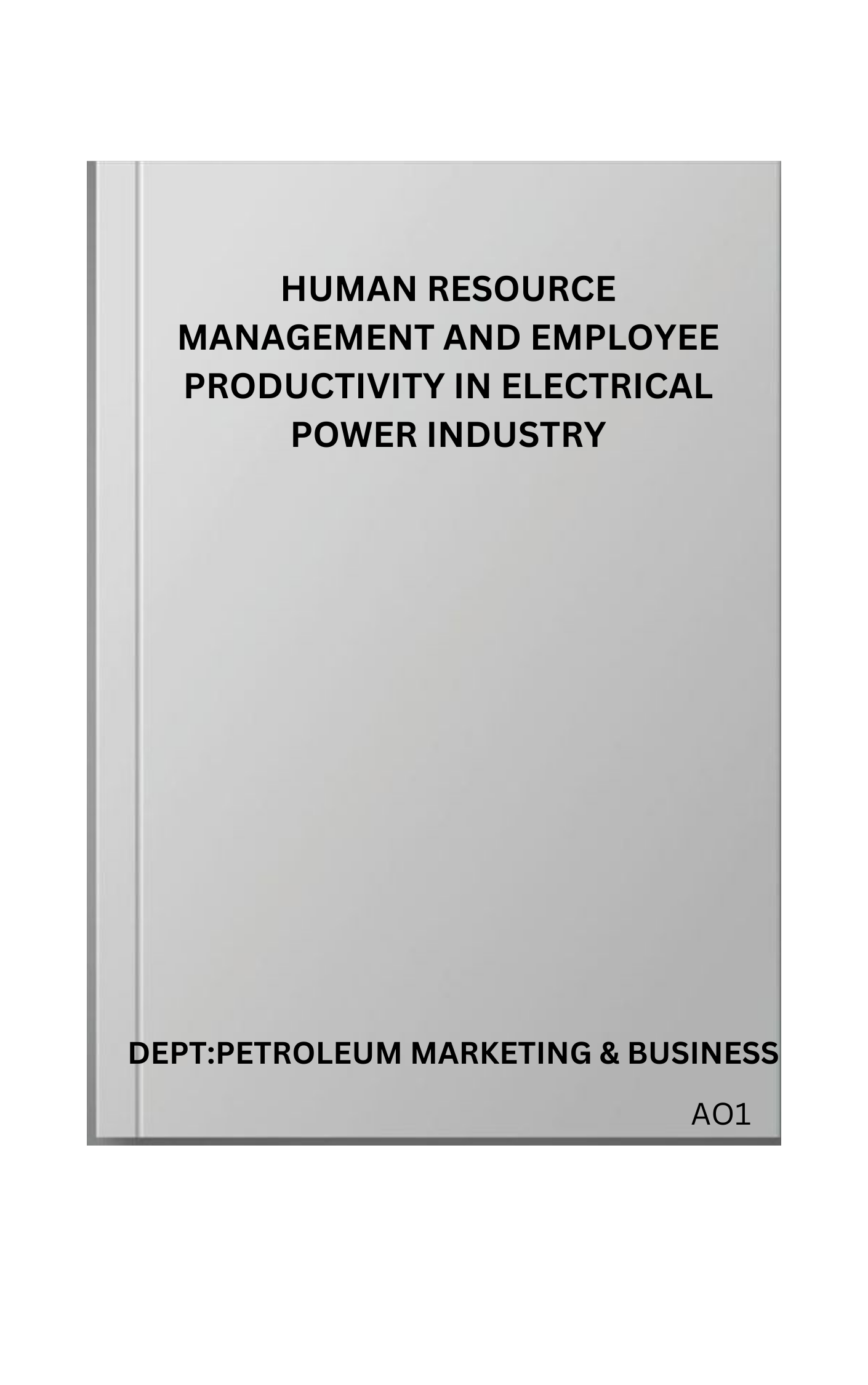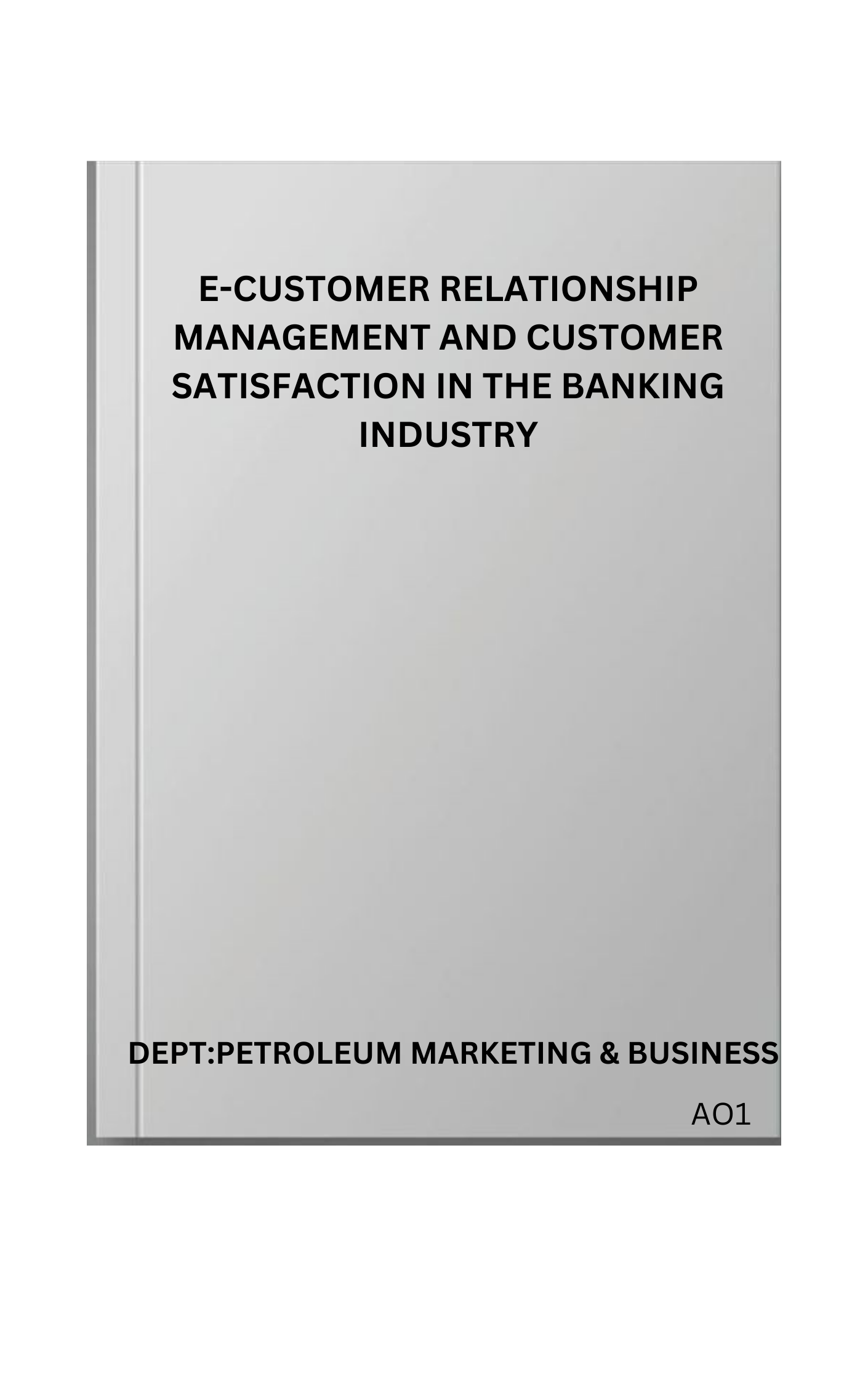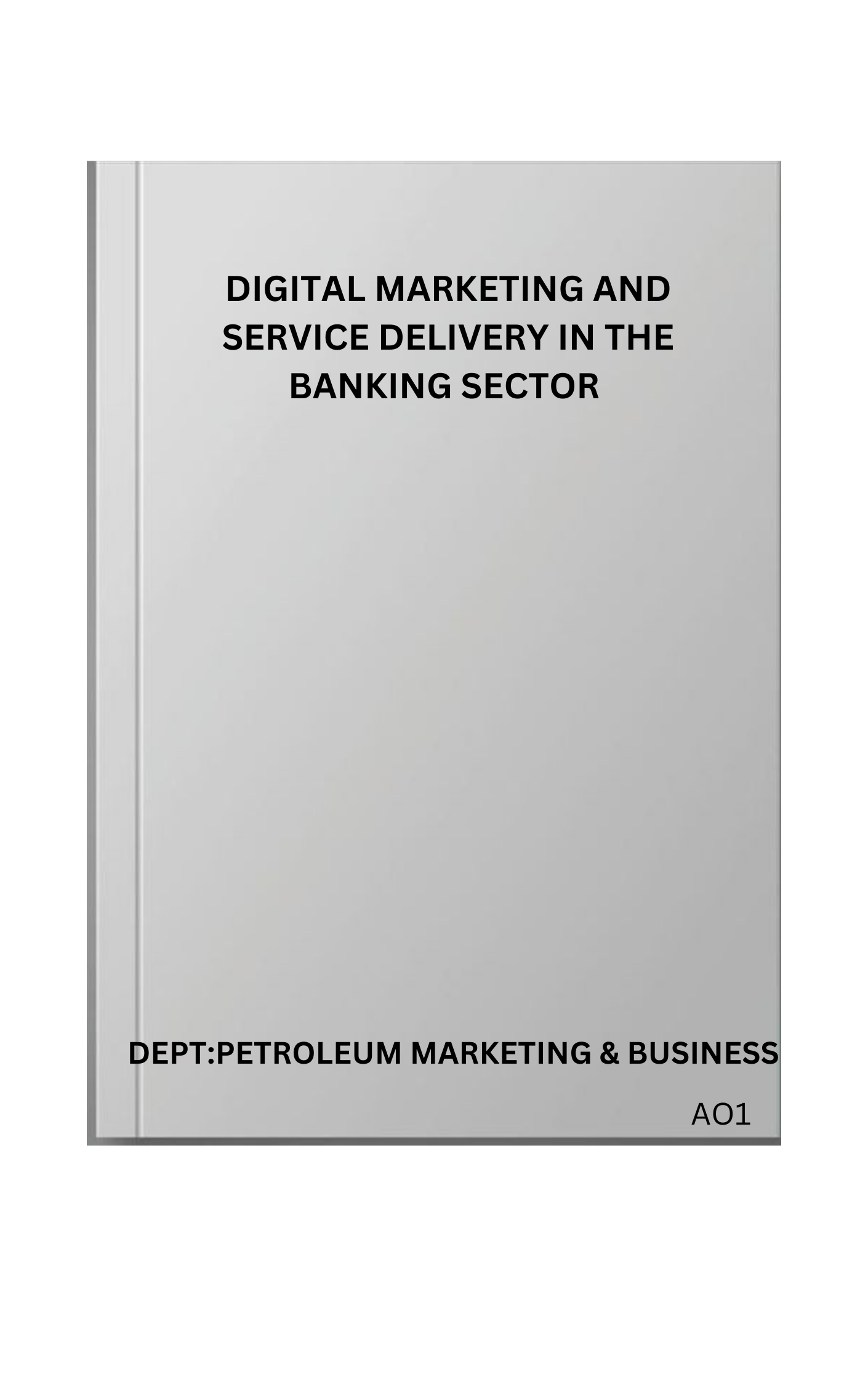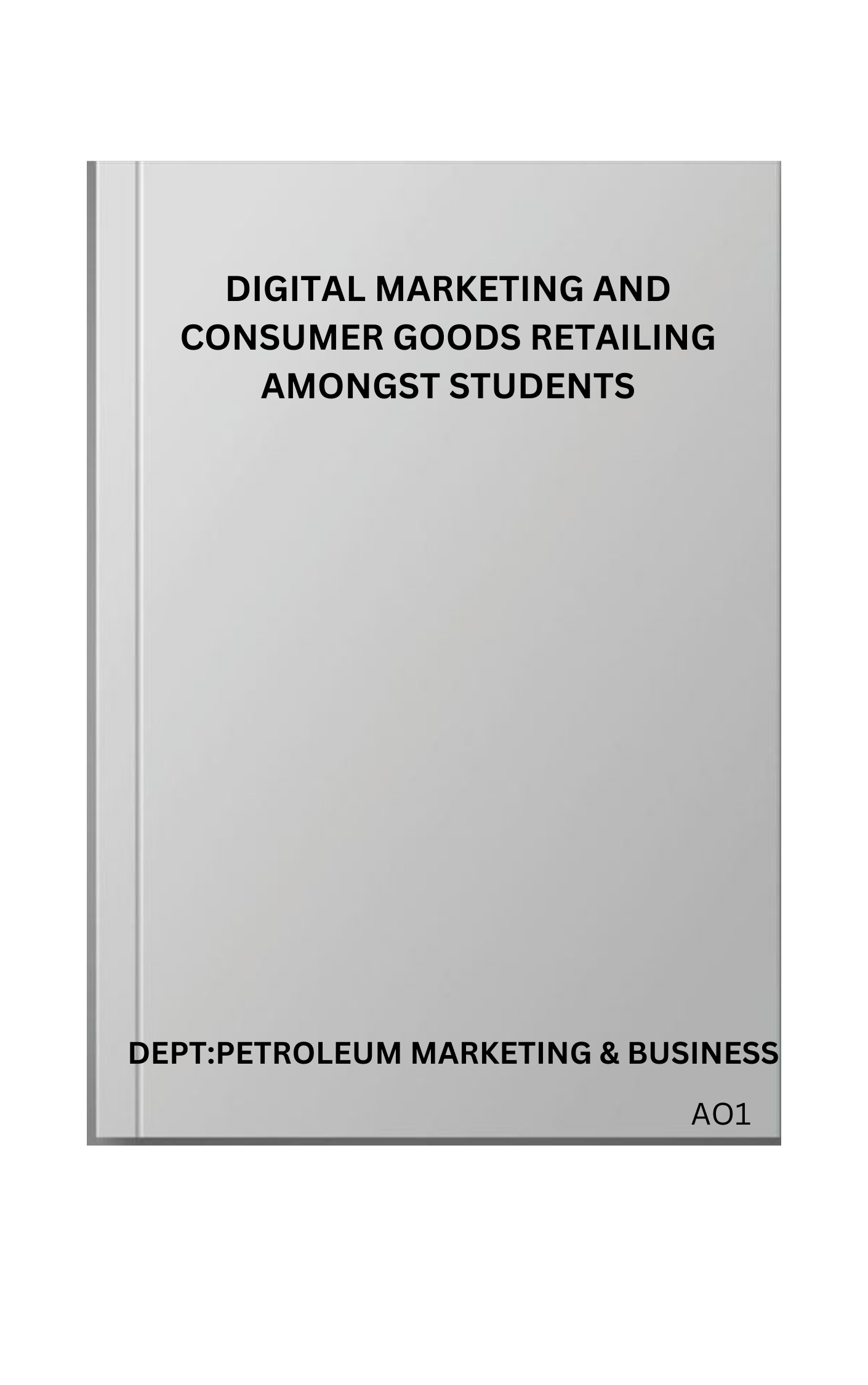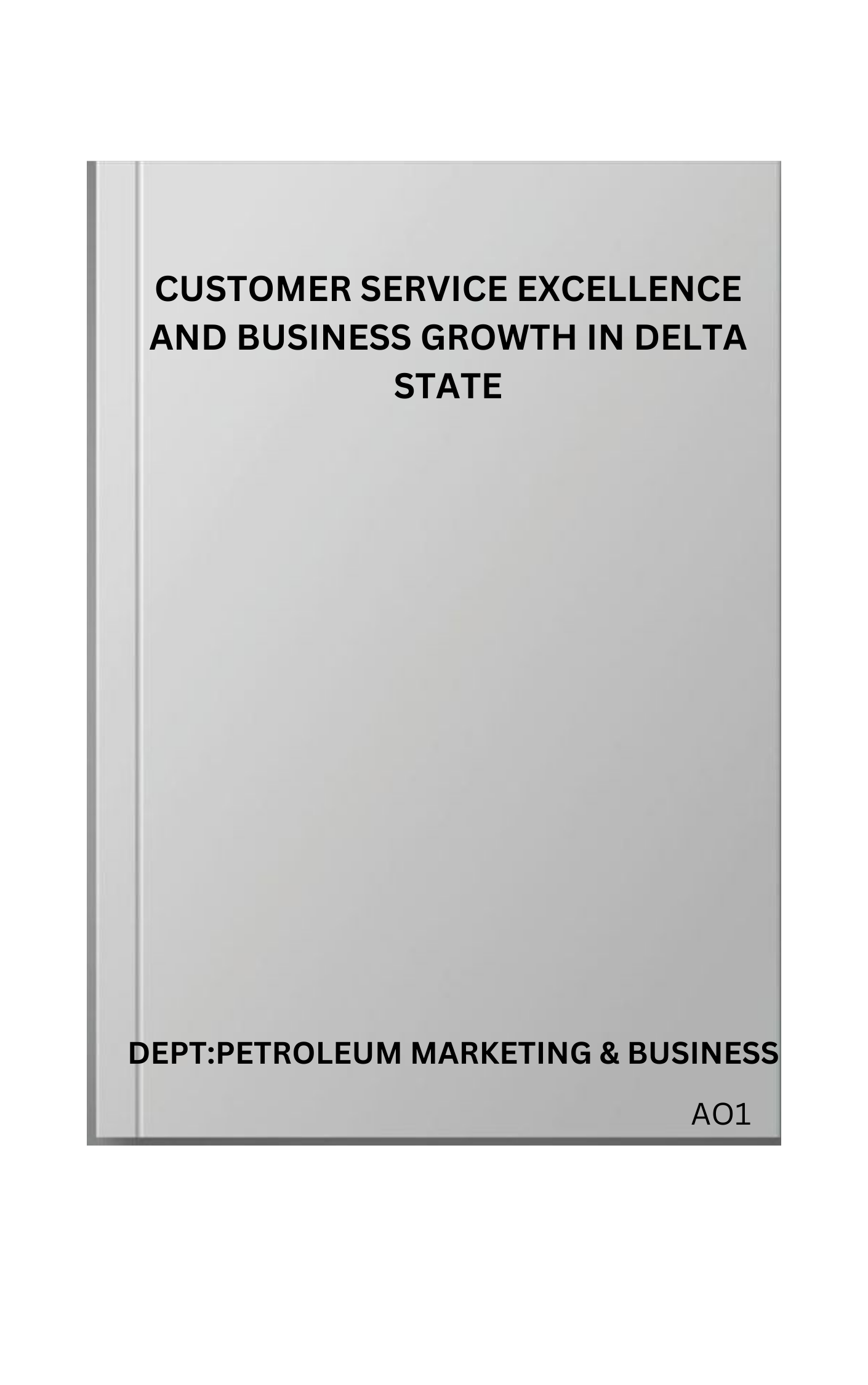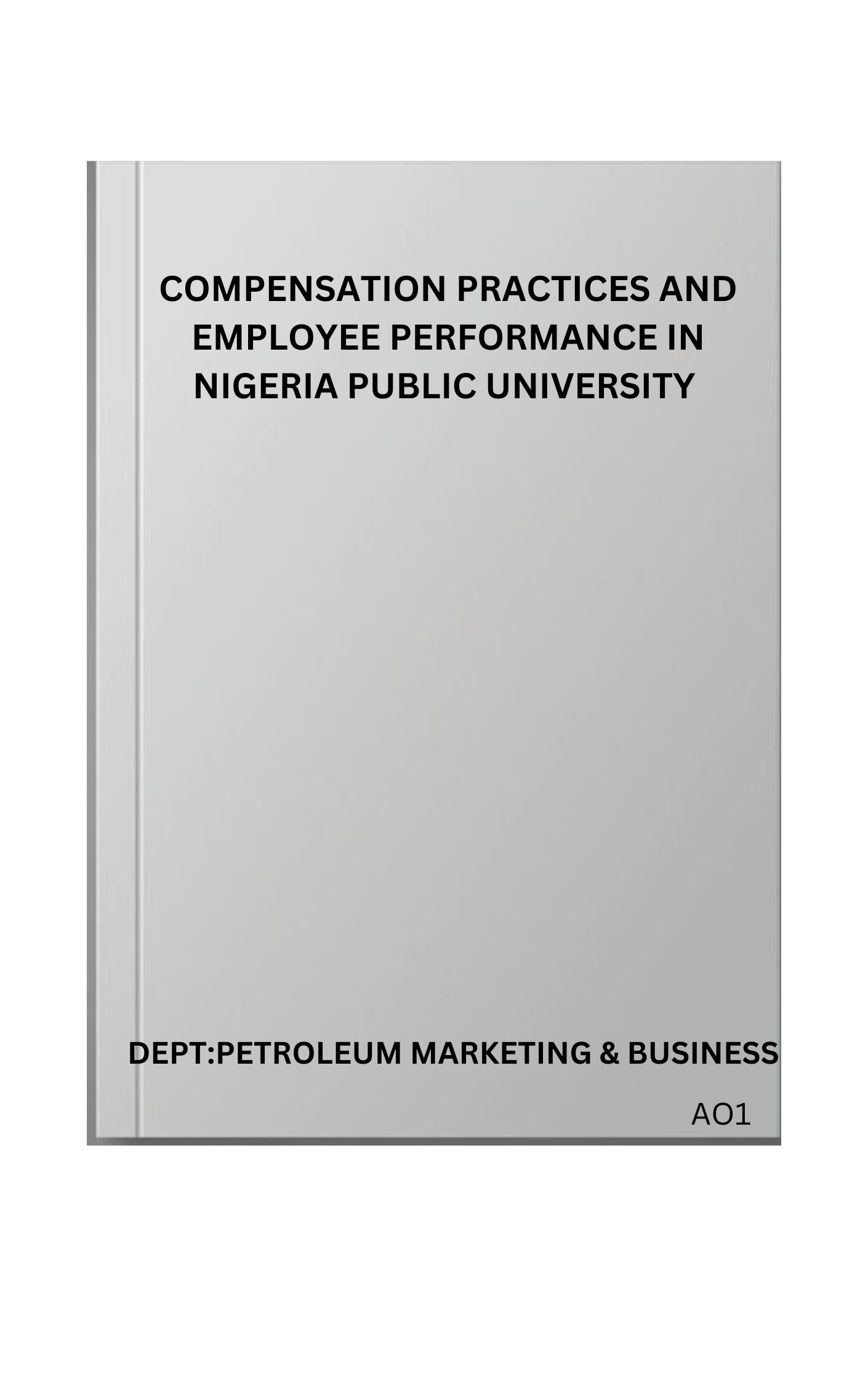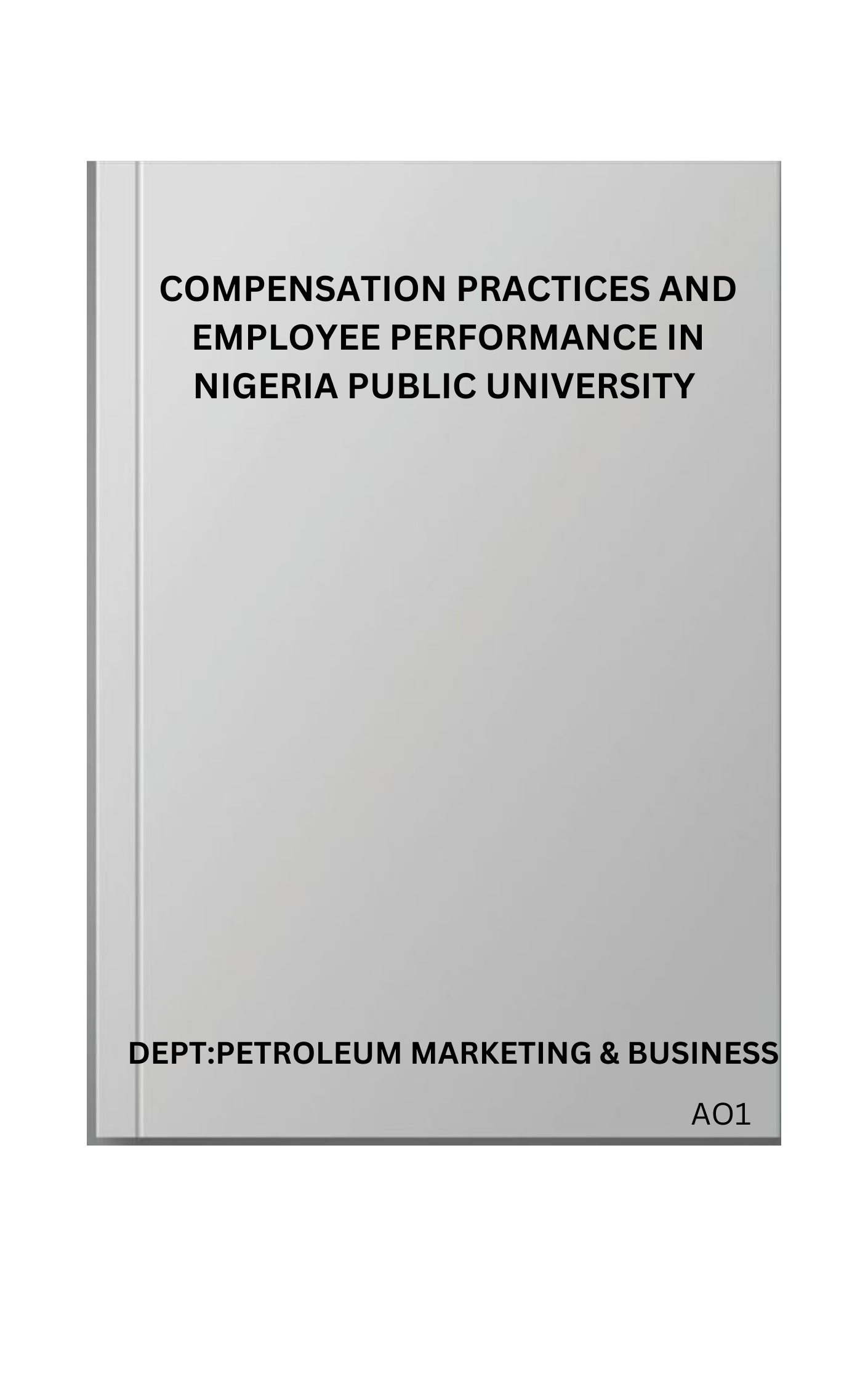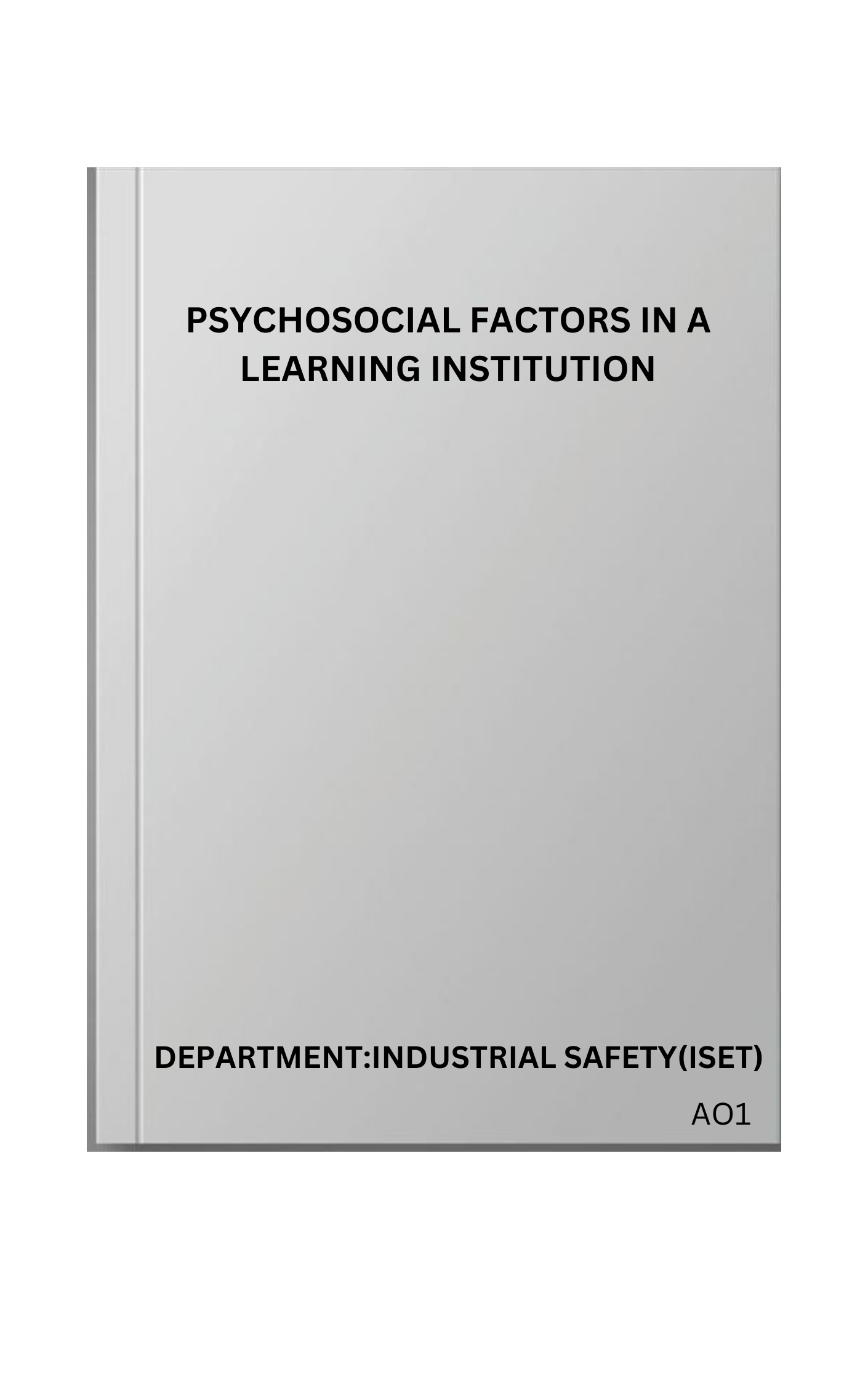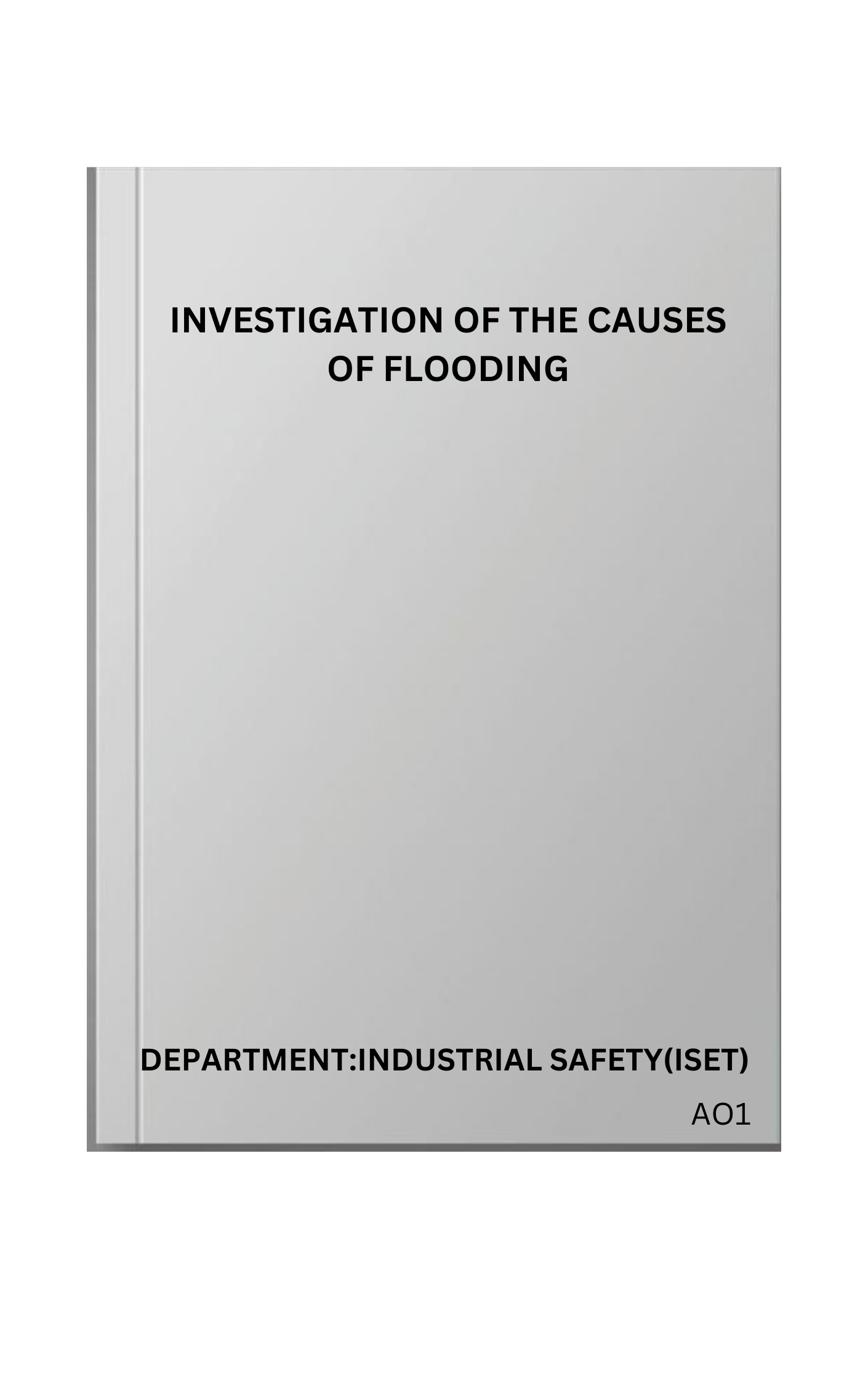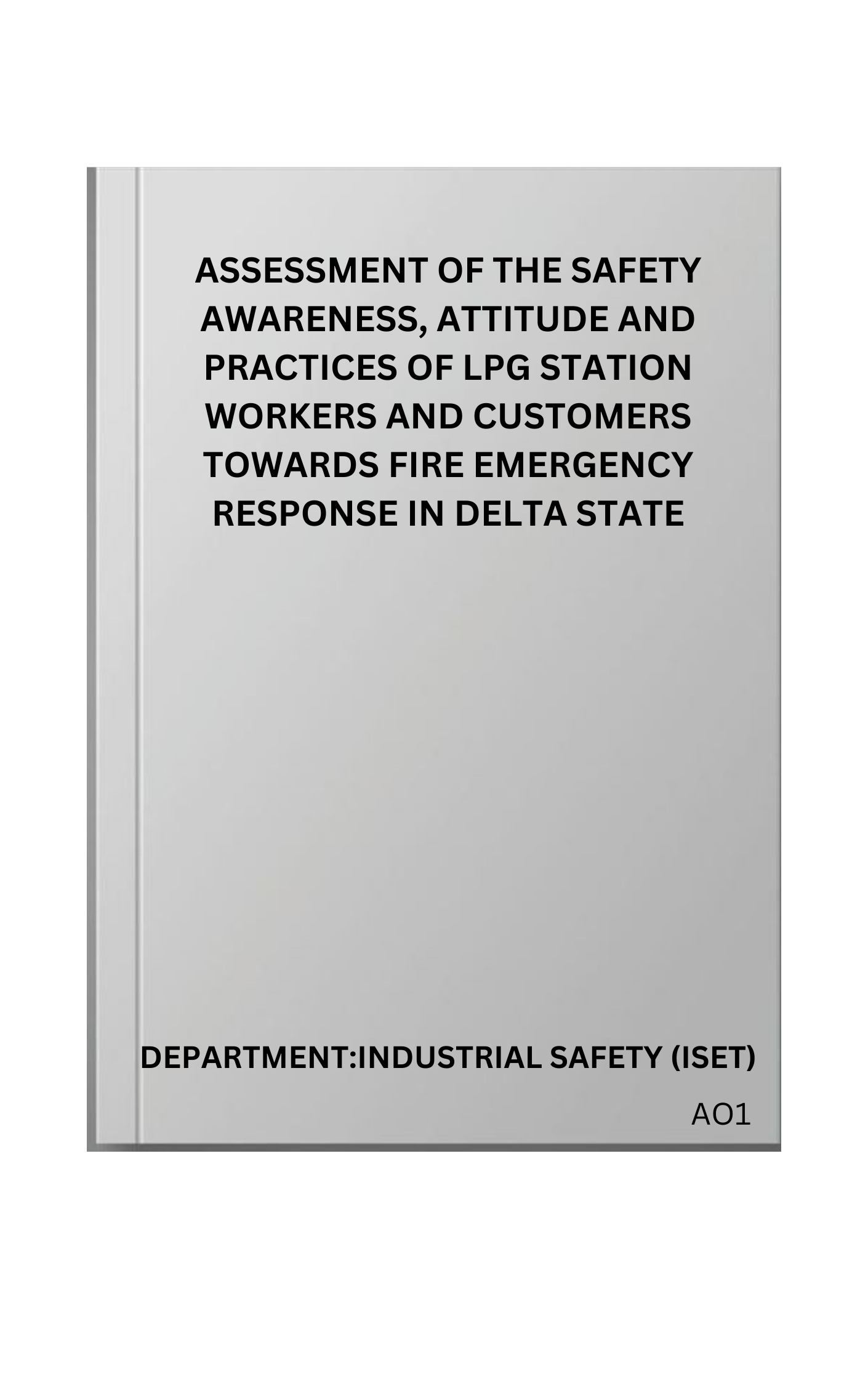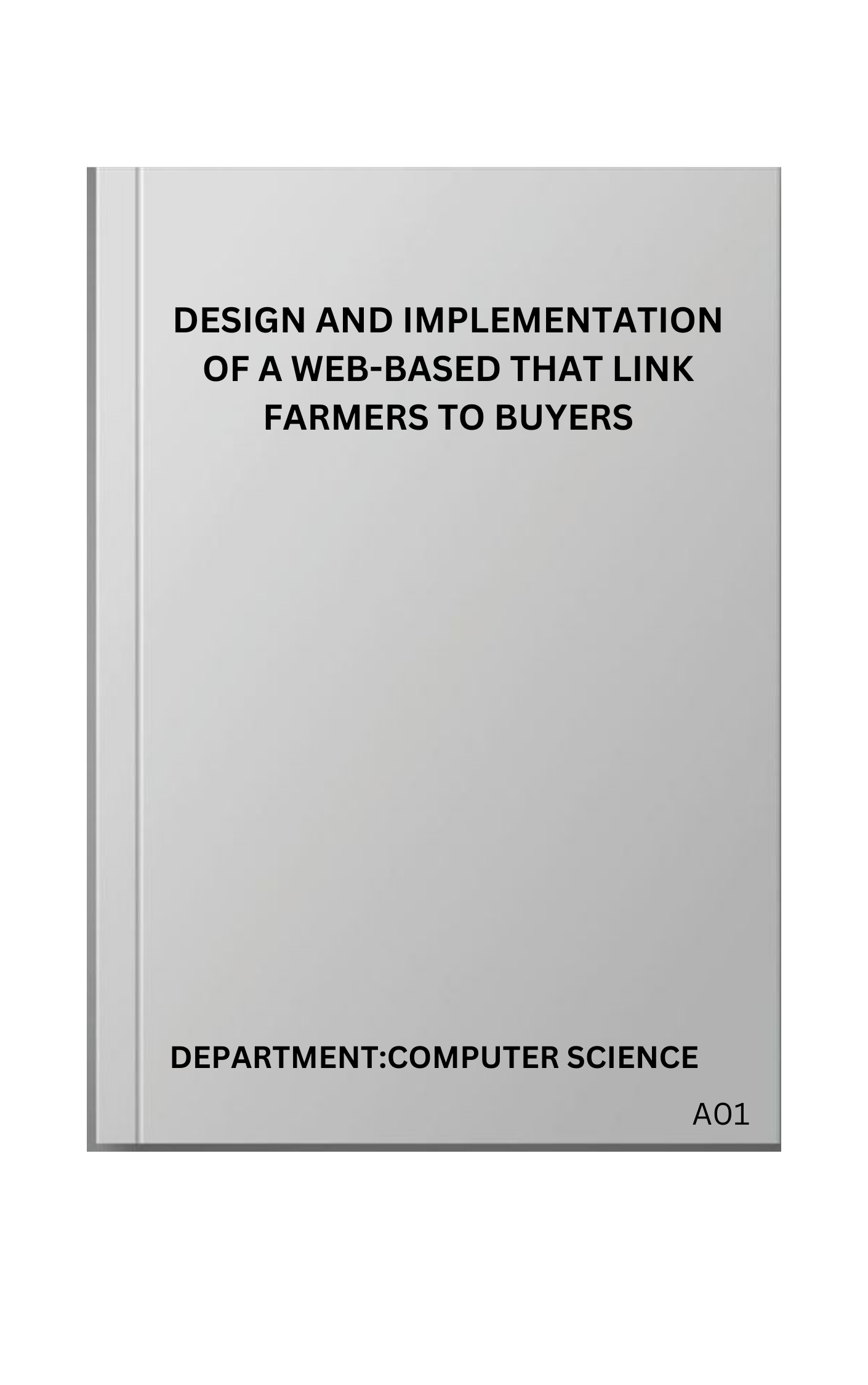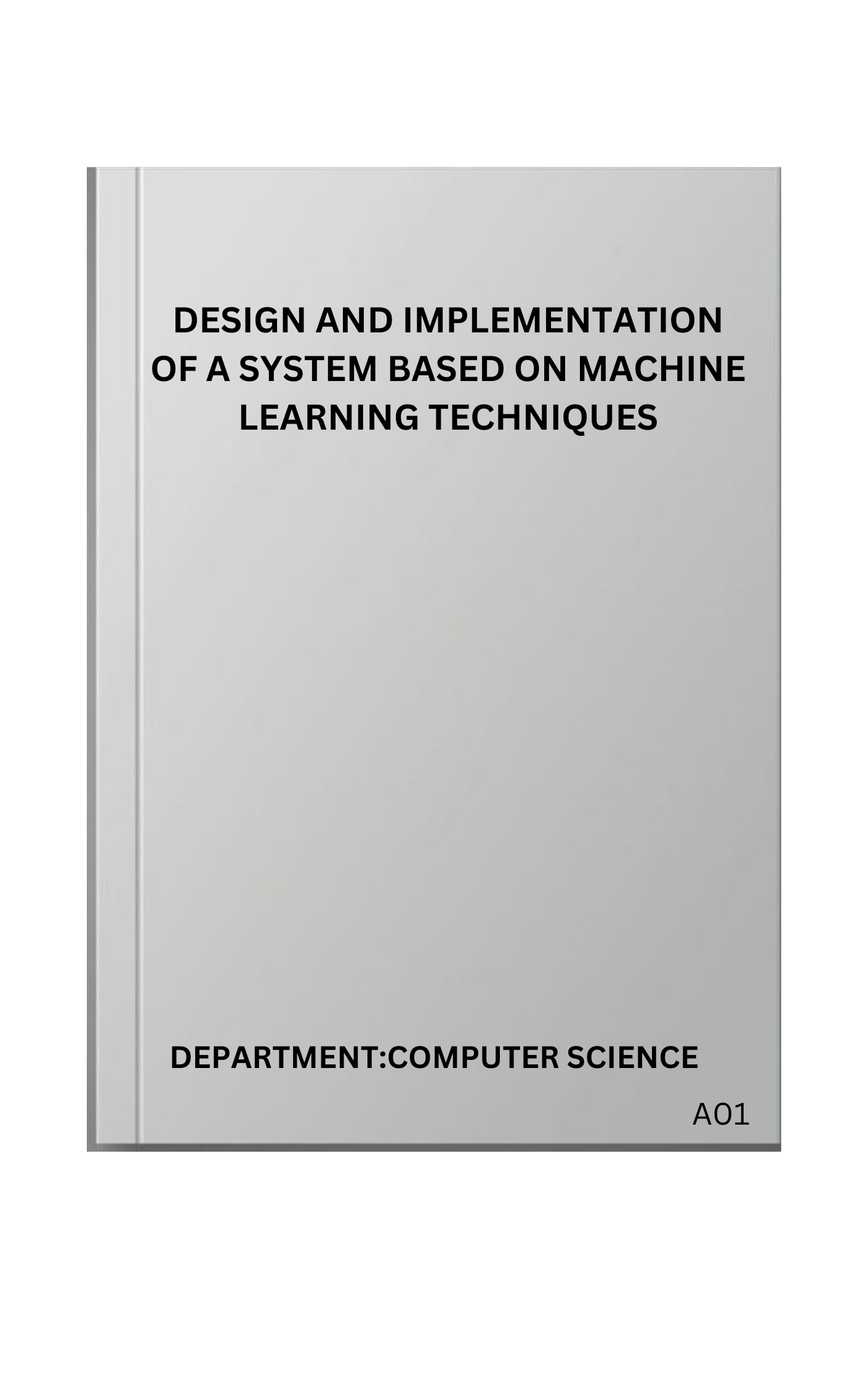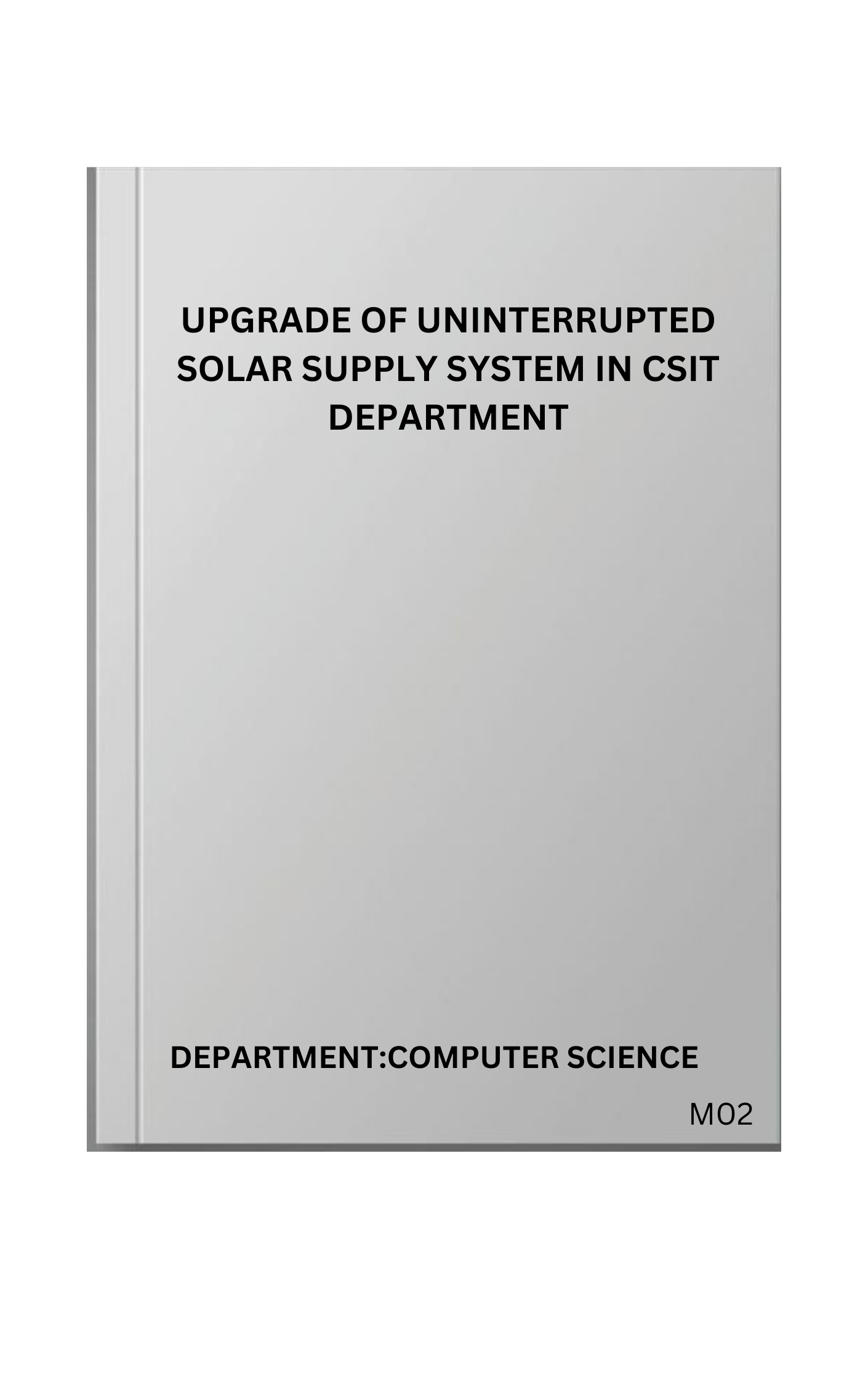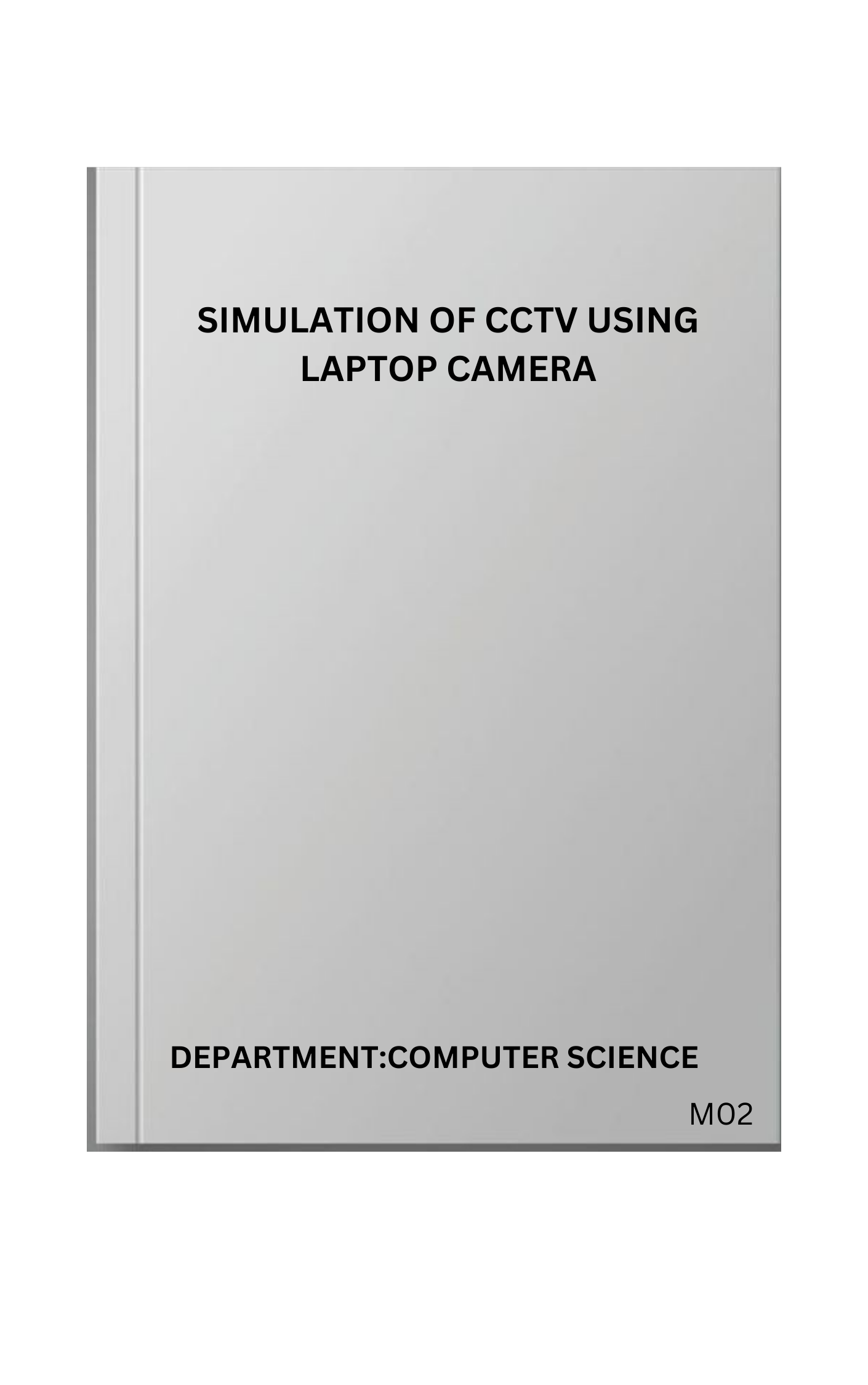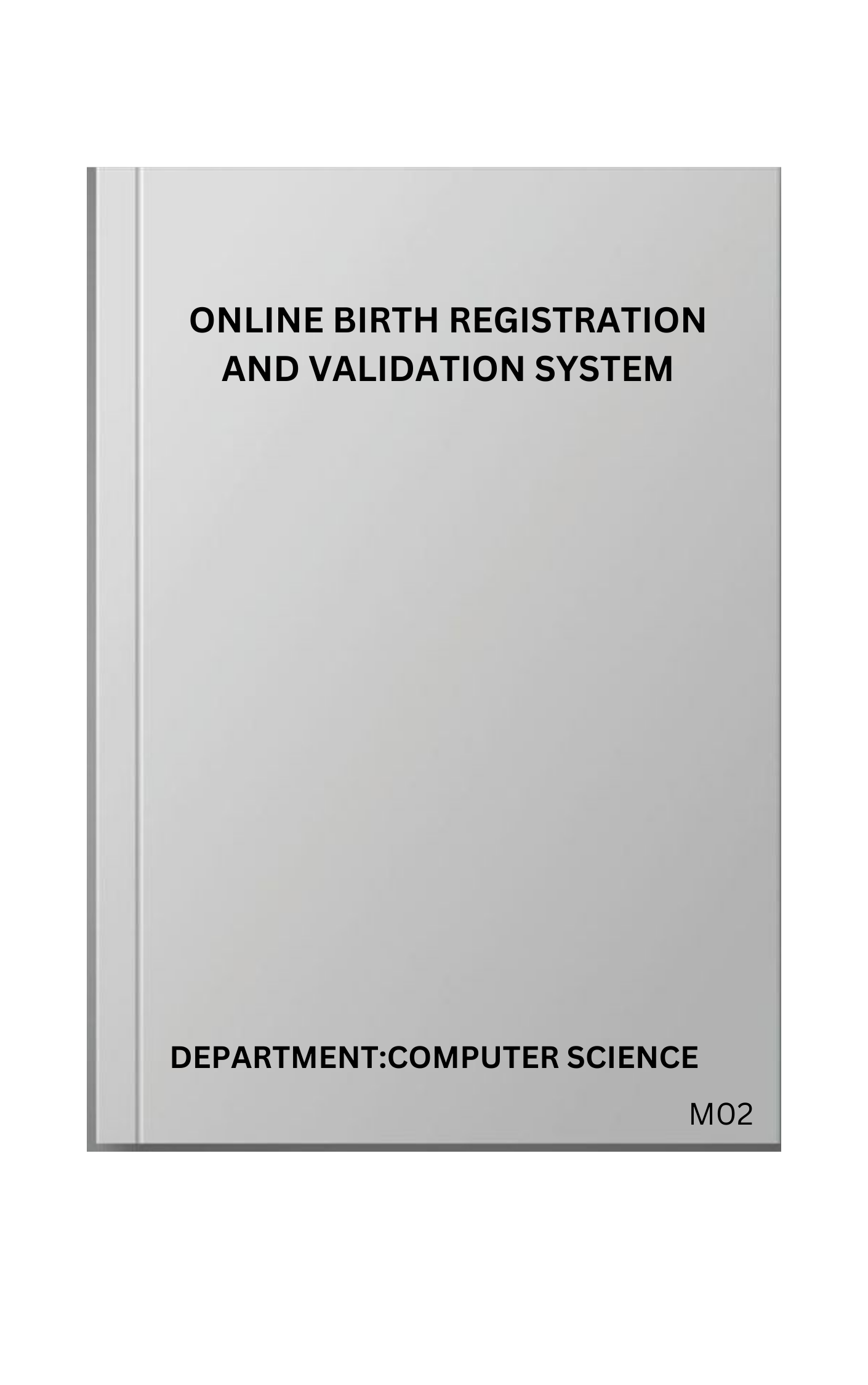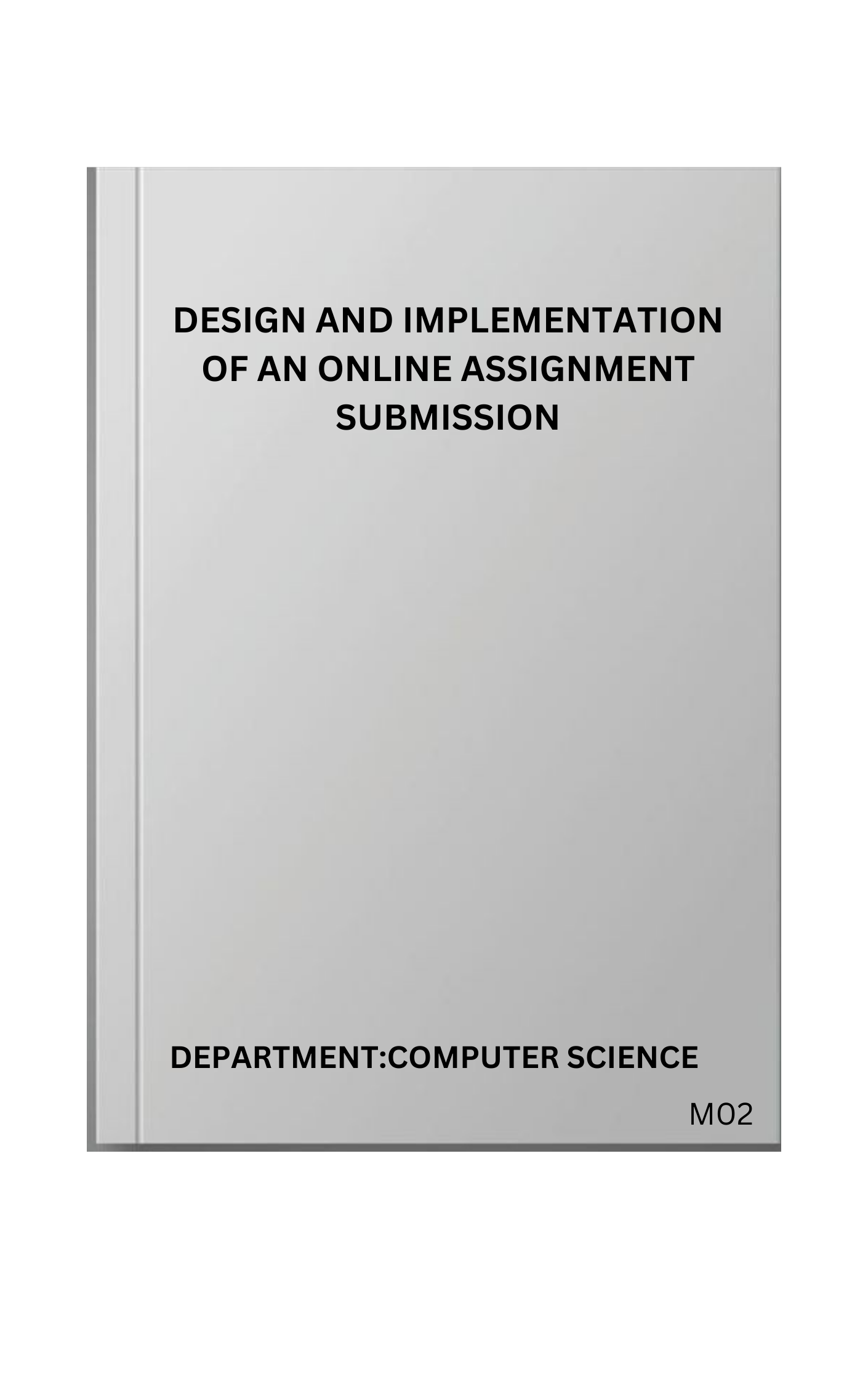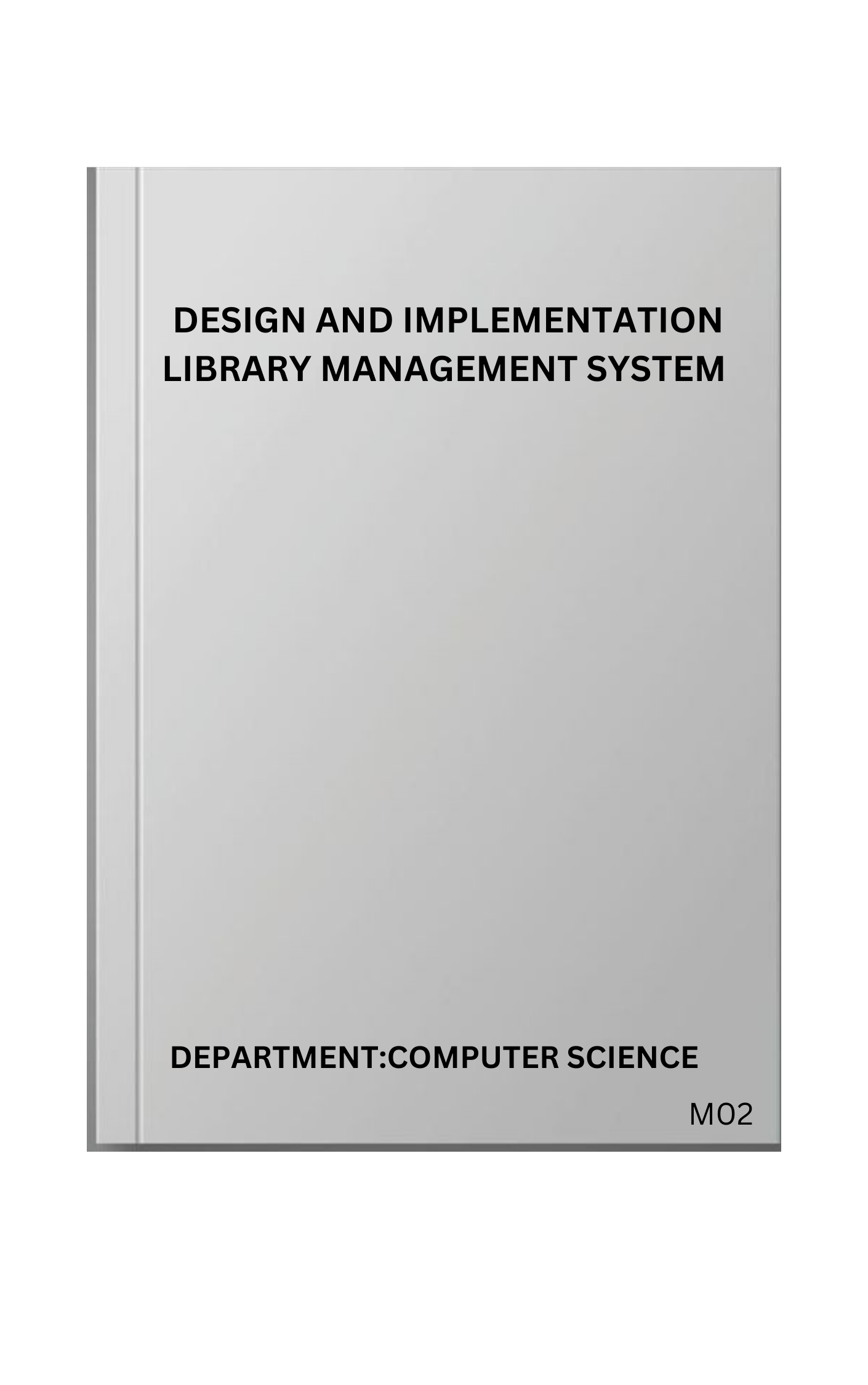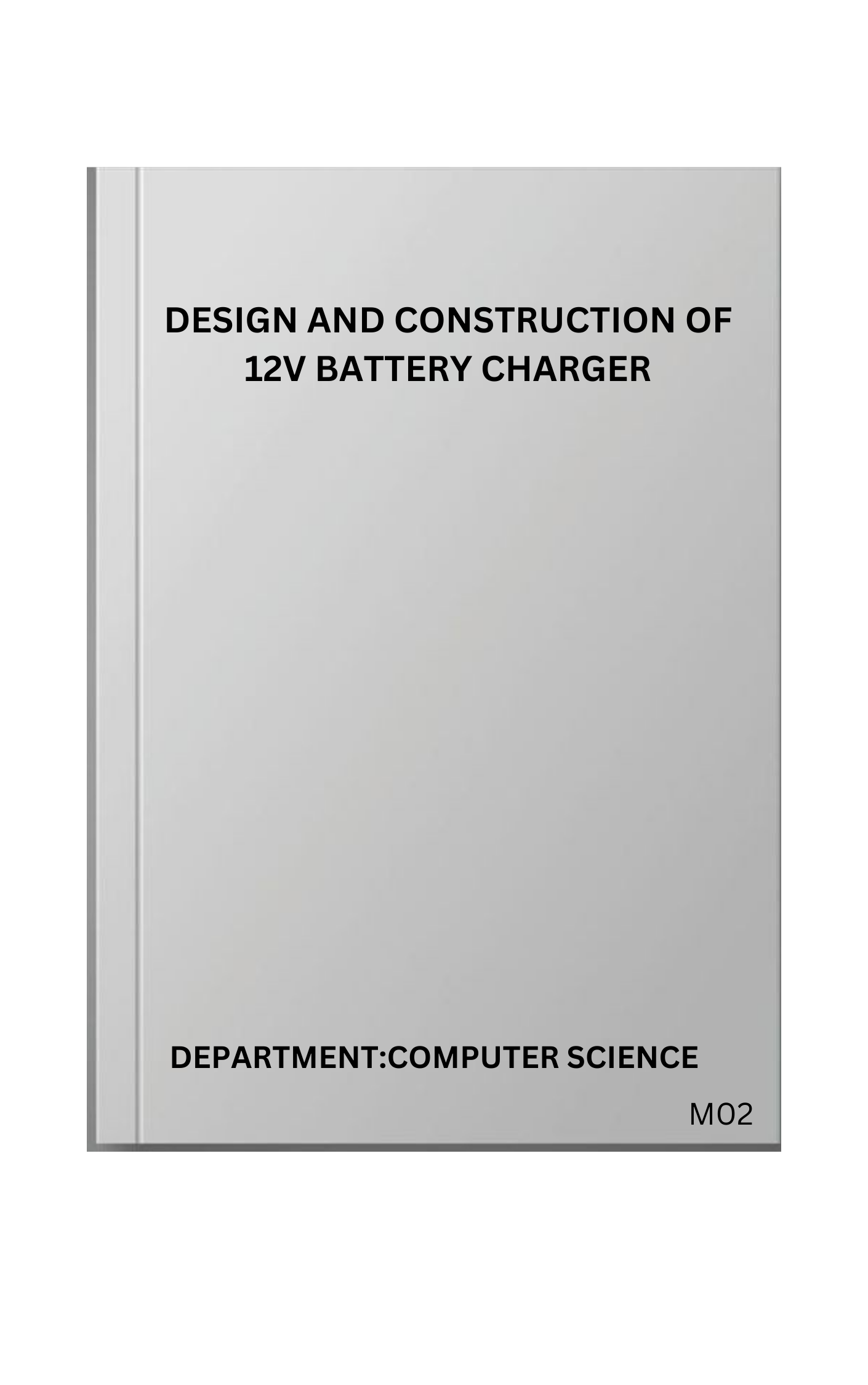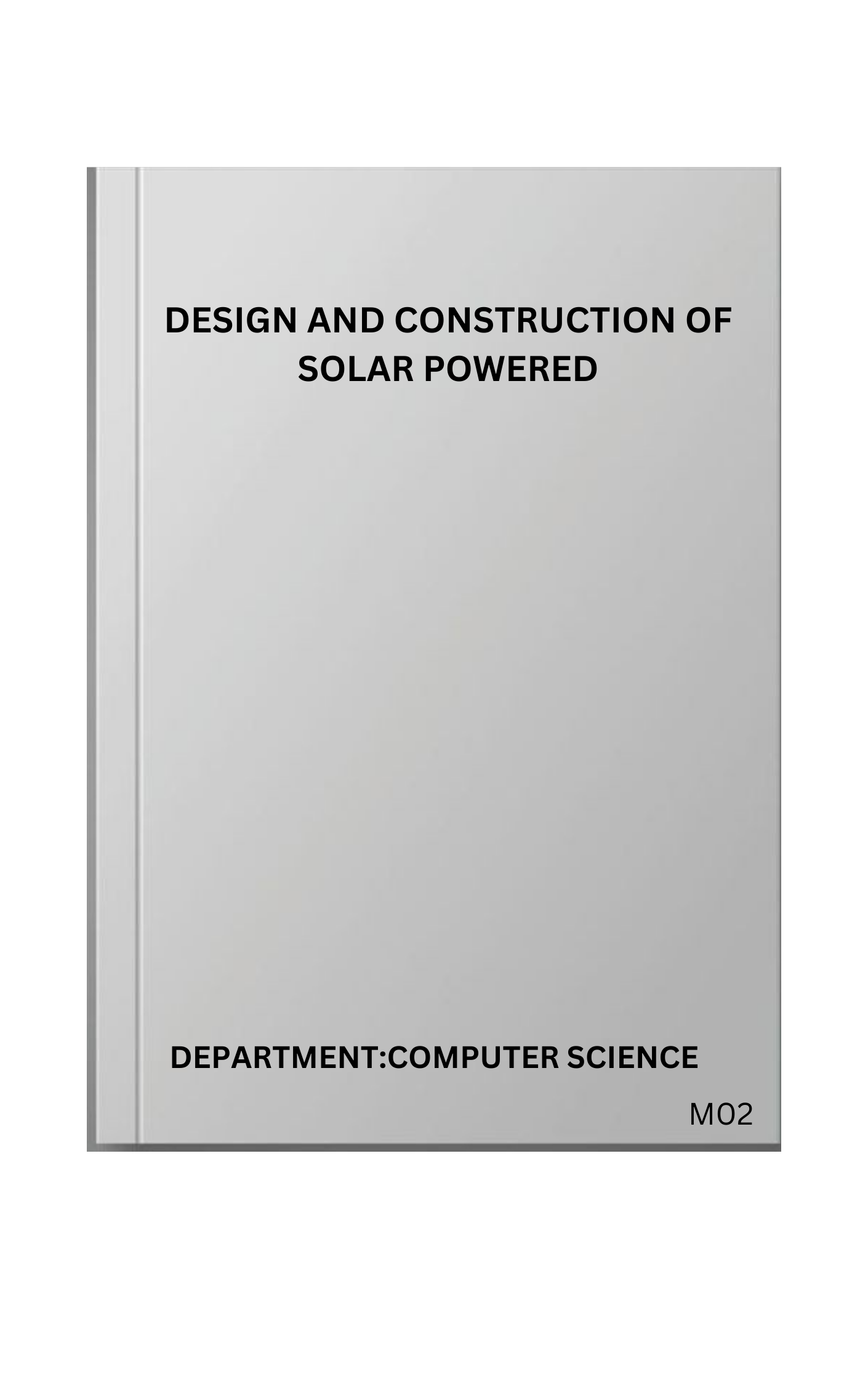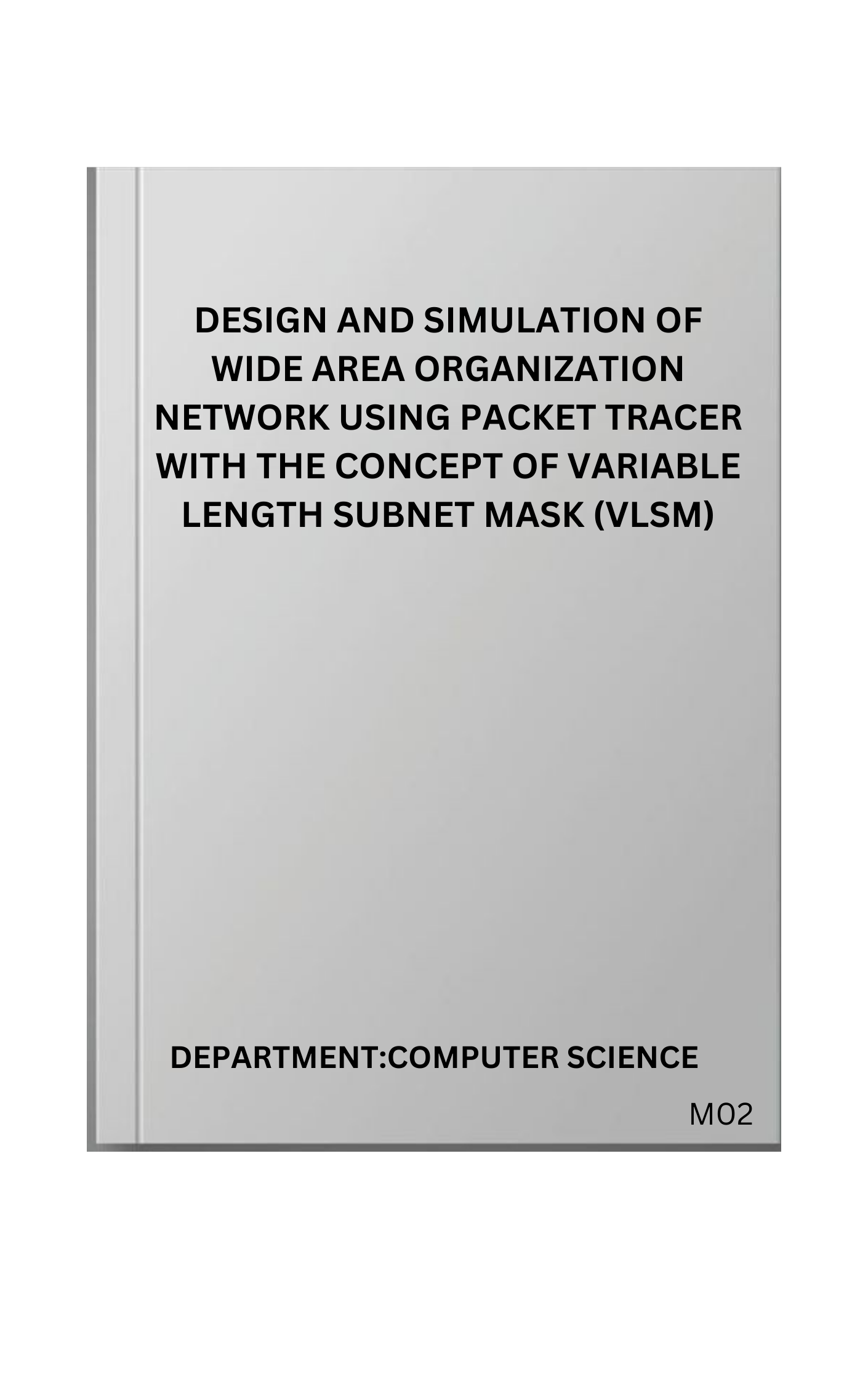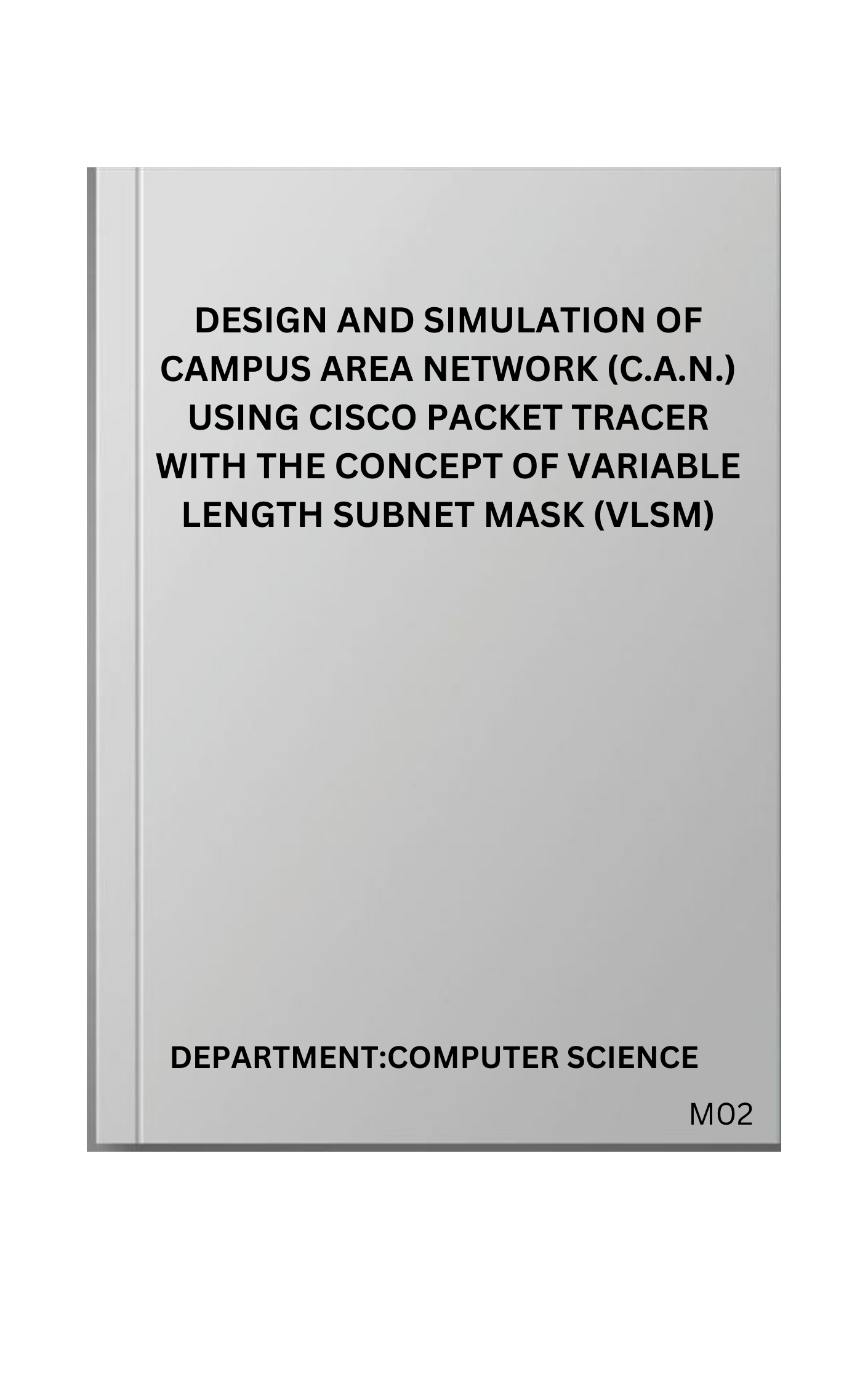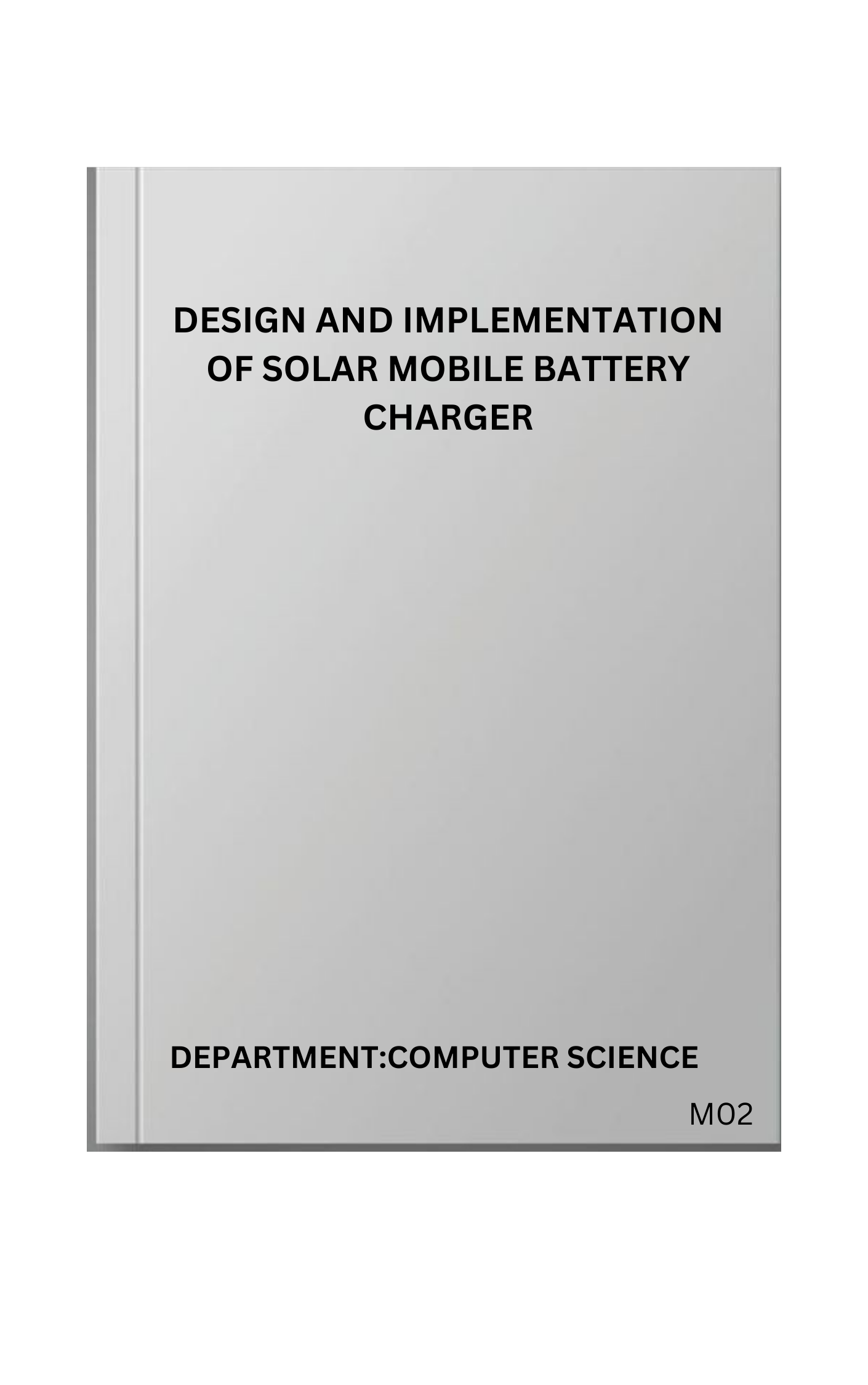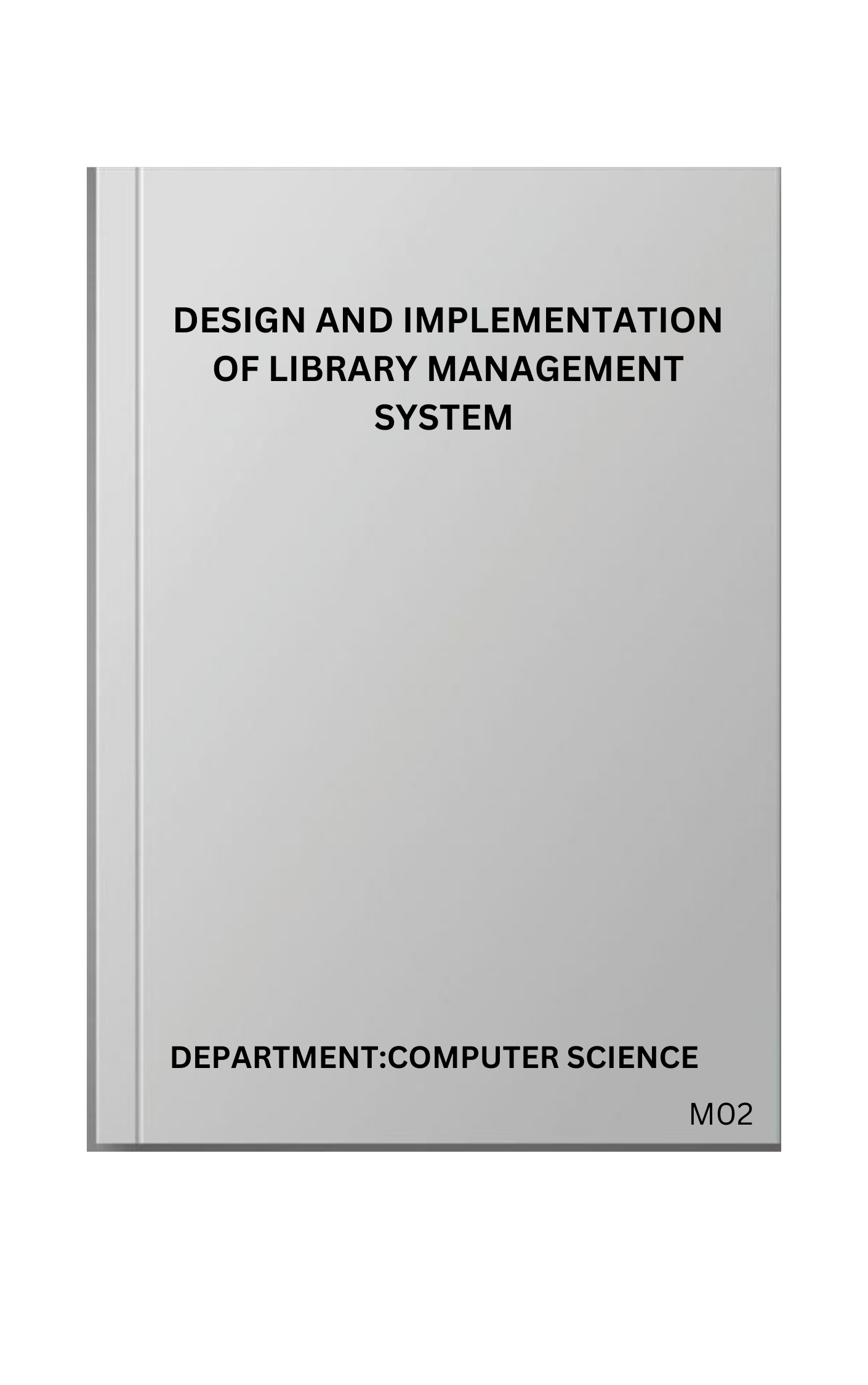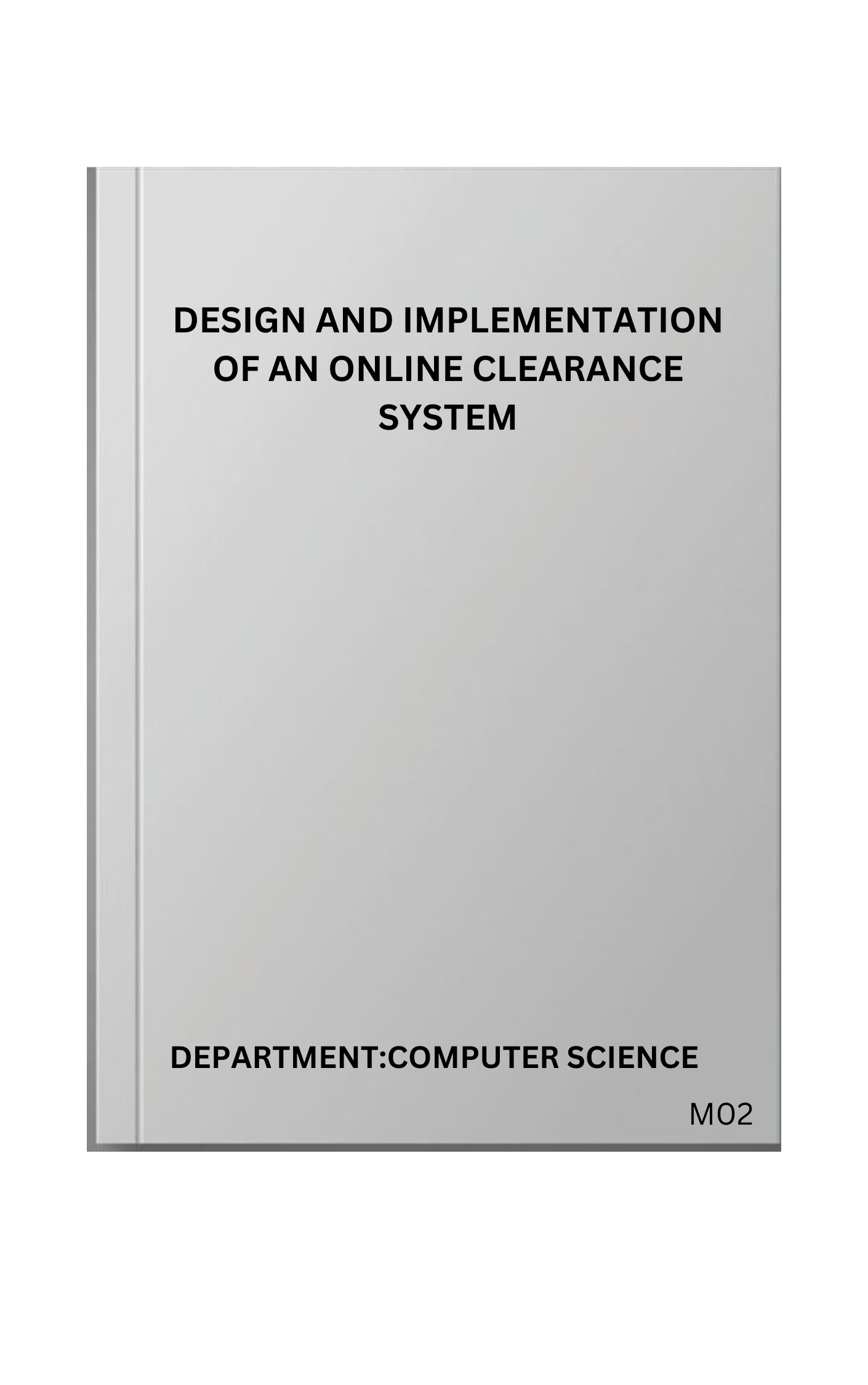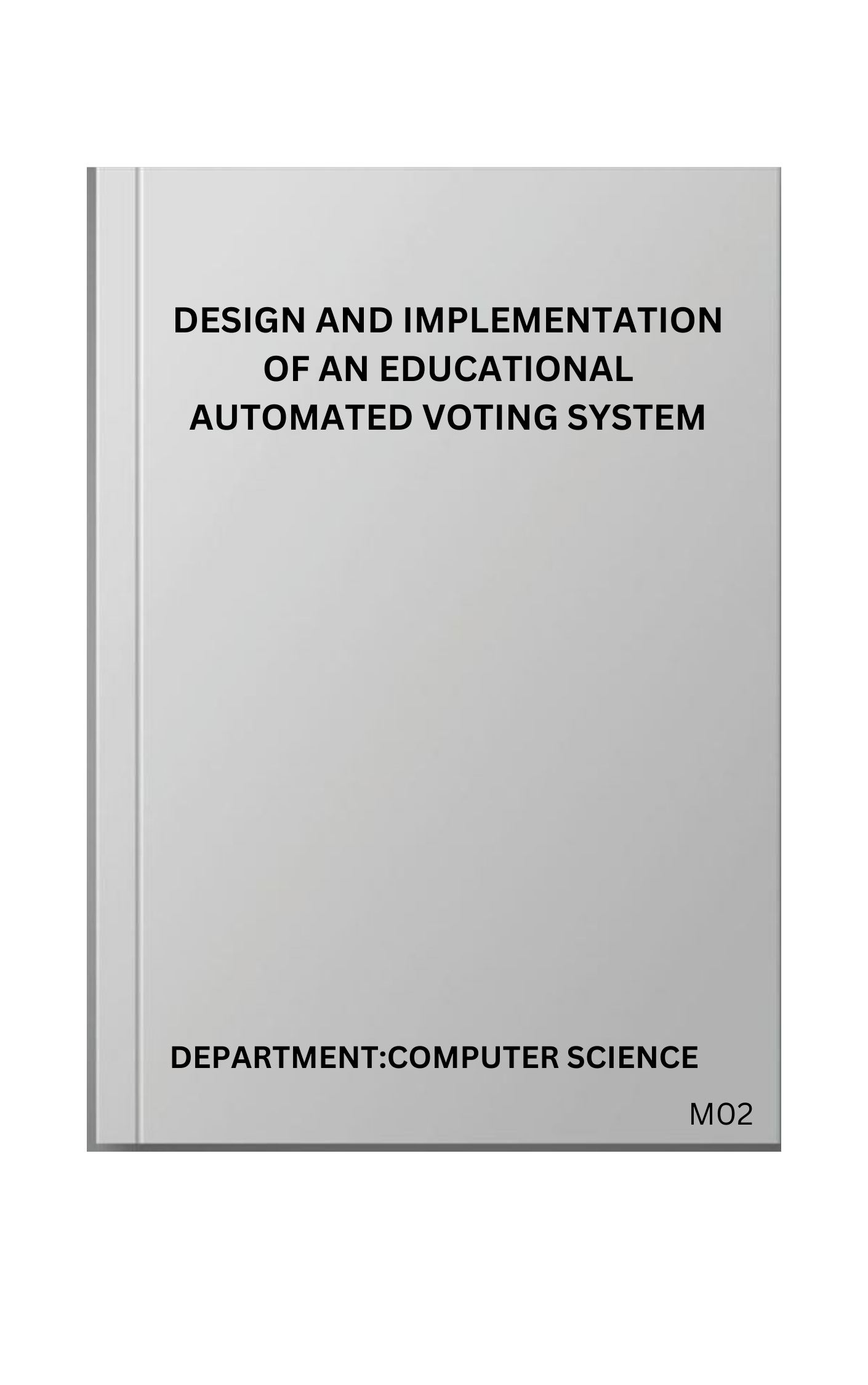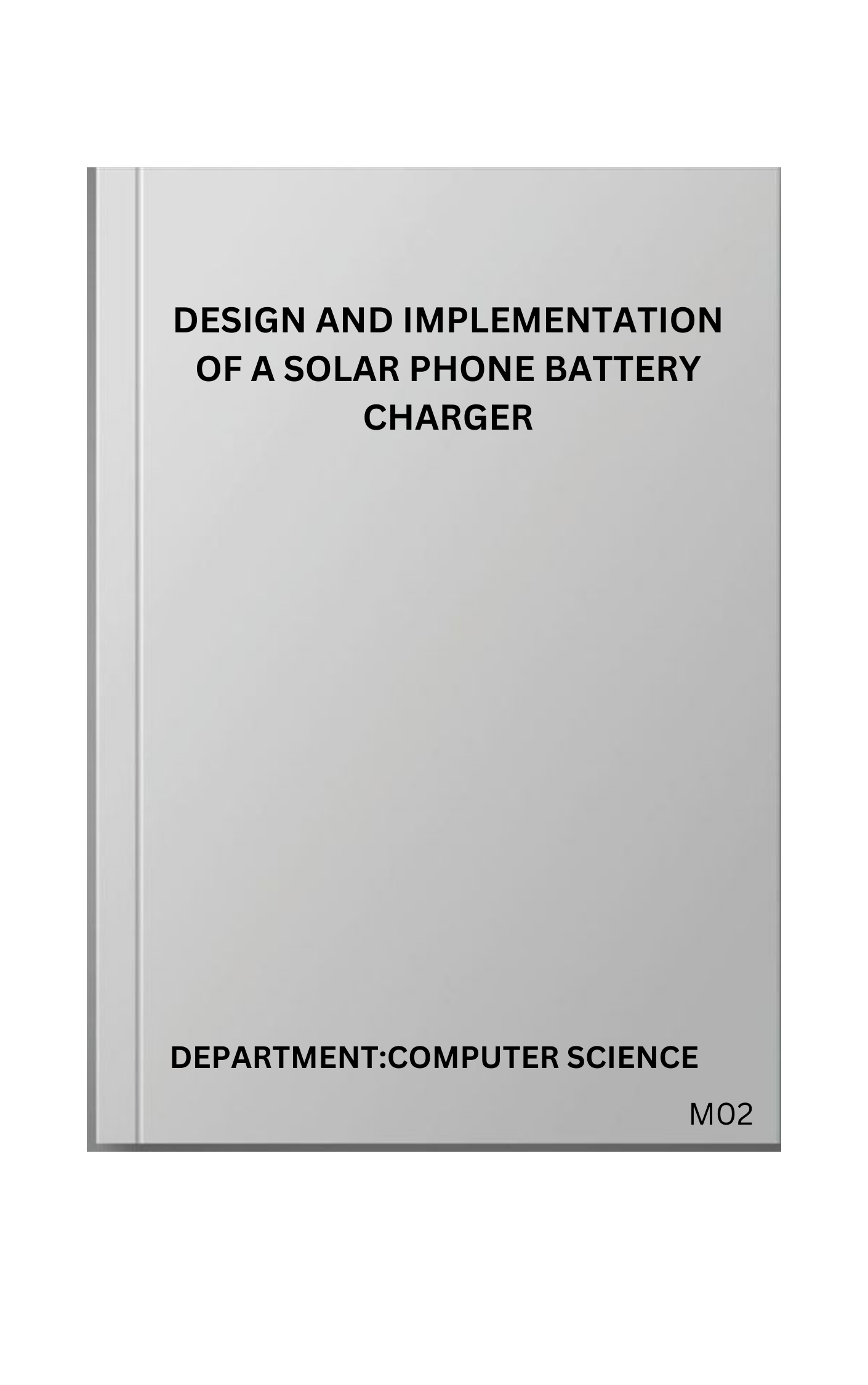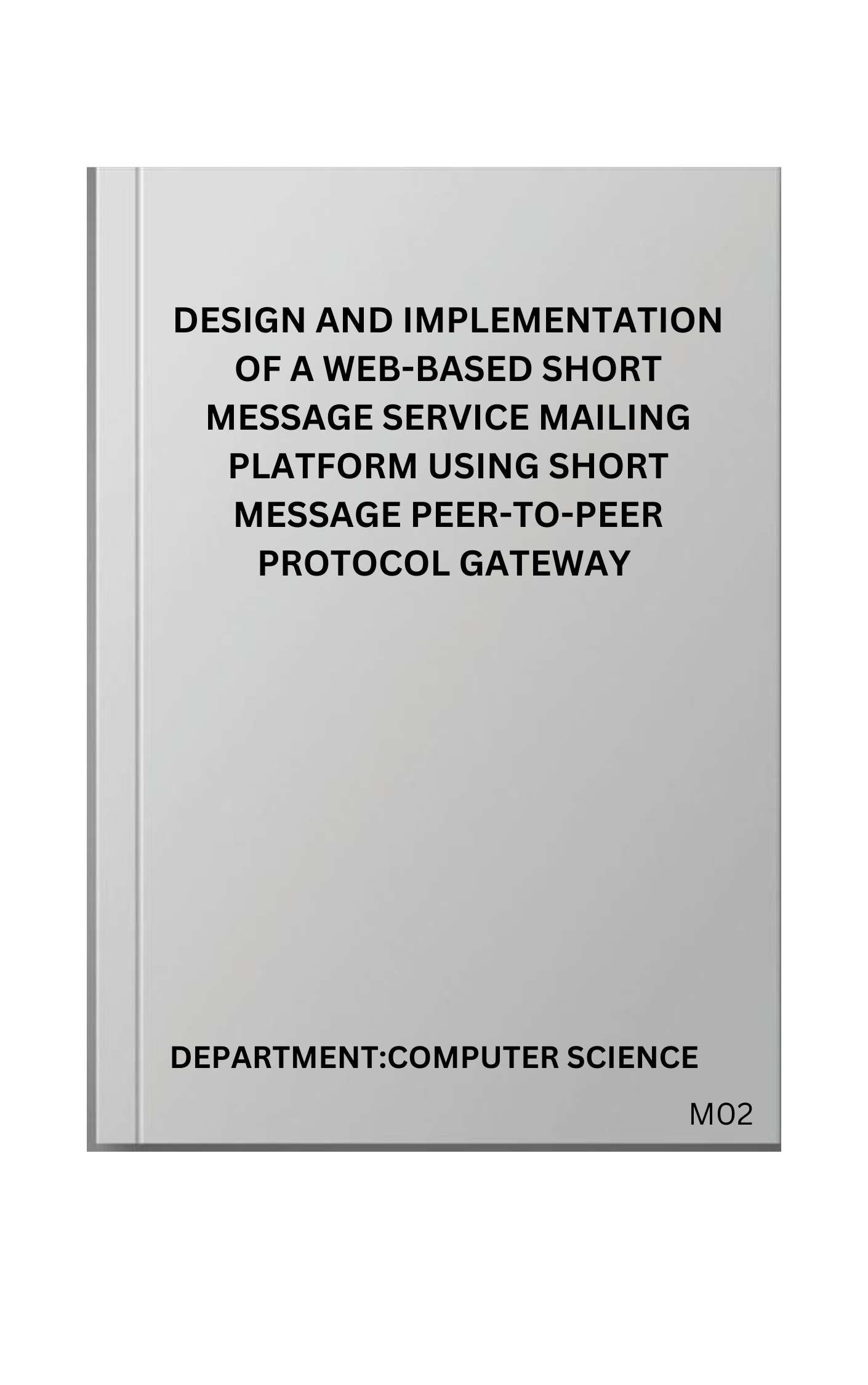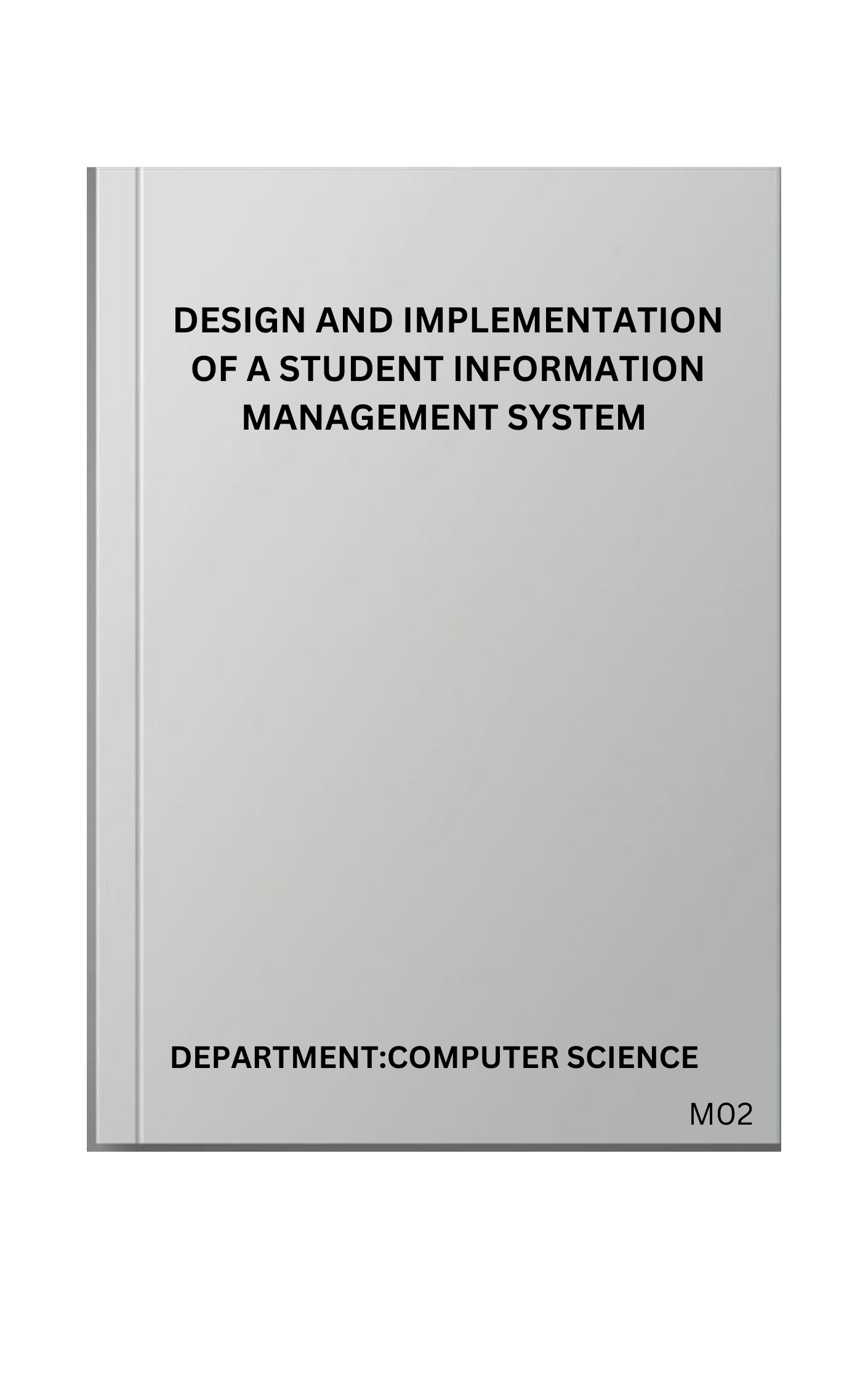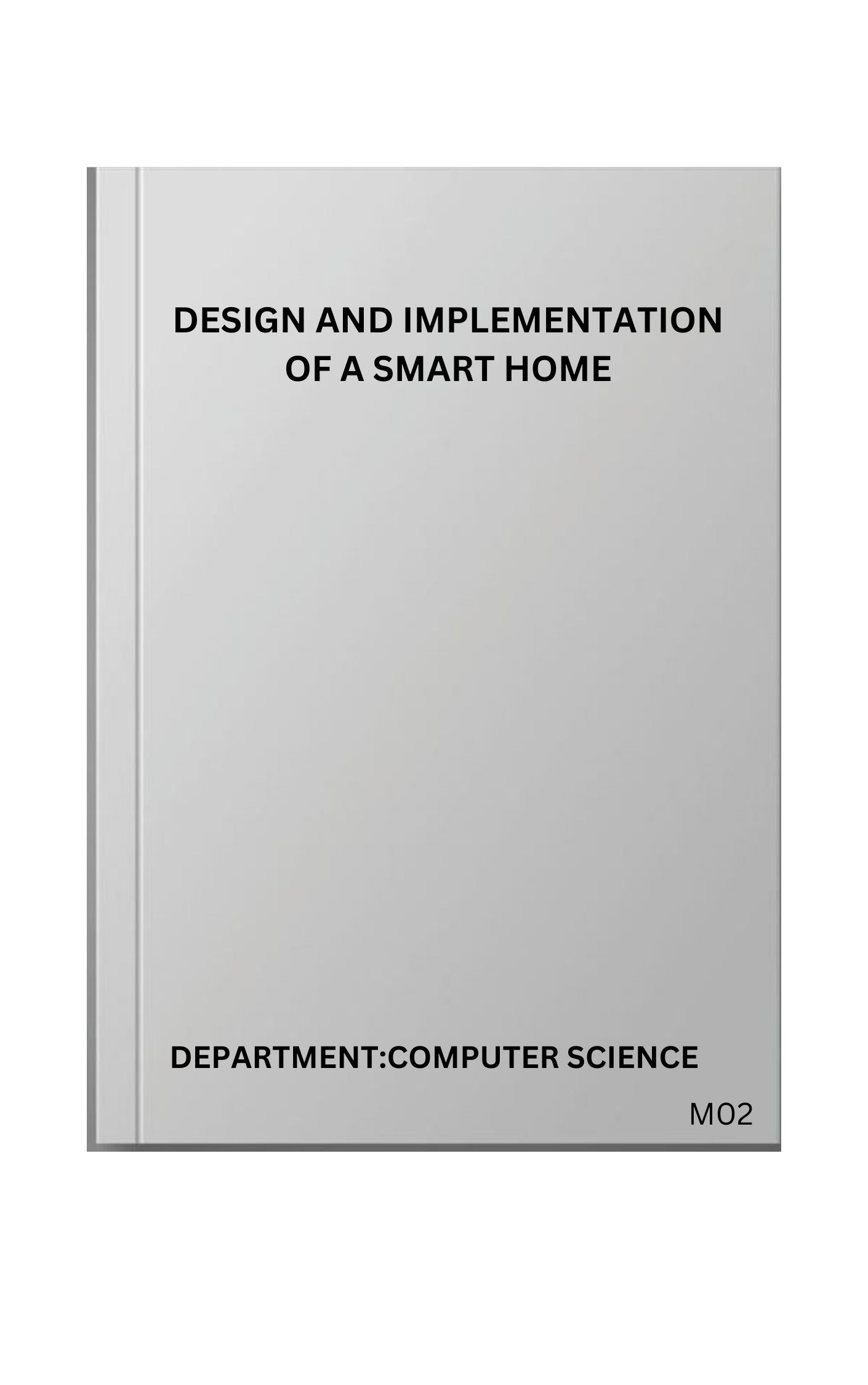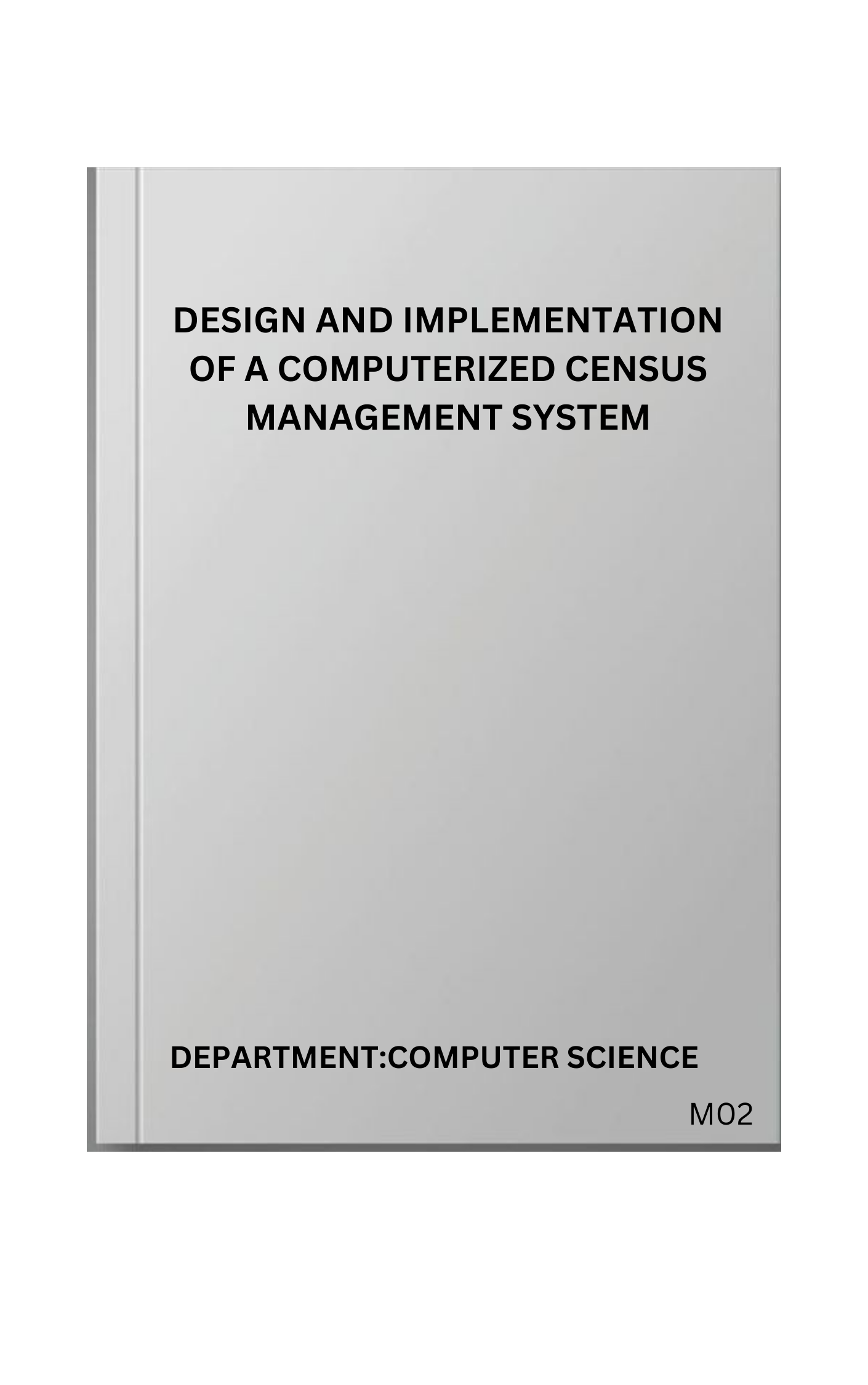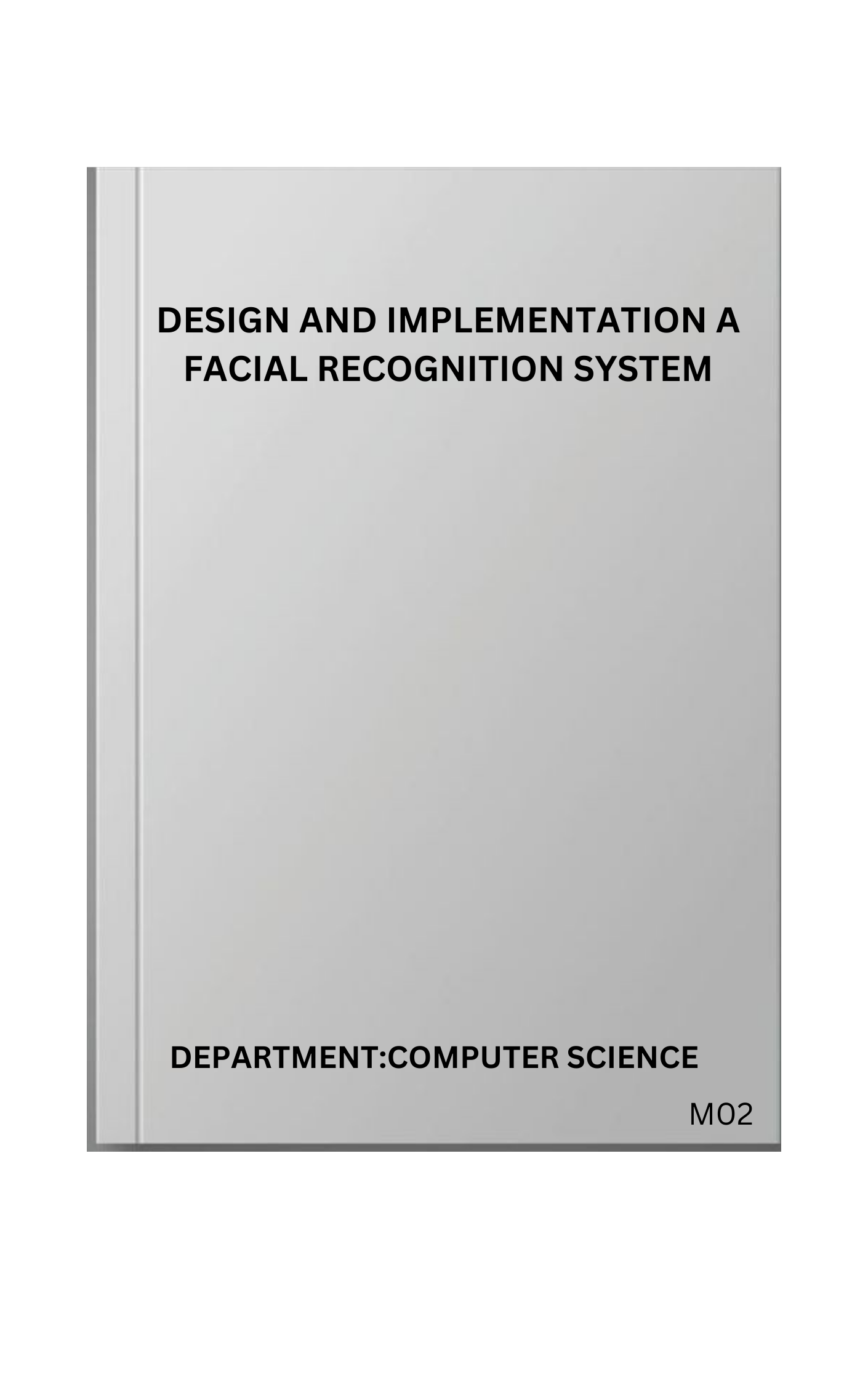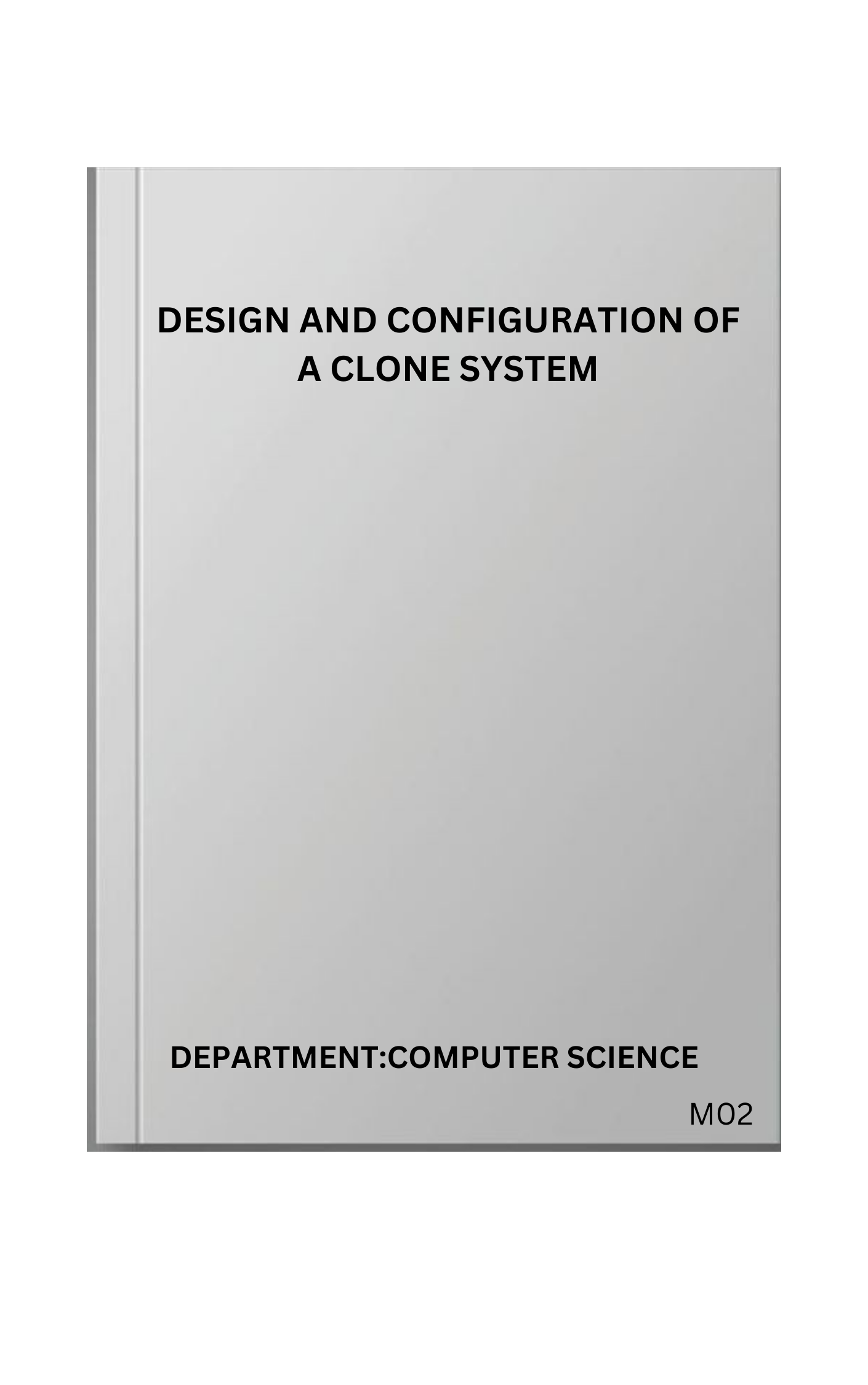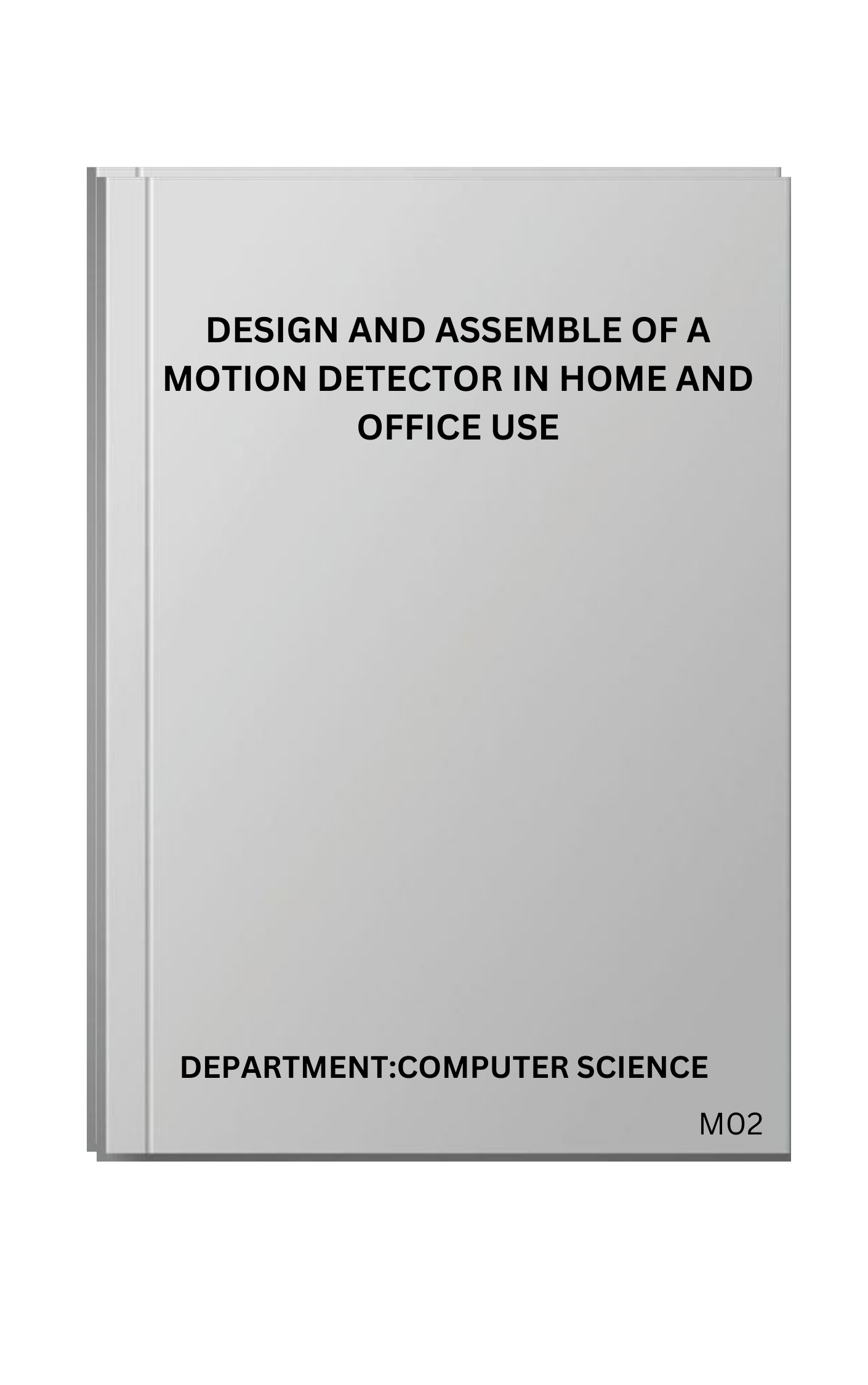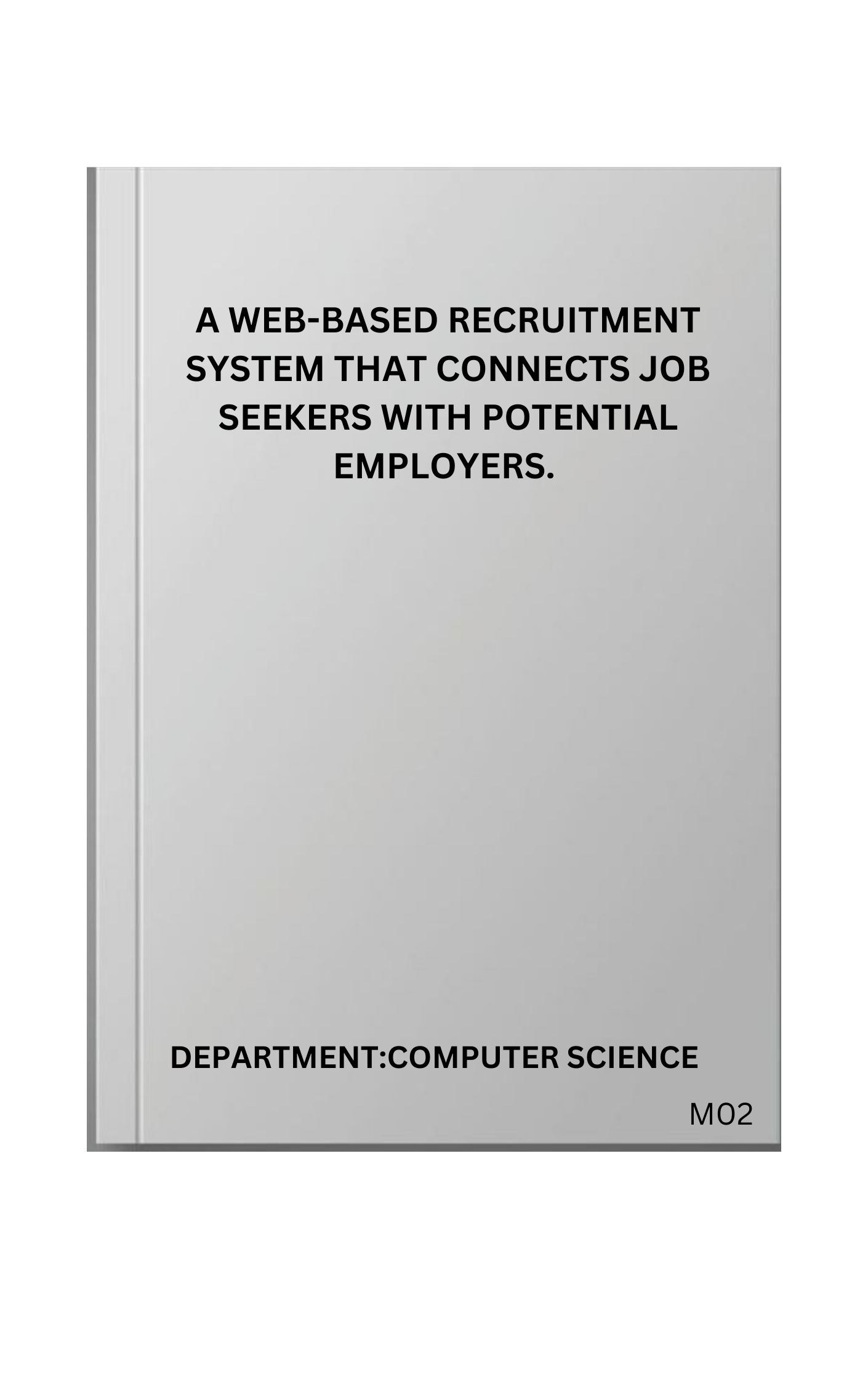CHAPTER ONE: INTRODUCTION
1.1Background to the Study
Reward had been seen to be a vital instrument in employee performance. A well rewarded employee feels that he/she is being valued by the company that he/she is working for. They are also encouraged to work harder and better if they are aware that their well-being is taken seriously by their employers, and that their career and self-development are also being honed and taken care of by their company. Employees are the engine of organization vehicles while reward is the fuel. No organization can achieve its stated objectives without its employees. (Sajuyigbe, Olaoye & Adeyemi, 2013).
Reward is described as all monetary, non-monetary, and psychological payments that an organization provides for its employees. Reward systems is aimed at motivating employees in order to perform better and above expectations. It further aims at retaining them in order to build up high levels of competence. The studies also noted that reward systems are designed to compensate individuals and groups which can be either financial or non-financial (Eziokwu, & Onuoha, 2021).
San, Theen and Heng (2012) suggested that pay/salary, benefits and career opportunities constitute valid dimensions of reward systems. Salary is a form of periodic payment from an employer to an employee, which may be specified in an employment contract. It is contrasted with piece wages, where each job, hour or other unit is paid separately, rather than on a periodic basis. Odoh, (2011) posited that salaries which workers receive from their organizations are significant to them in three ways: economic, psychological growth and motivation. Many productivity and performance oriented organizations today are paying attention to the influence of Man on their holistic activities, hence the need to always ensure appropriate remuneration to reduce the threats of low productivity. This present paradigm shift has accounted for the reason why personnel department and structures of many small or big private or public organizations now have a section assigned with the functions of ensuring that employees are fairly and adequately rewarded. These reward systems may include but not limited to non-monetary rewards or non-cash payments in the form of annual leave, casual leave, healthcare plan, loan, gratuity and pension plans (Henderson, 2007).
Markova and Ford (2011) mentions that the real success of companies originate from employees’ willingness to use their creativity, abilities and know-how in favour of the company and it is organization’s task to encourage and nourish these positive employee inputs by putting effective reward practices in place. Motivated employees are more productive, more efficient and more willing to work towards organizational goals than the employees who are experiencing low levels of motivation. The highly motivated employees serve as the competitive advantage for any company because their performance leads an organization to well accomplishment of its goals (Rizwan & Ali, 2010).
1.2Statement of the Problem
In an ideal situation, the job performance and productivity of an employee are supposed to be the most significant considerations for determining whether to promote or reward a staff (Adebisi & Oladipo, 2015).
This is however not the case in most of small business enterprises in Nigeria, the reward system is stiff, rigid, time-bound and of pecking-order. Therefore, creating an appropriate reward mechanism for good performance in the civil service is a challenging task. There is no freedom like in the private sector to introduce bonuses or offer packs. The volume of work done has no effect on staff pay; an employee may be doing the work of three or four people this will not translate to reward in any form (whether intrinsic or extrinsic) (Sunday & Adedayo, 2015). Work is not equally shared among staff of the same level grade in the civil service organisations and this may make it difficult to reward the hardworking staff. Similarly, it is equally complicated to define what actually constitutes outstanding performance in the public service. Employees who are nonchalant know that at the end of each month they will be paid and be rewarded equally, since the reward system is a global one not based on job performance but based on salary grade levels. As a result of this individuals may not be interested to put in their best for high productivity since the take home pay of employees in same grade levels at the end of the month will be uniform, without reflecting the level of actual work done by individual employees. (Sunday & Adedayo, 2015).
In response to this problem this research intends to investigate reward system and employee’s productivity in Nigeria.
1.3 Research Questions
The research questions are as follows
1.Does award given as a form of positive feedback really motivate employees to work harder in Small scale businesses?
2.Does workplace recognition motivate employee’s productivity and loyalty to Small scale businesses?
3.Does performance bonus help boost staff morale in Small scale businesses?
4.Does promotion influence employees to work harder than is required in small scale businesses?
PAY TO GET COMPLETE PROJECT

